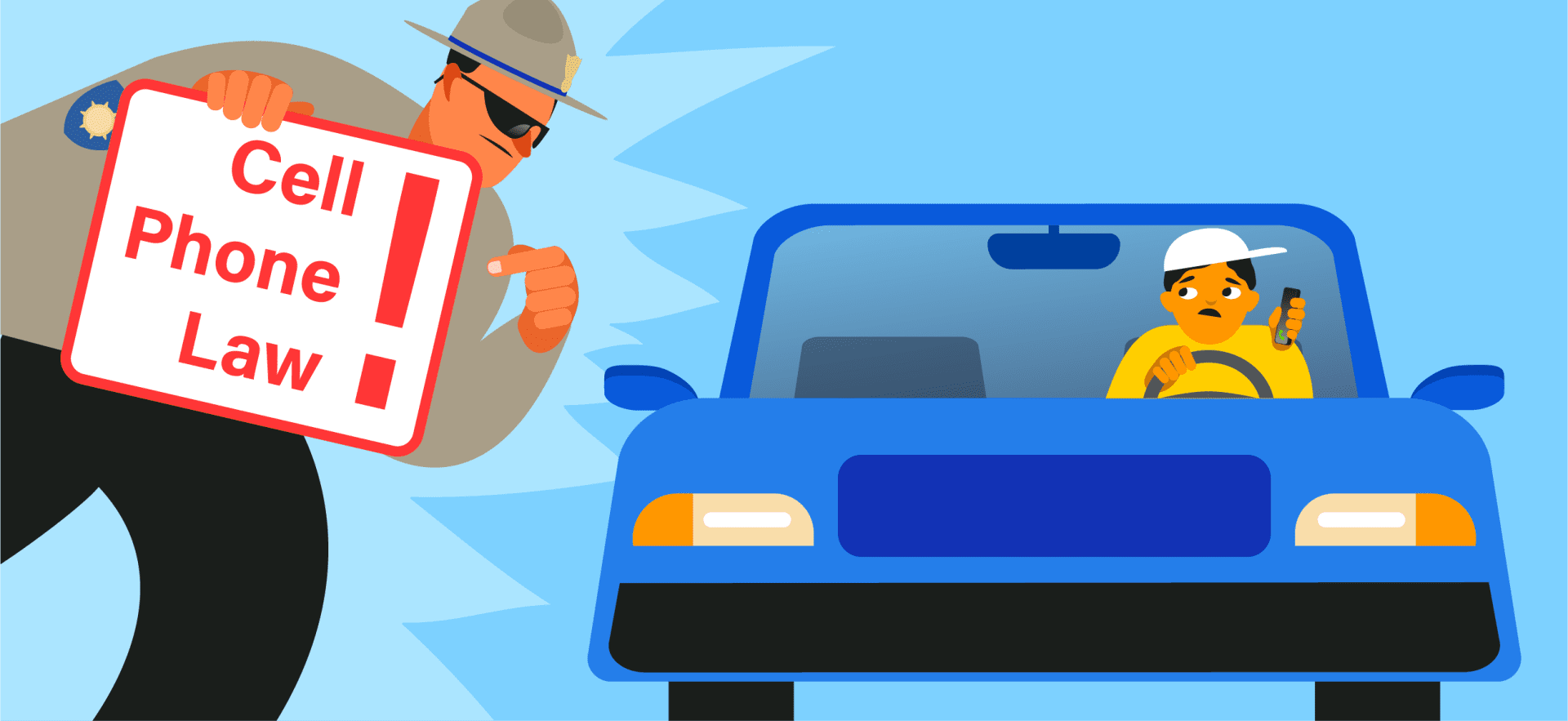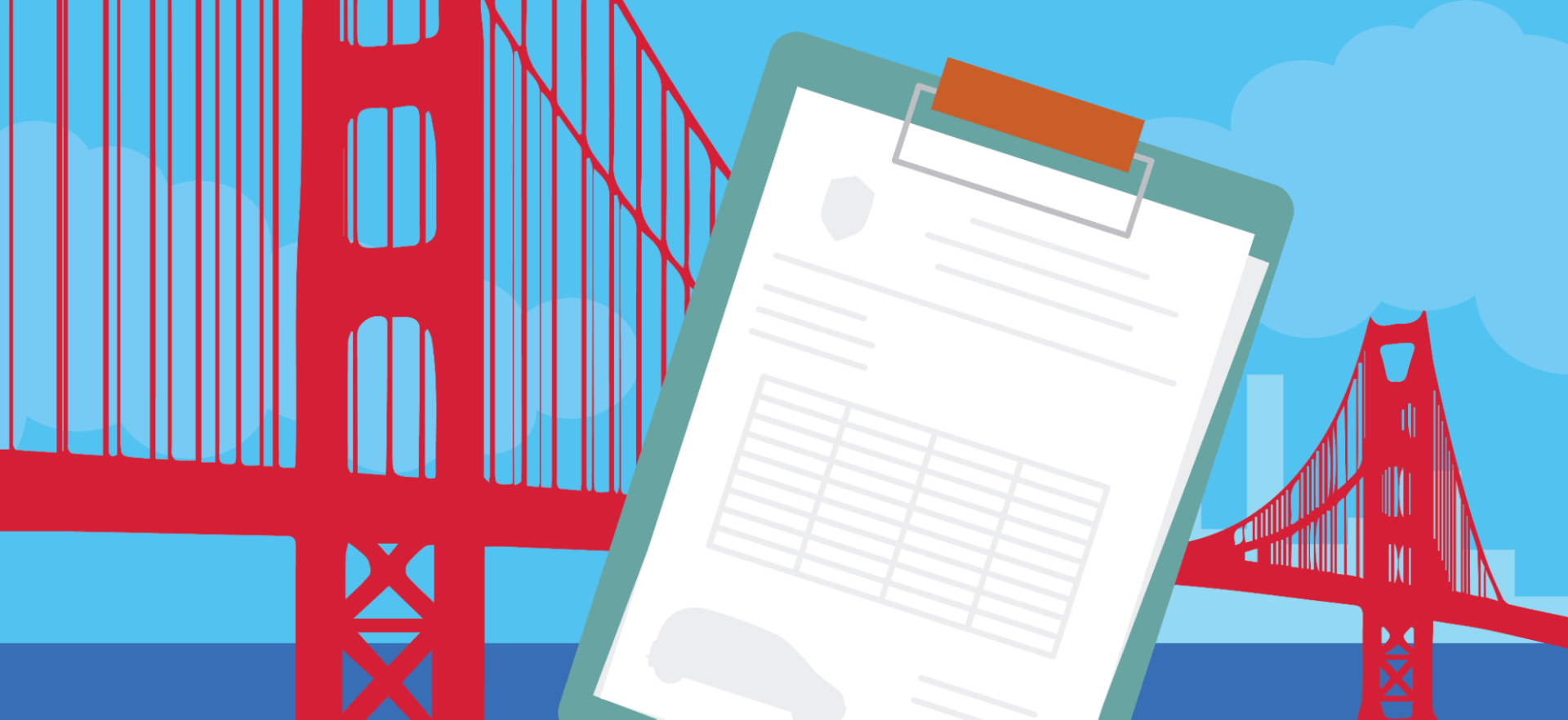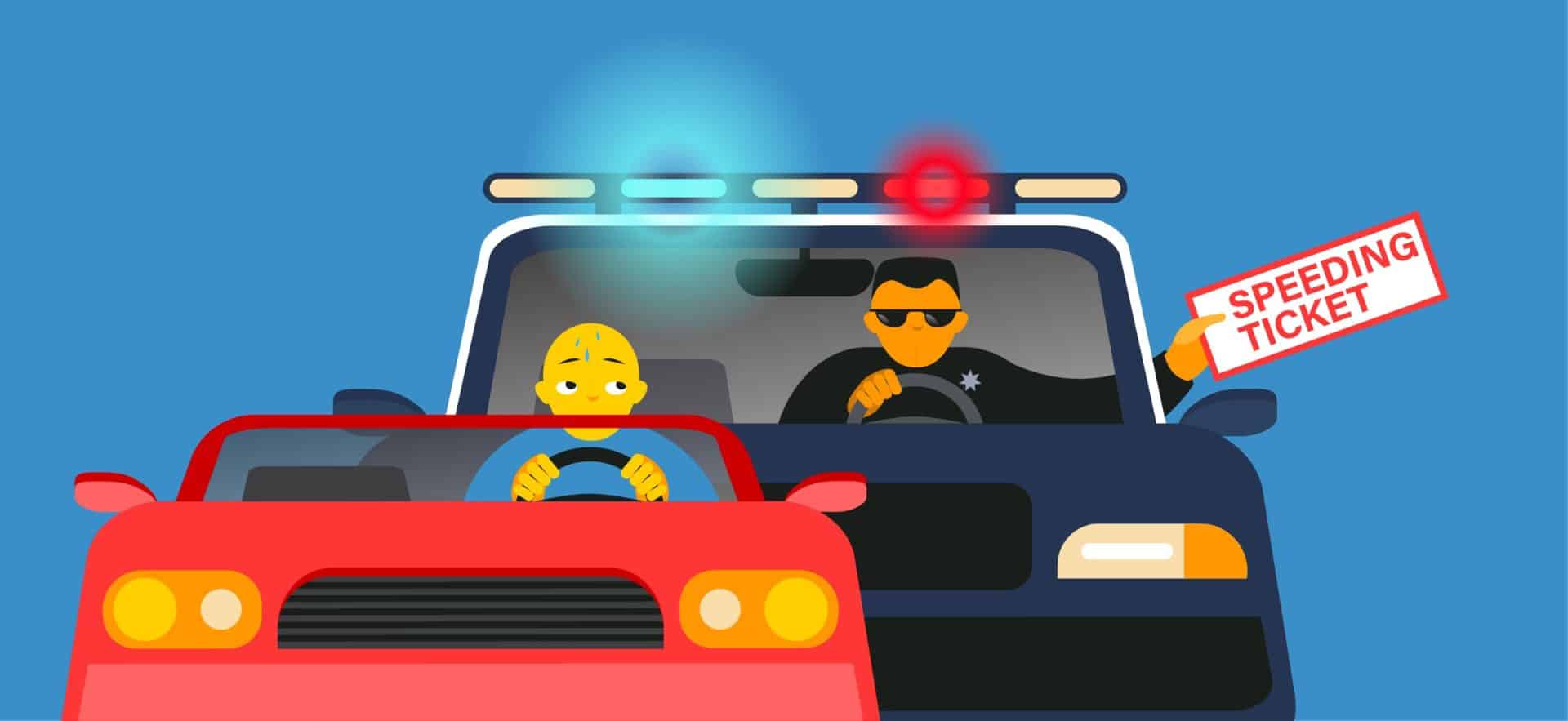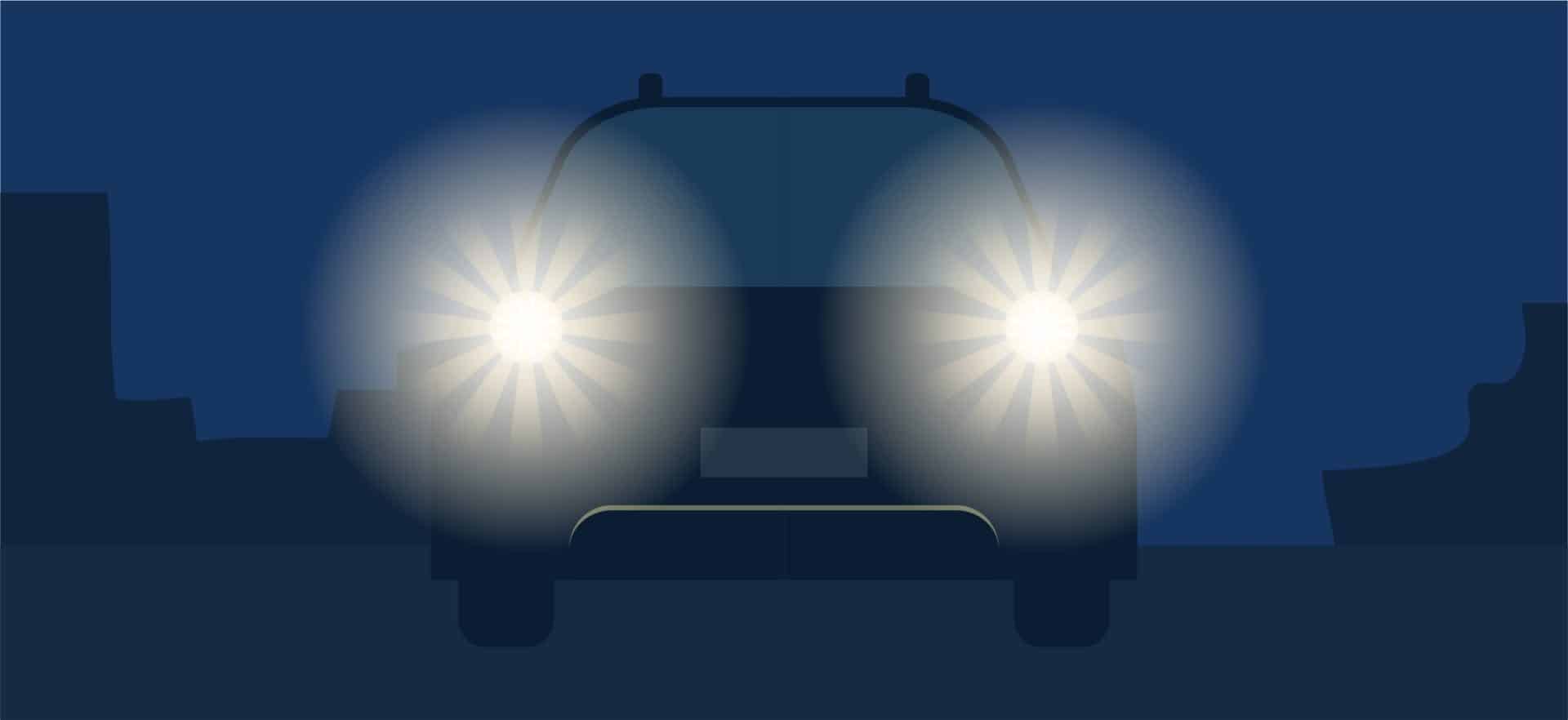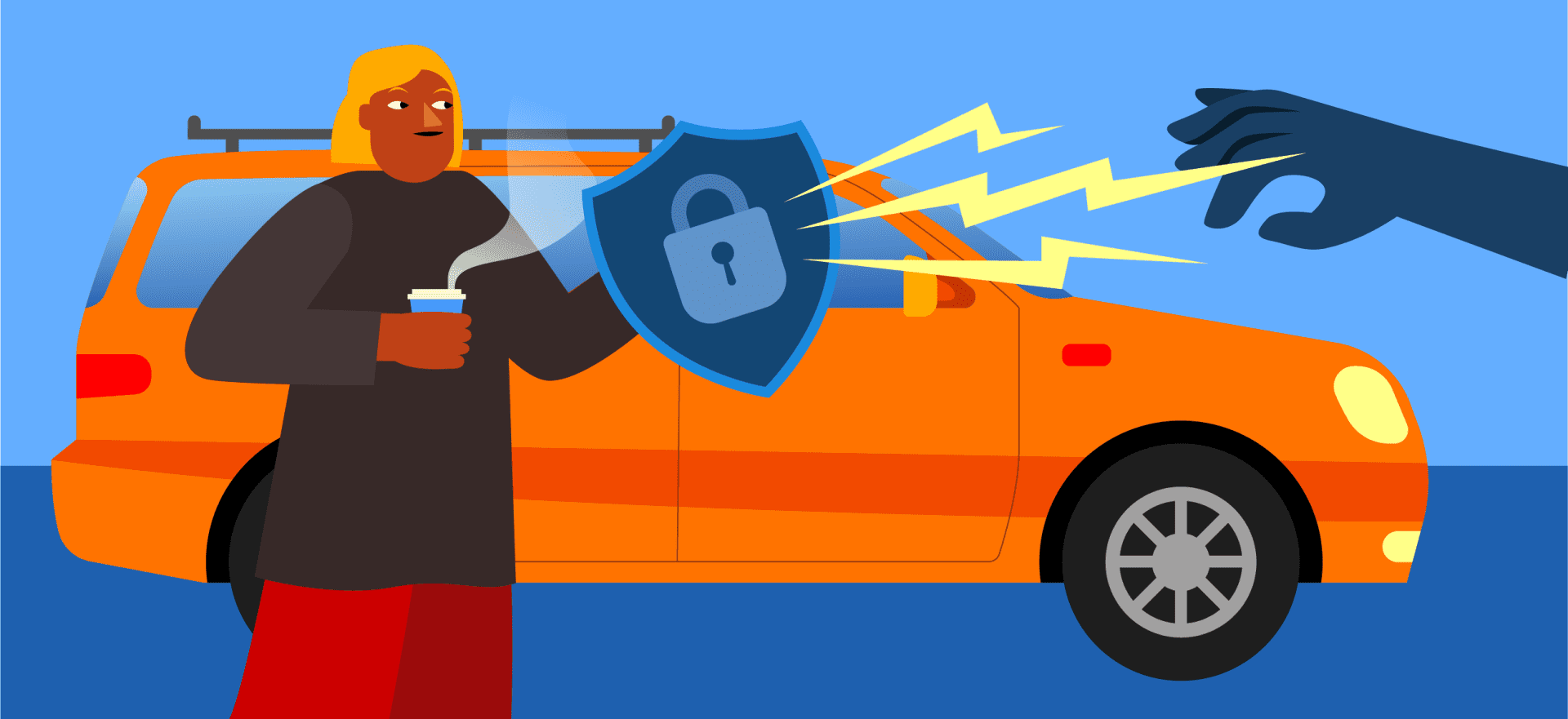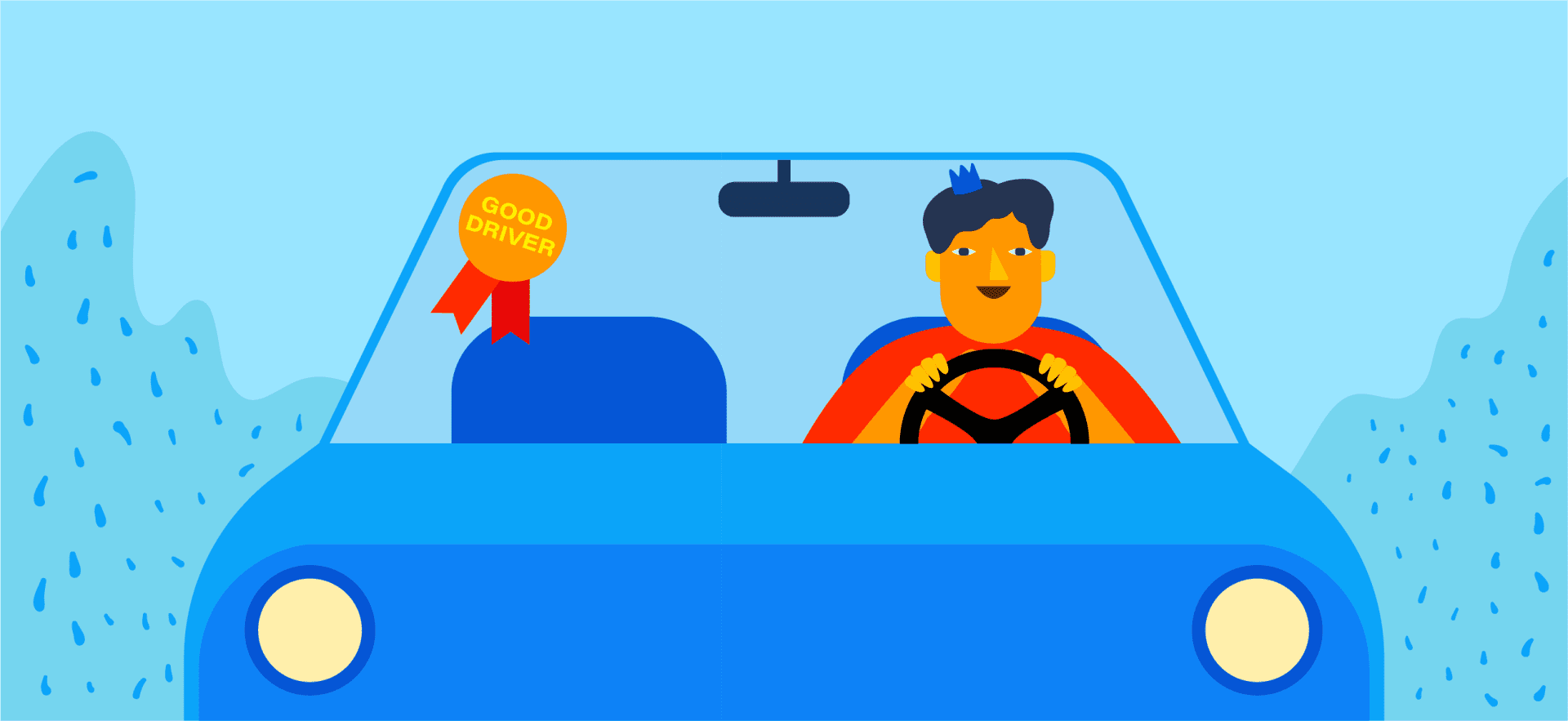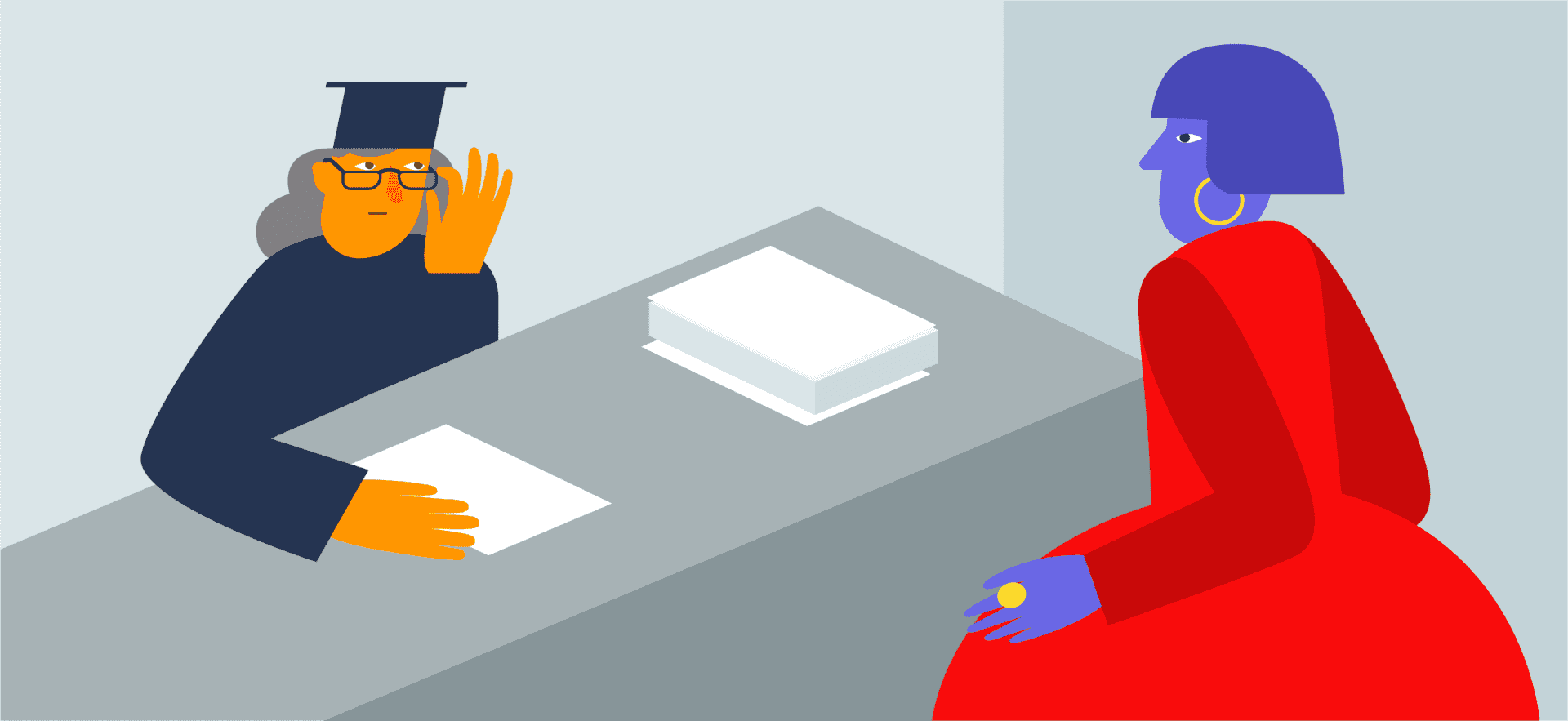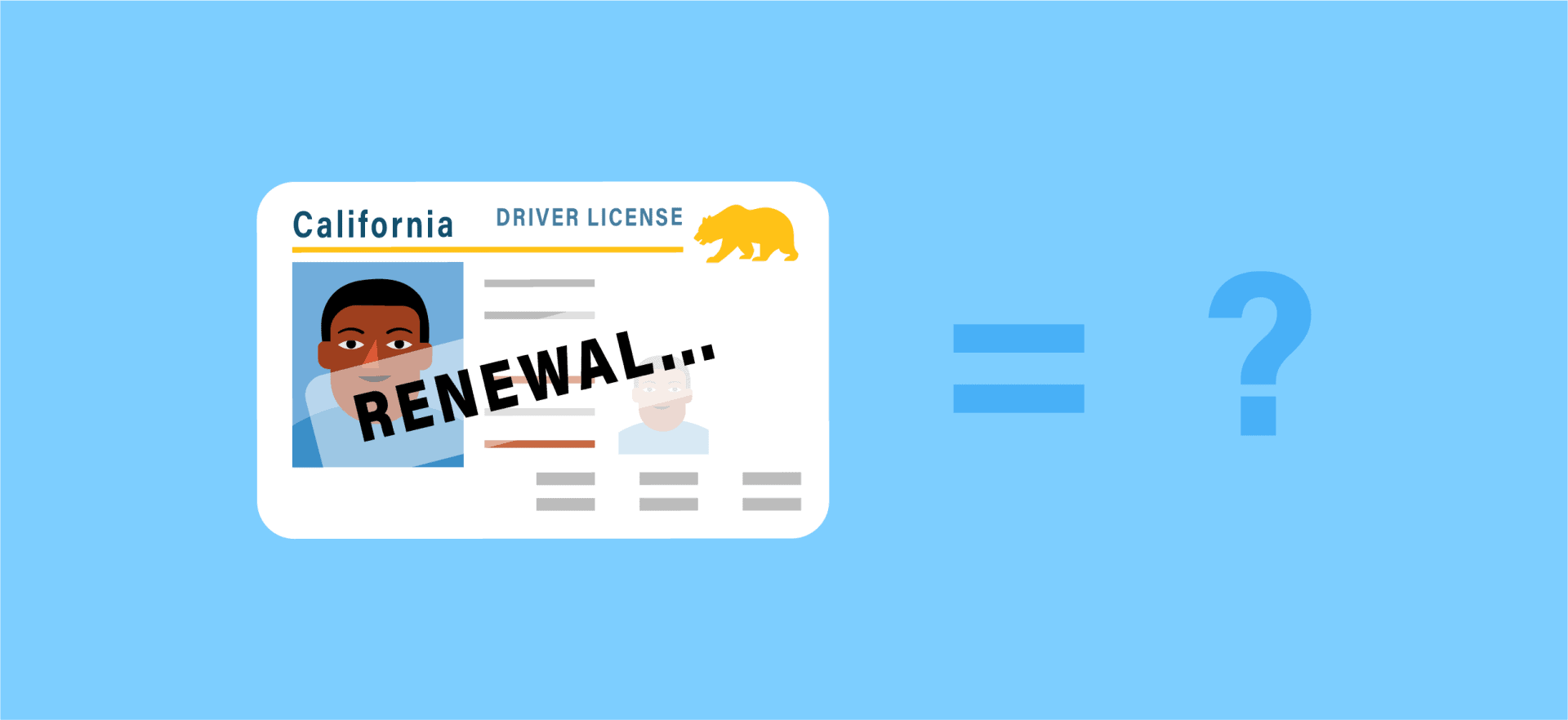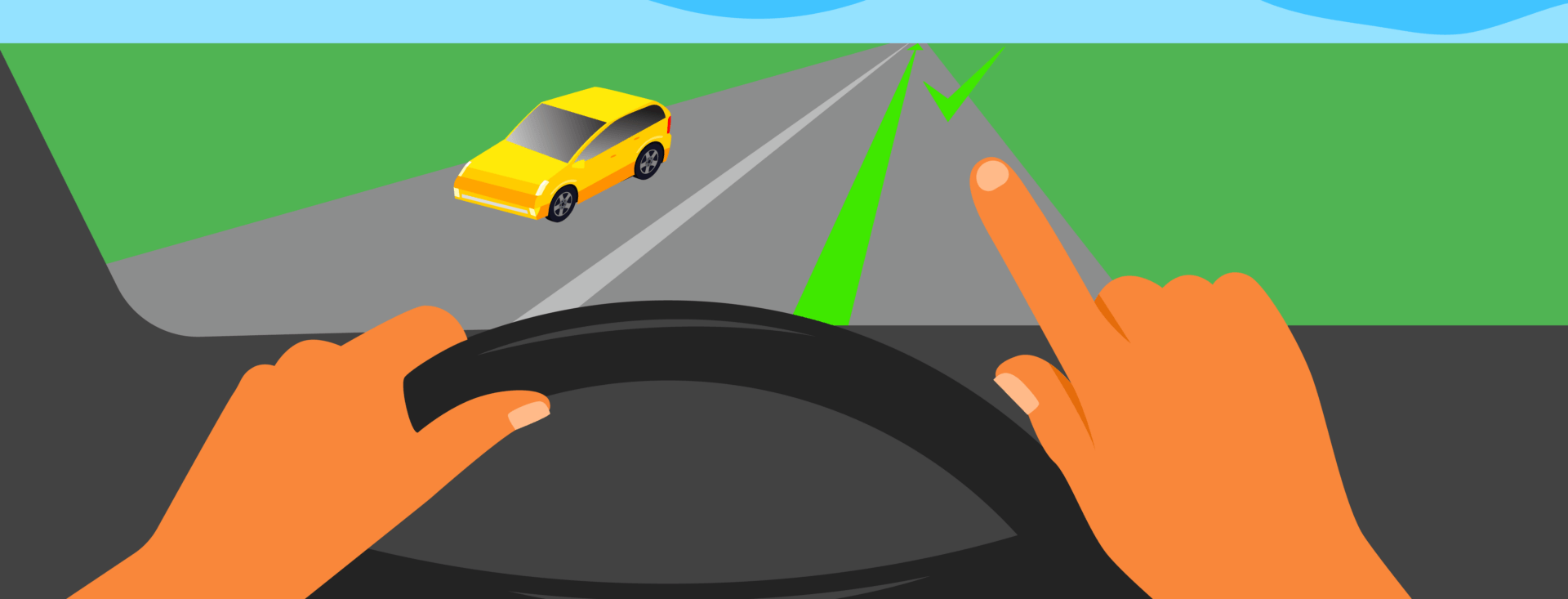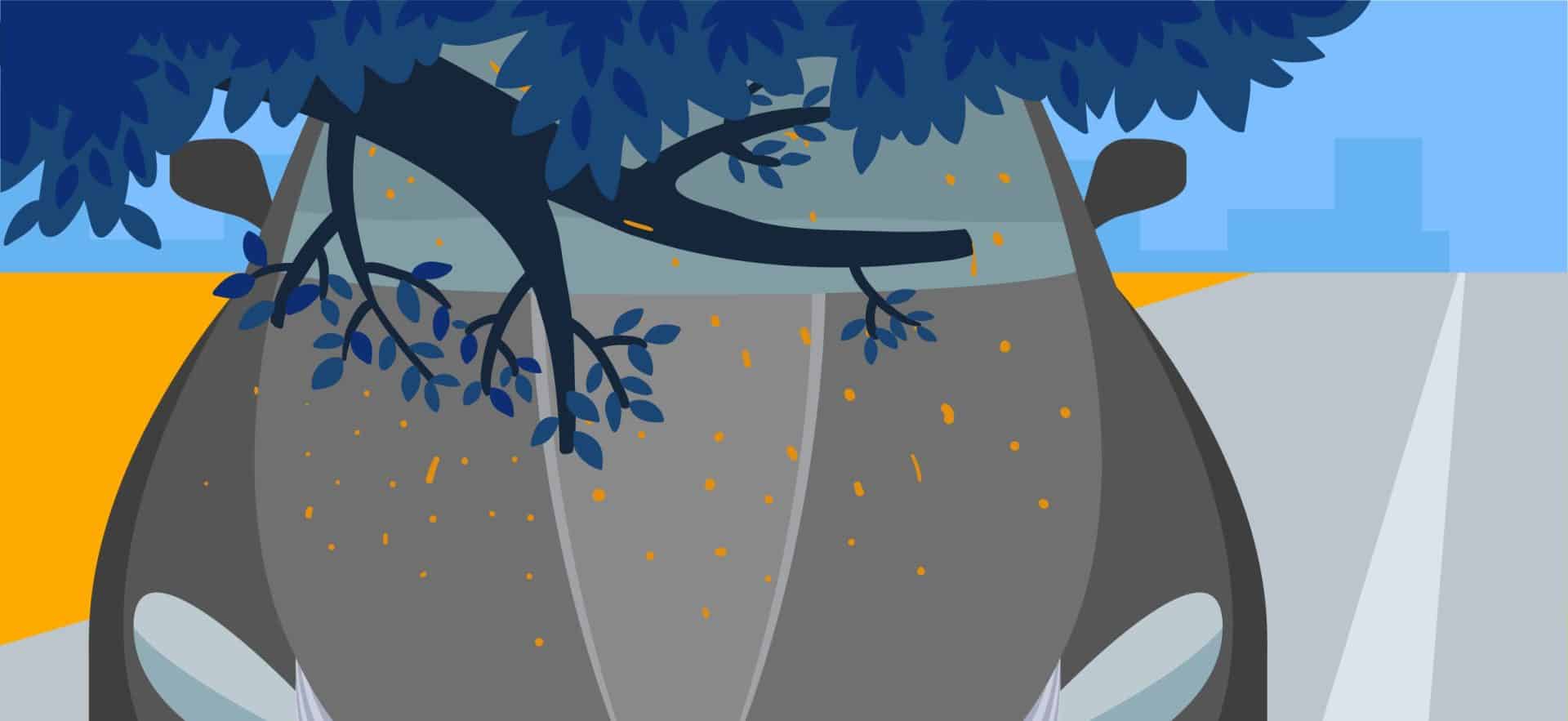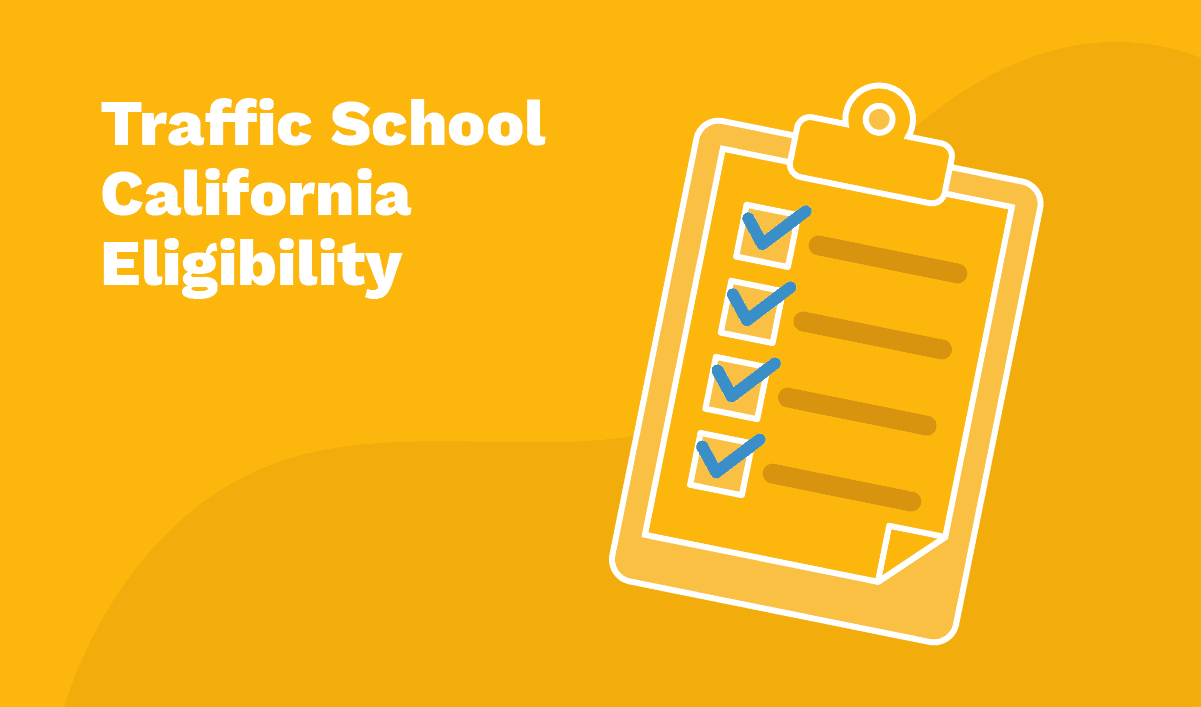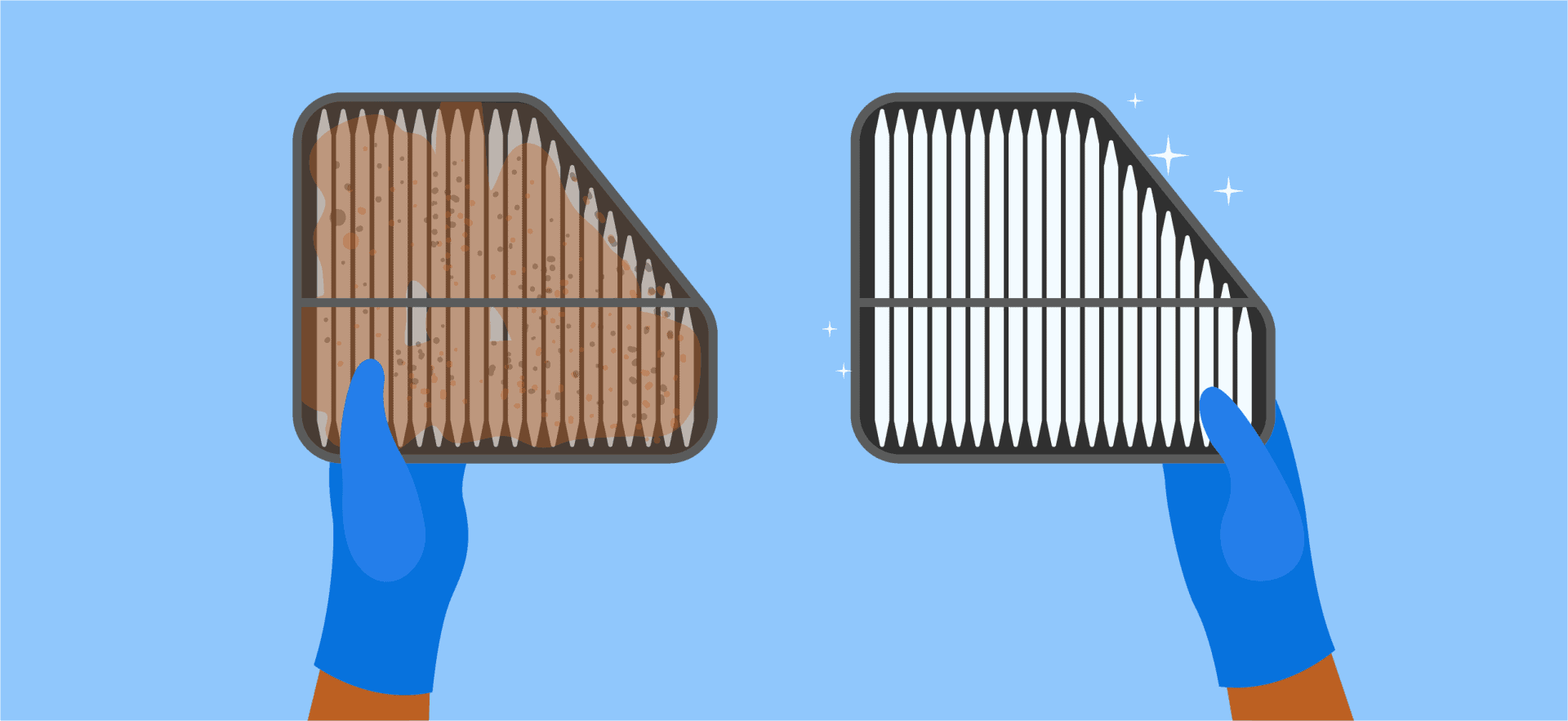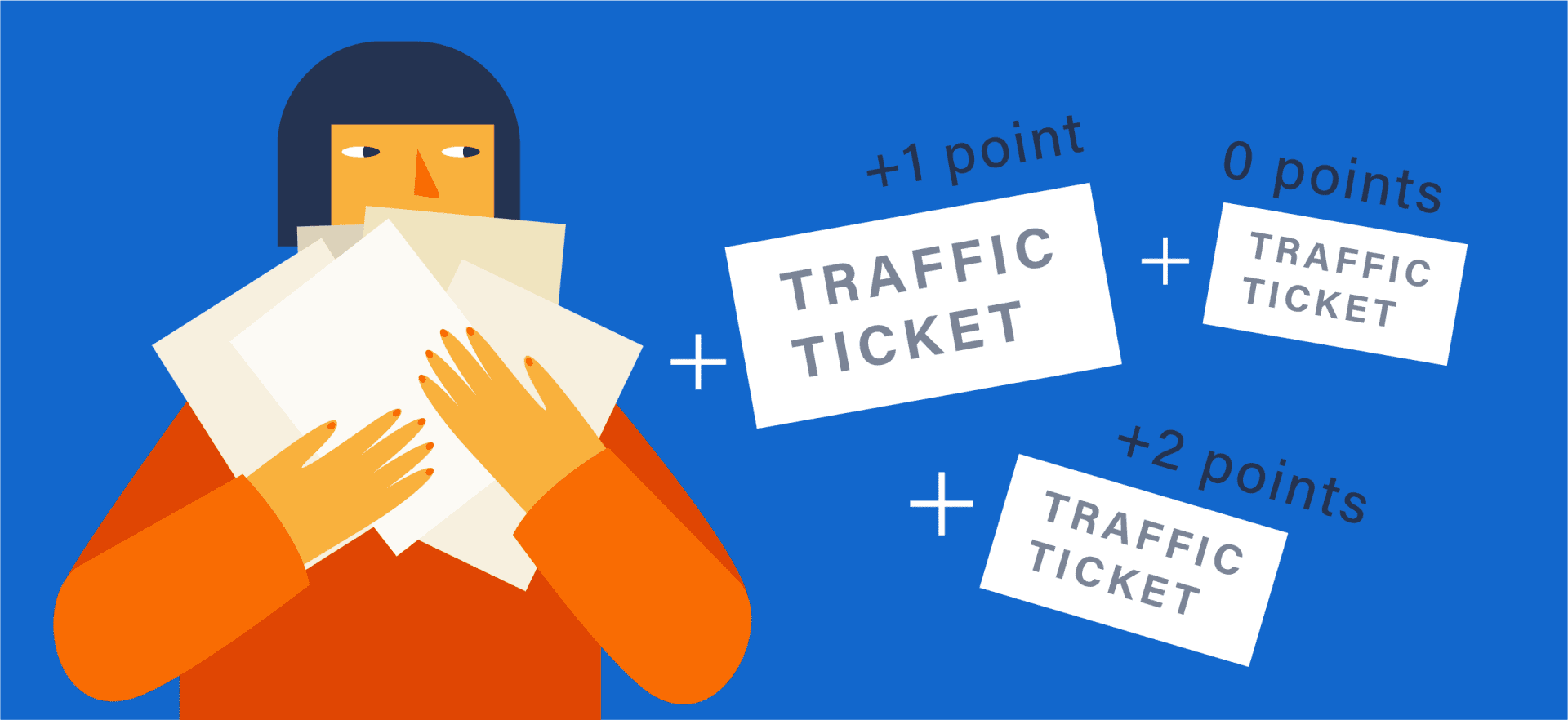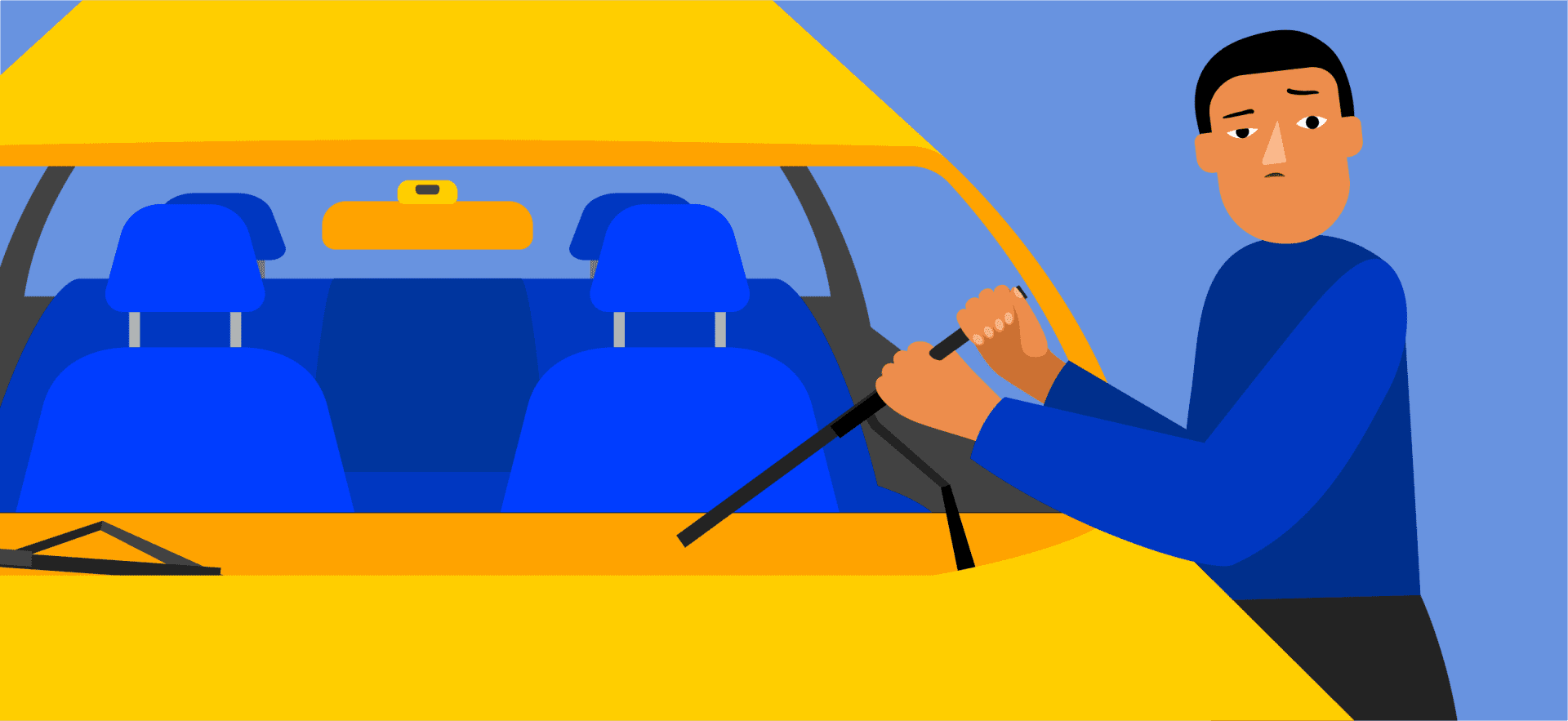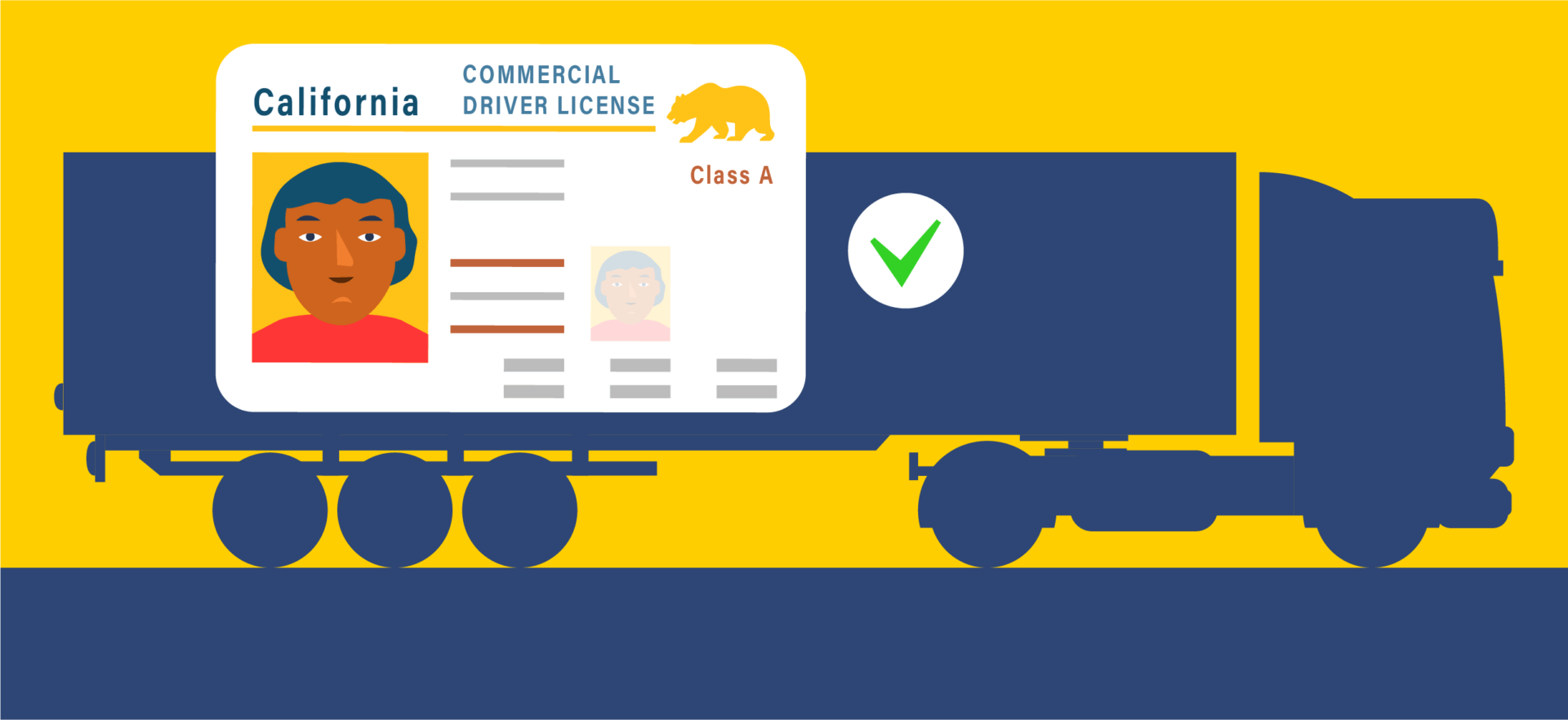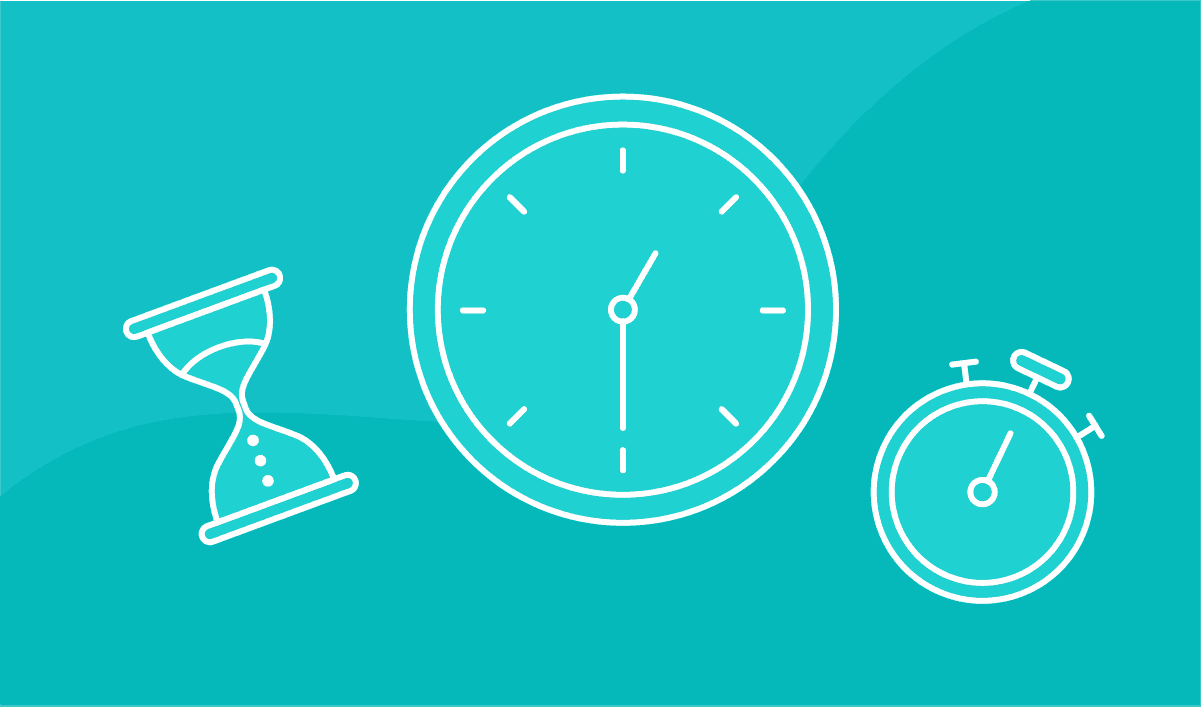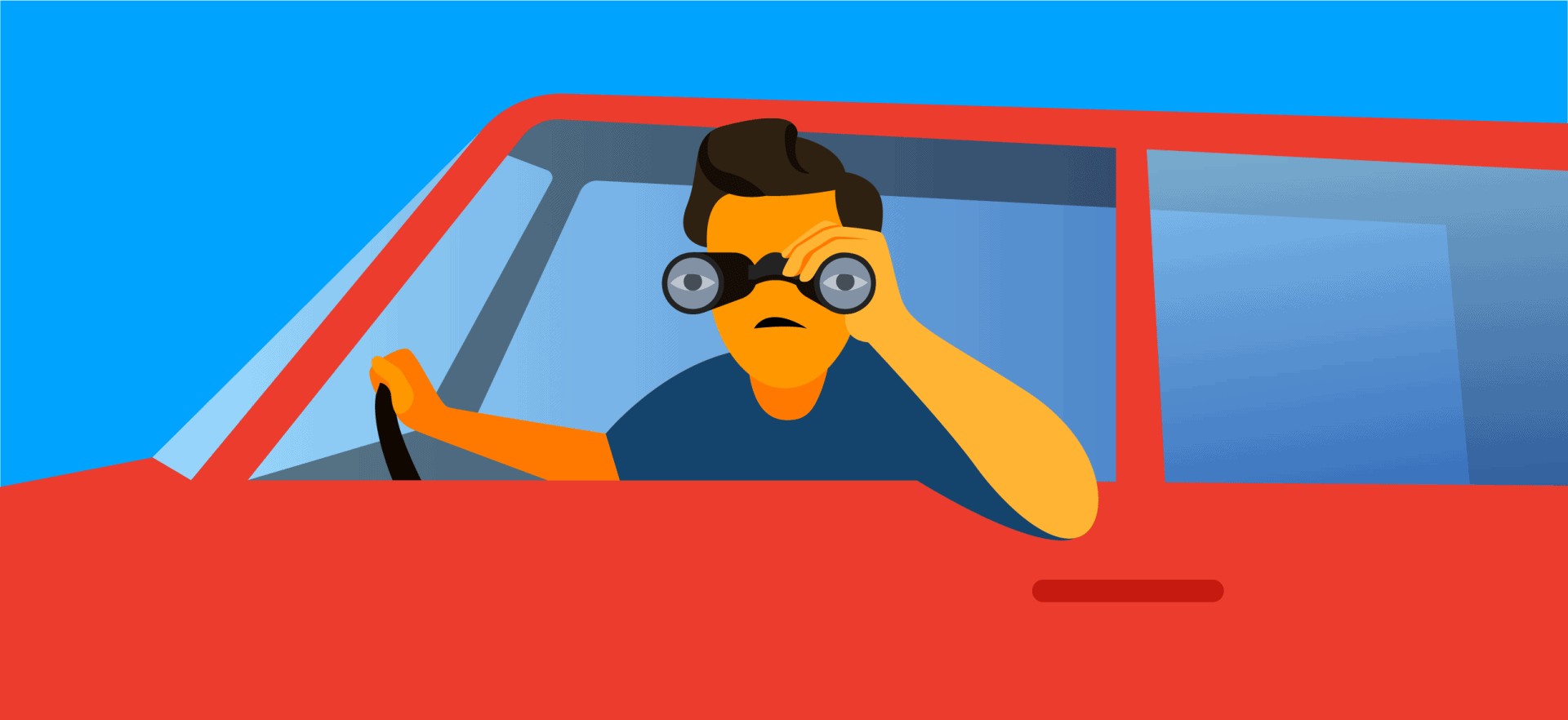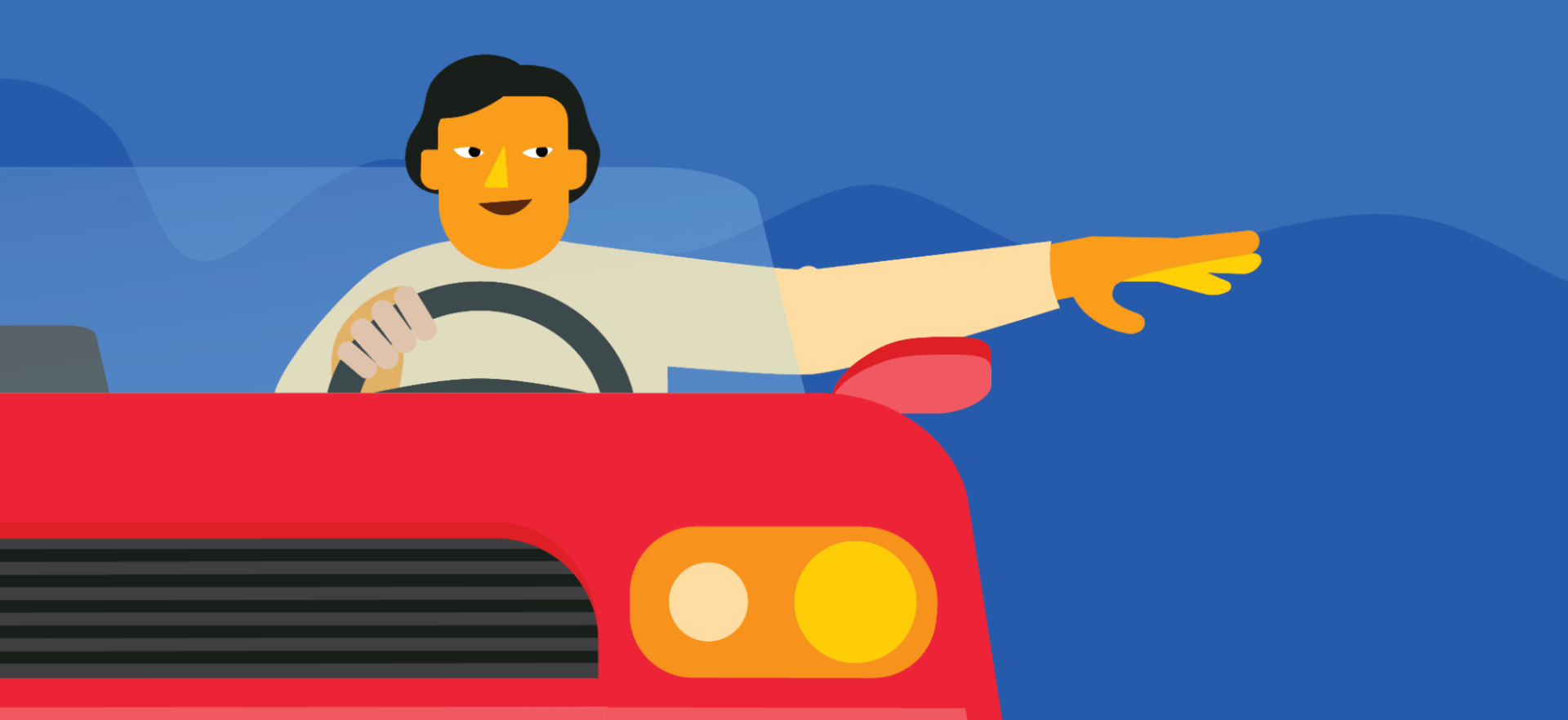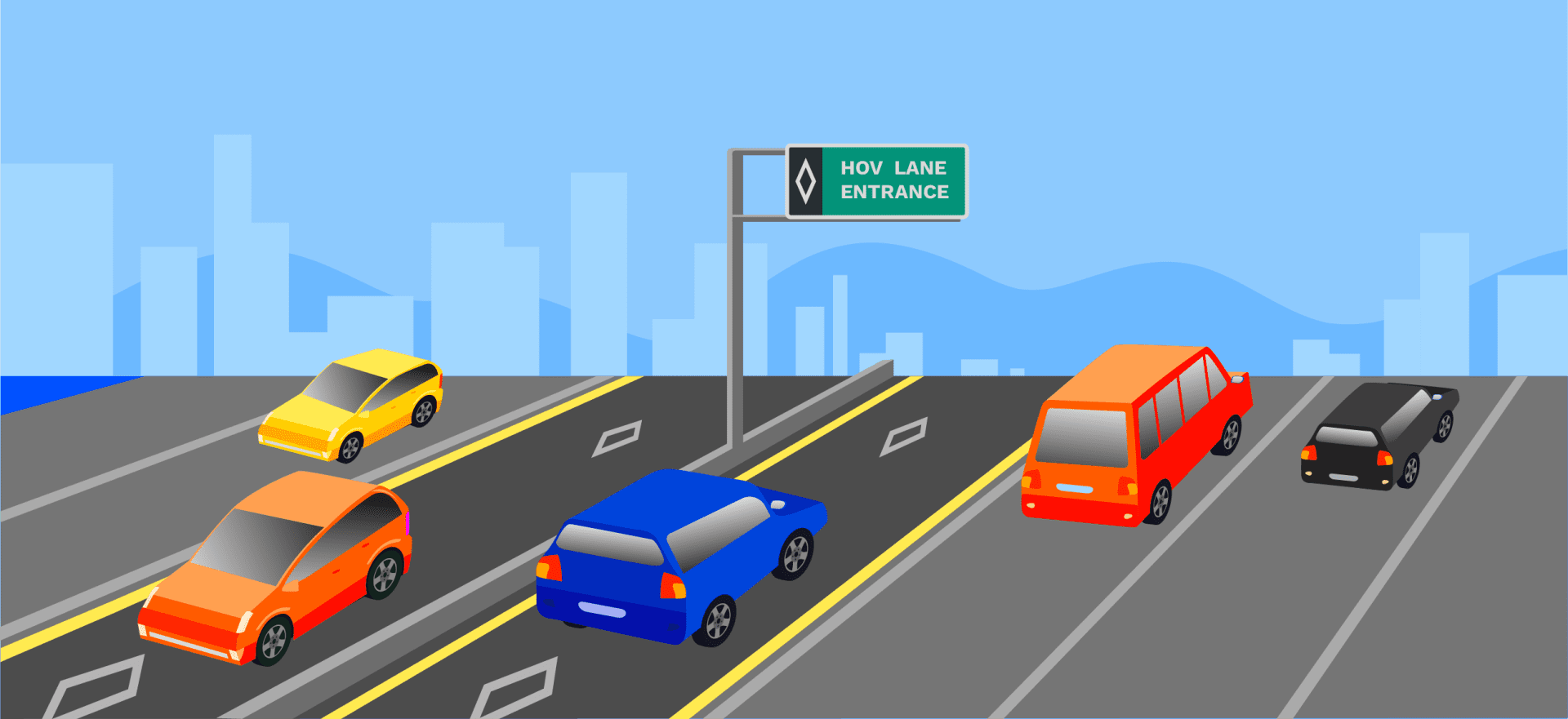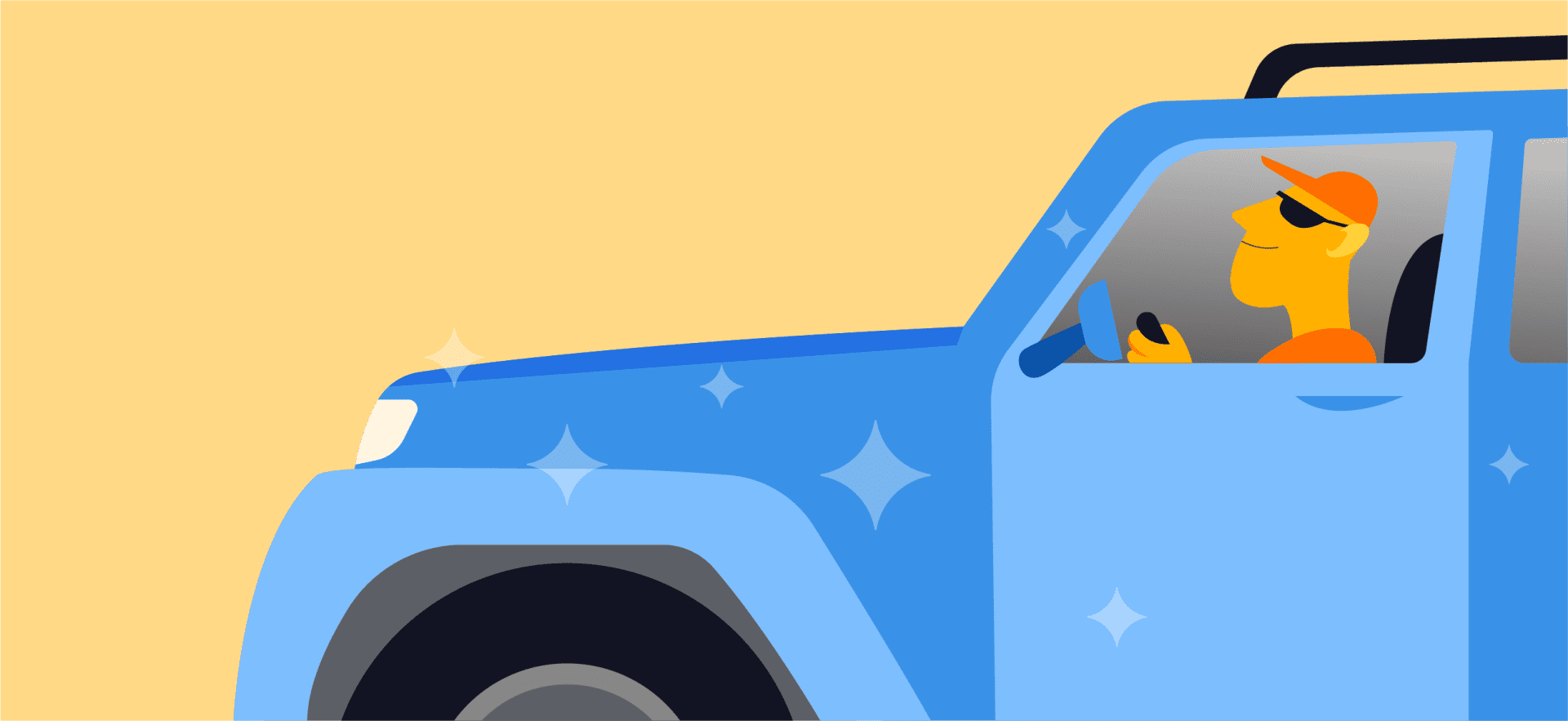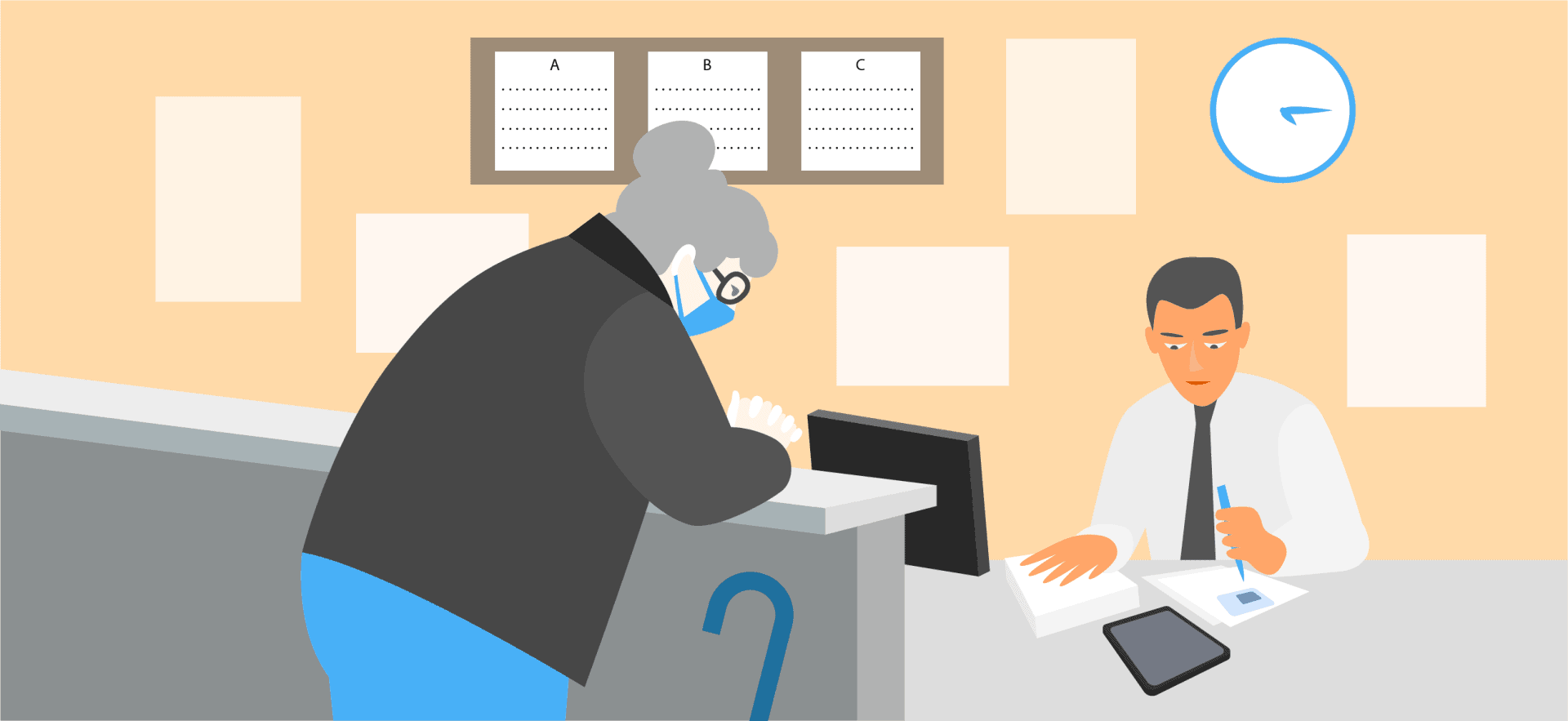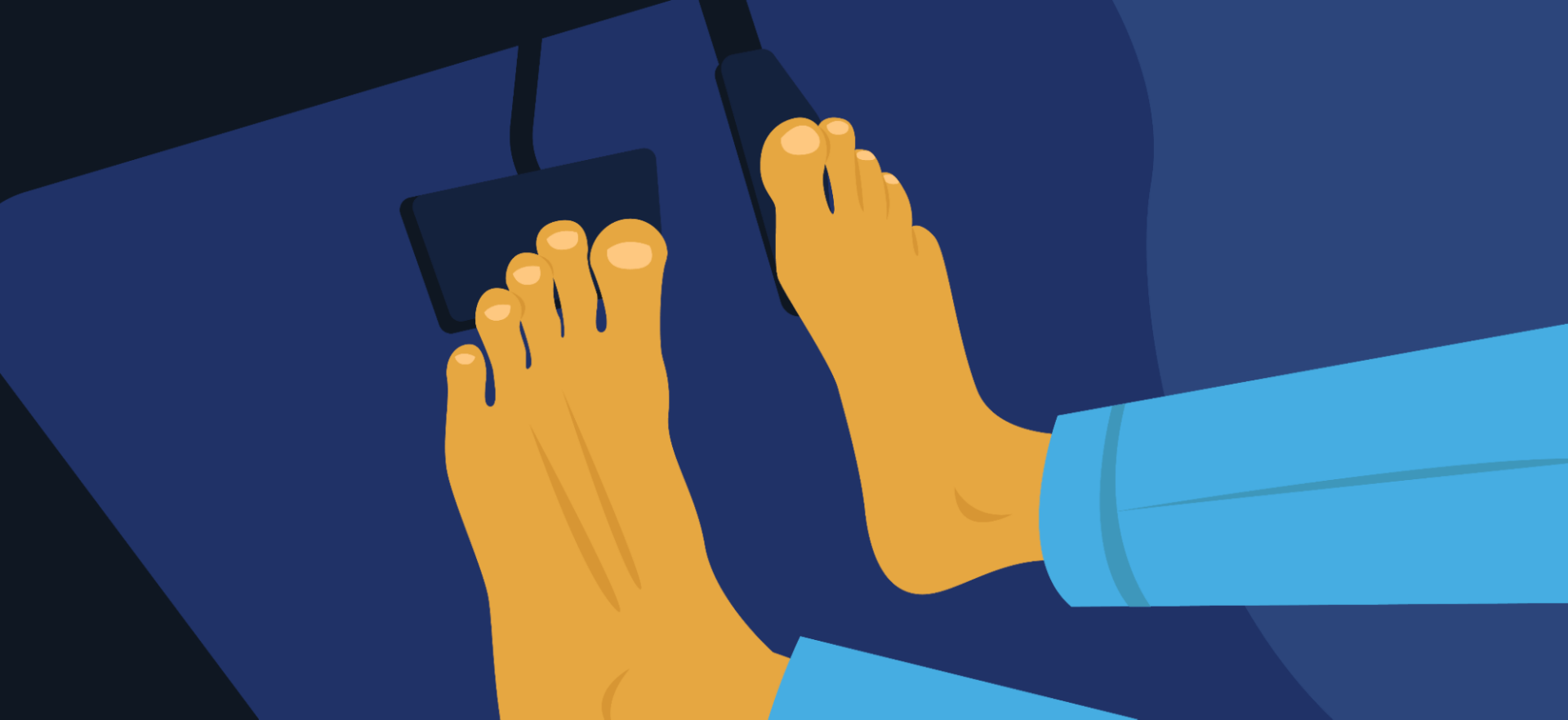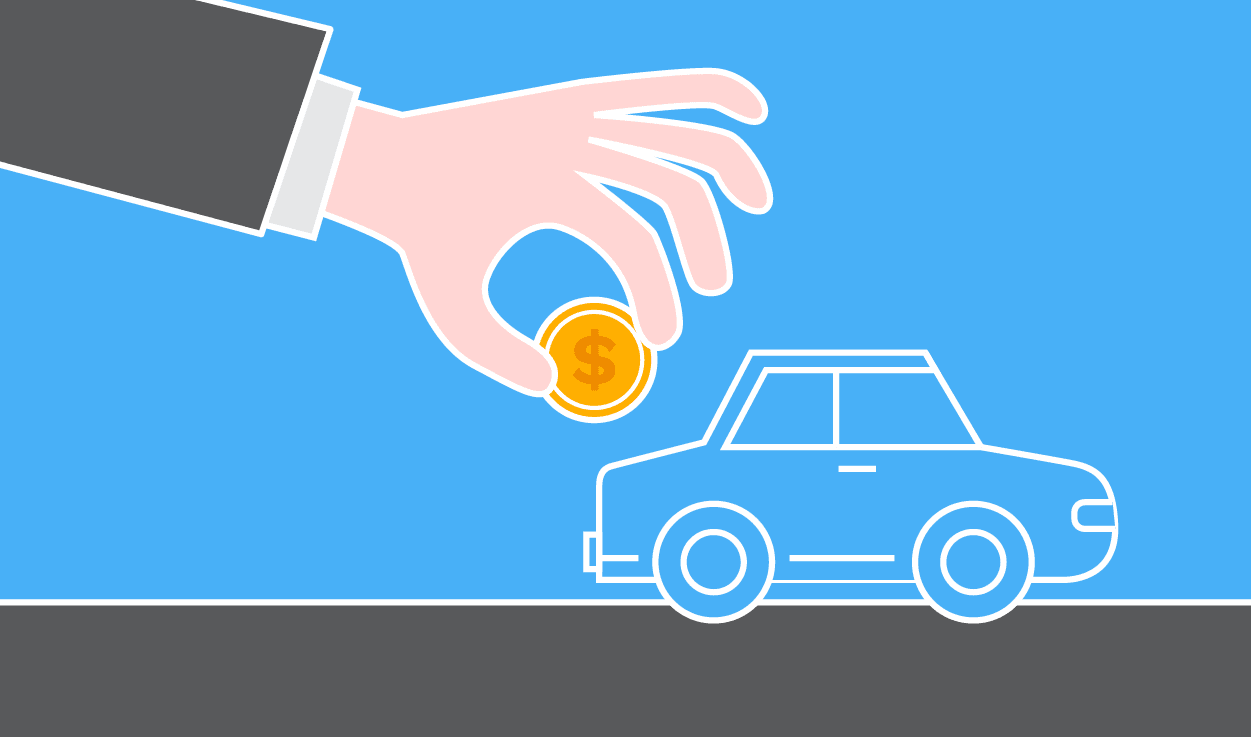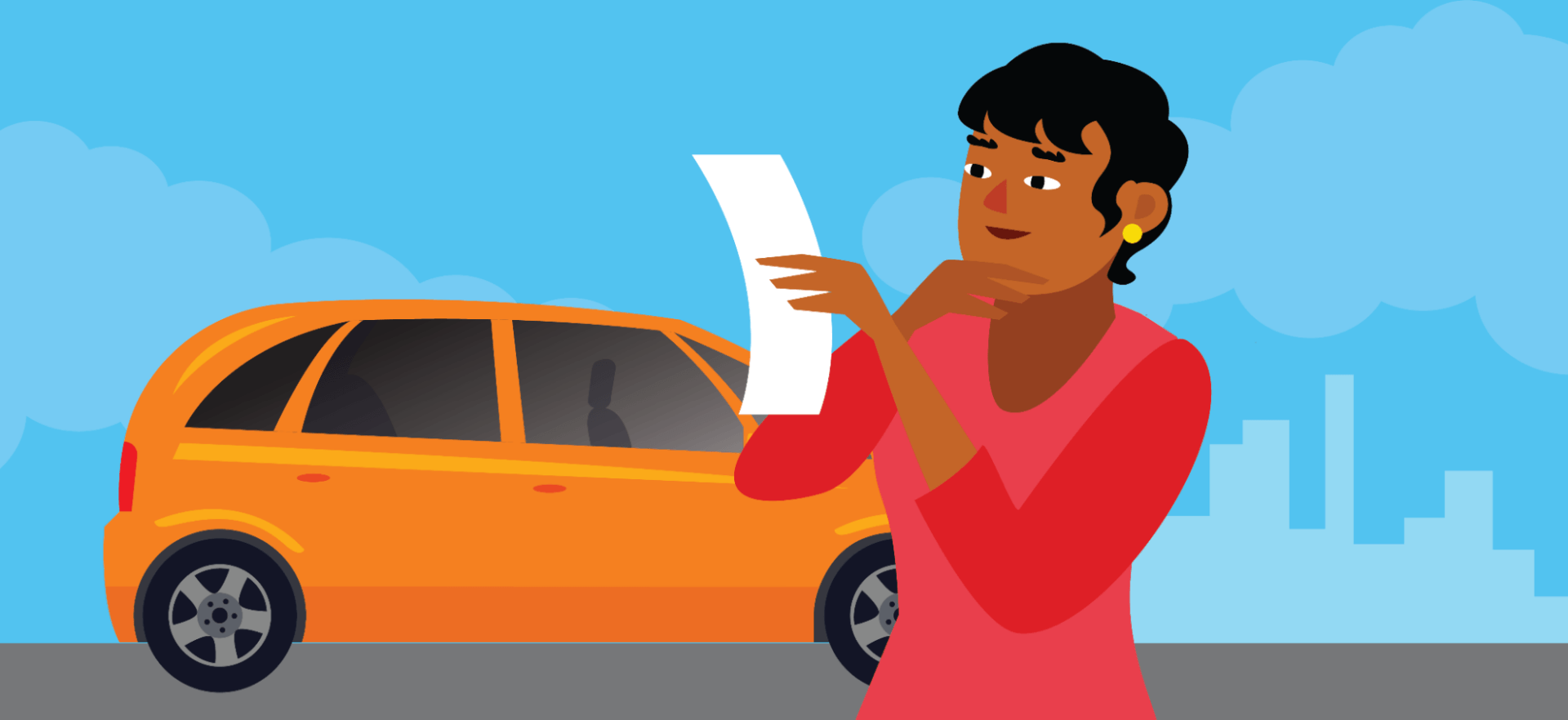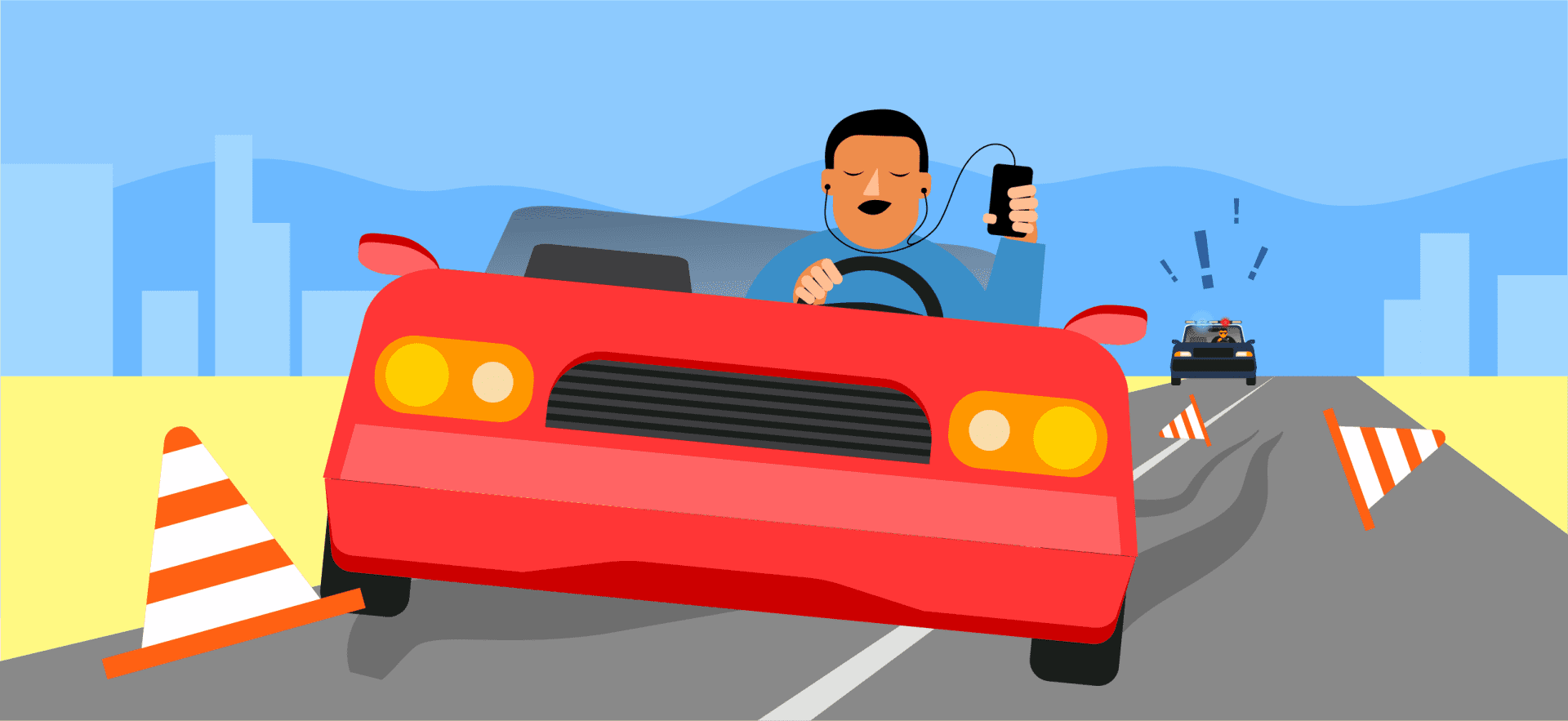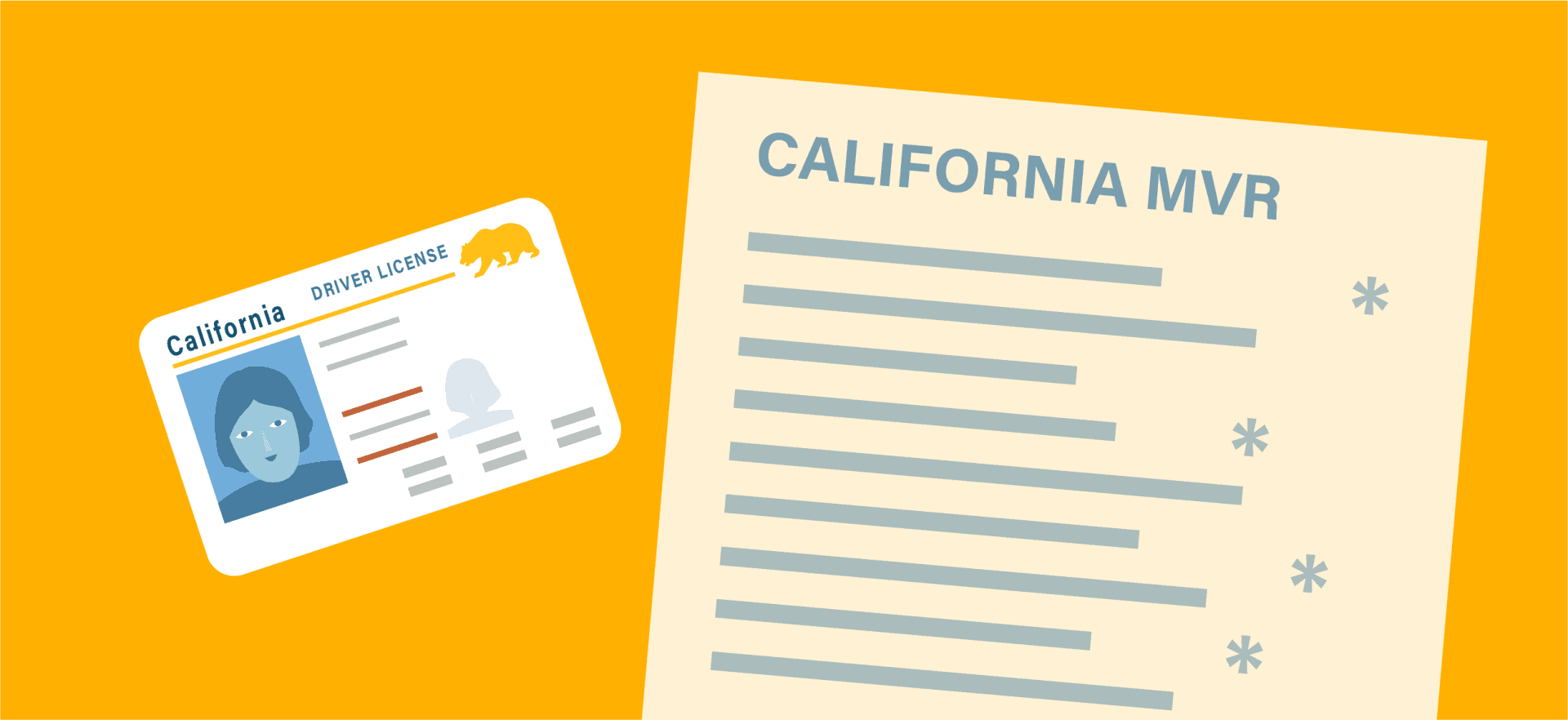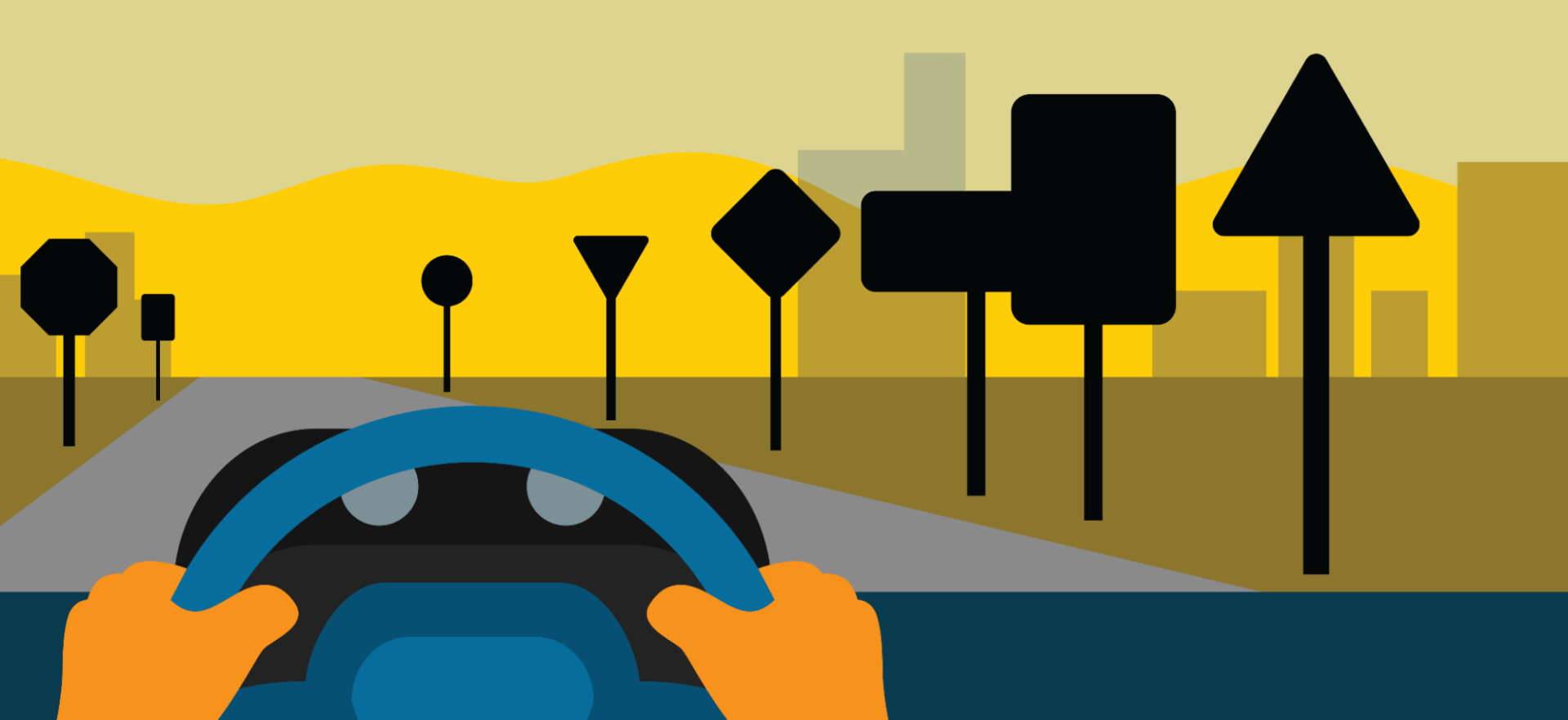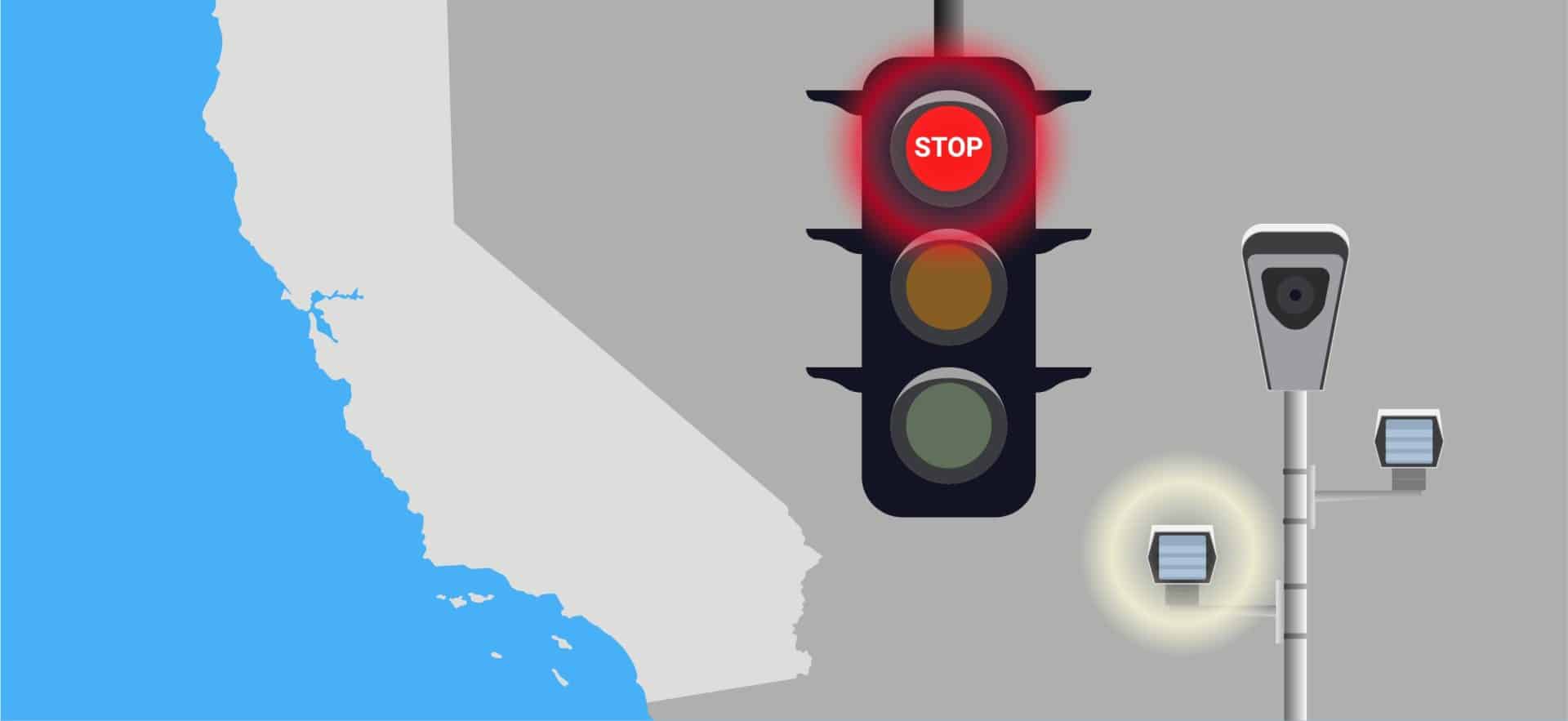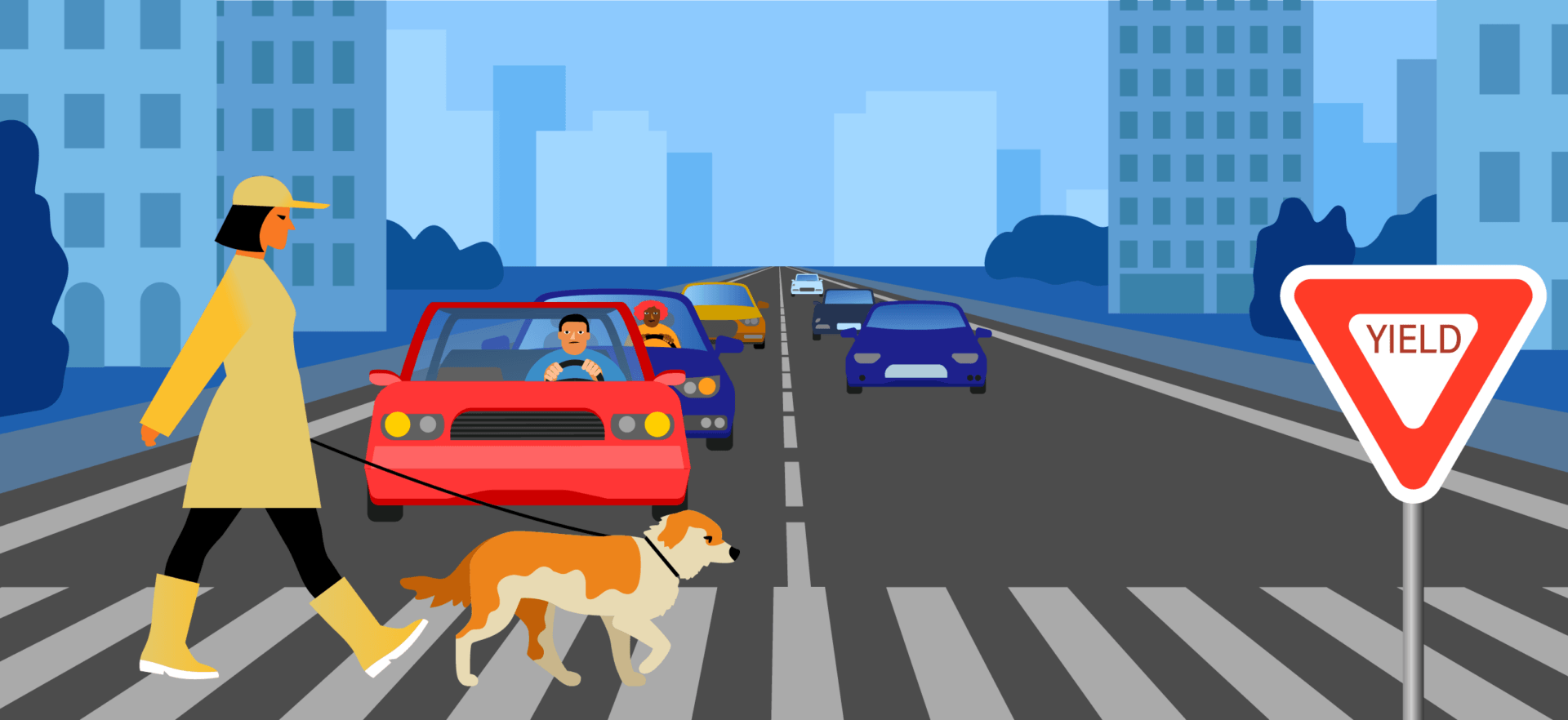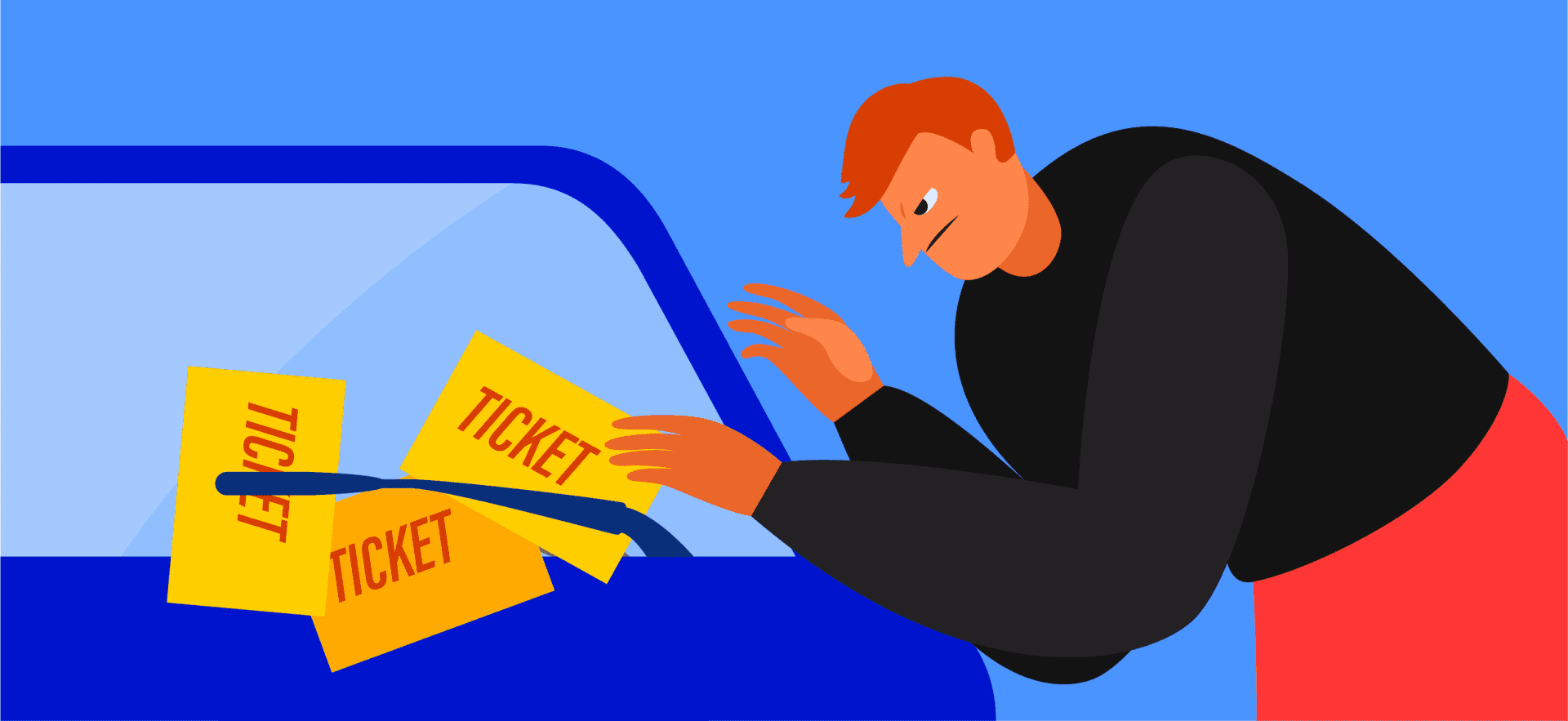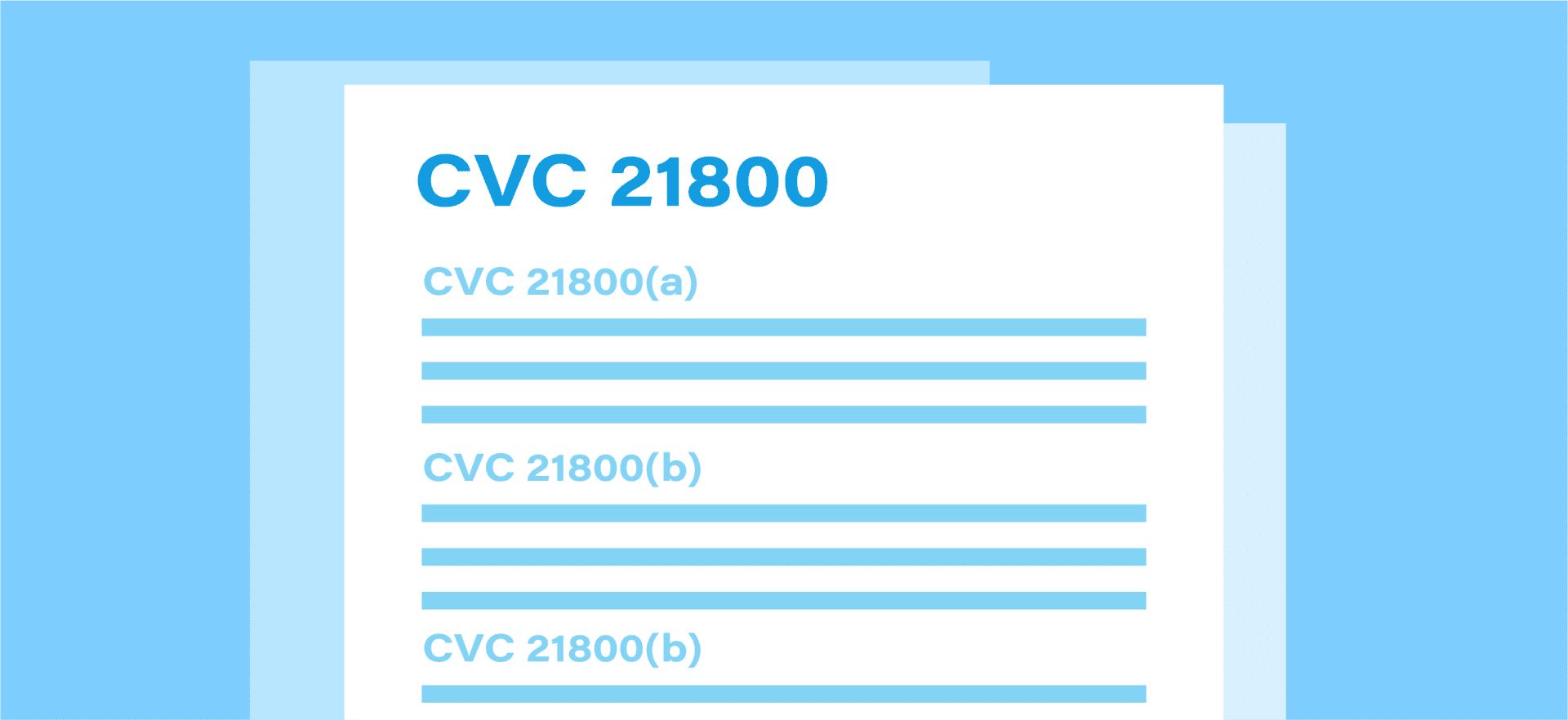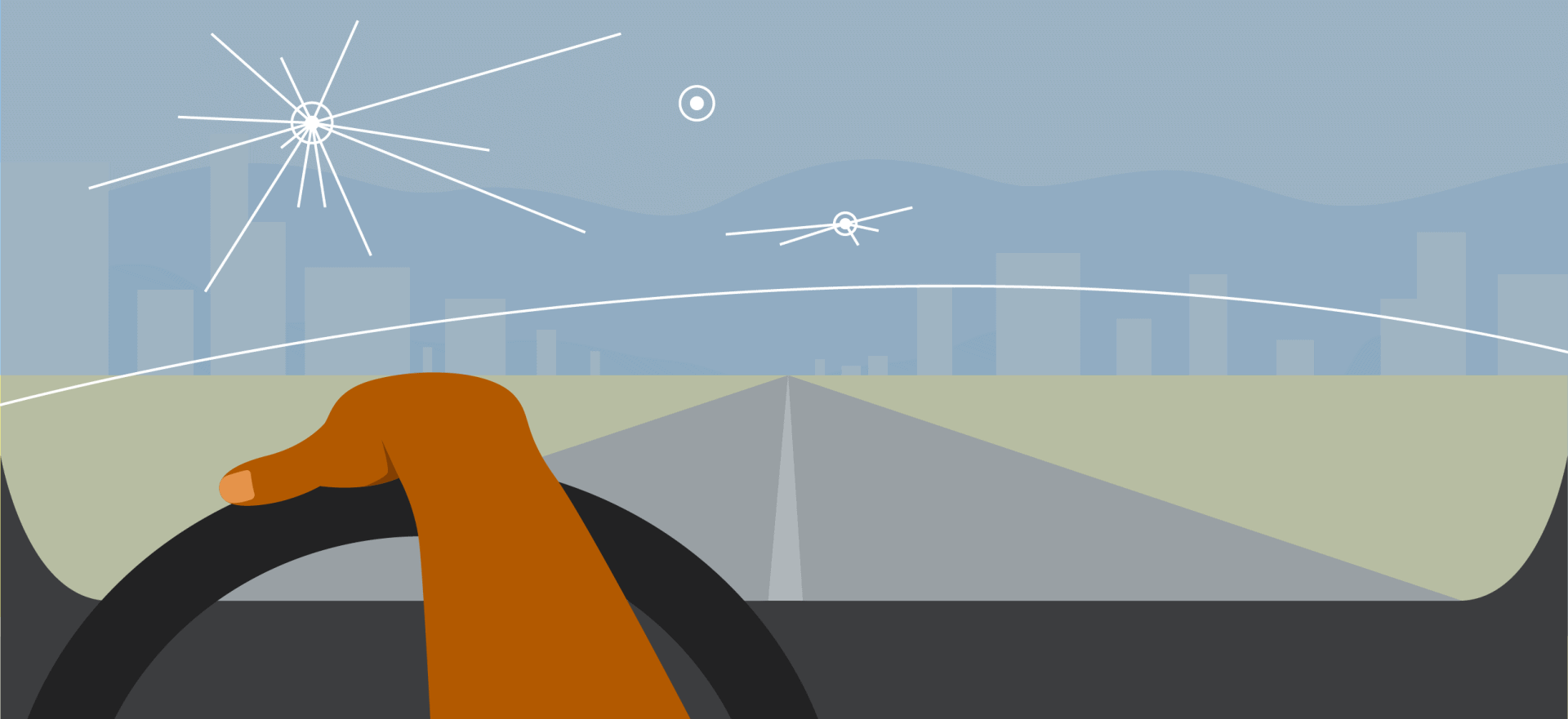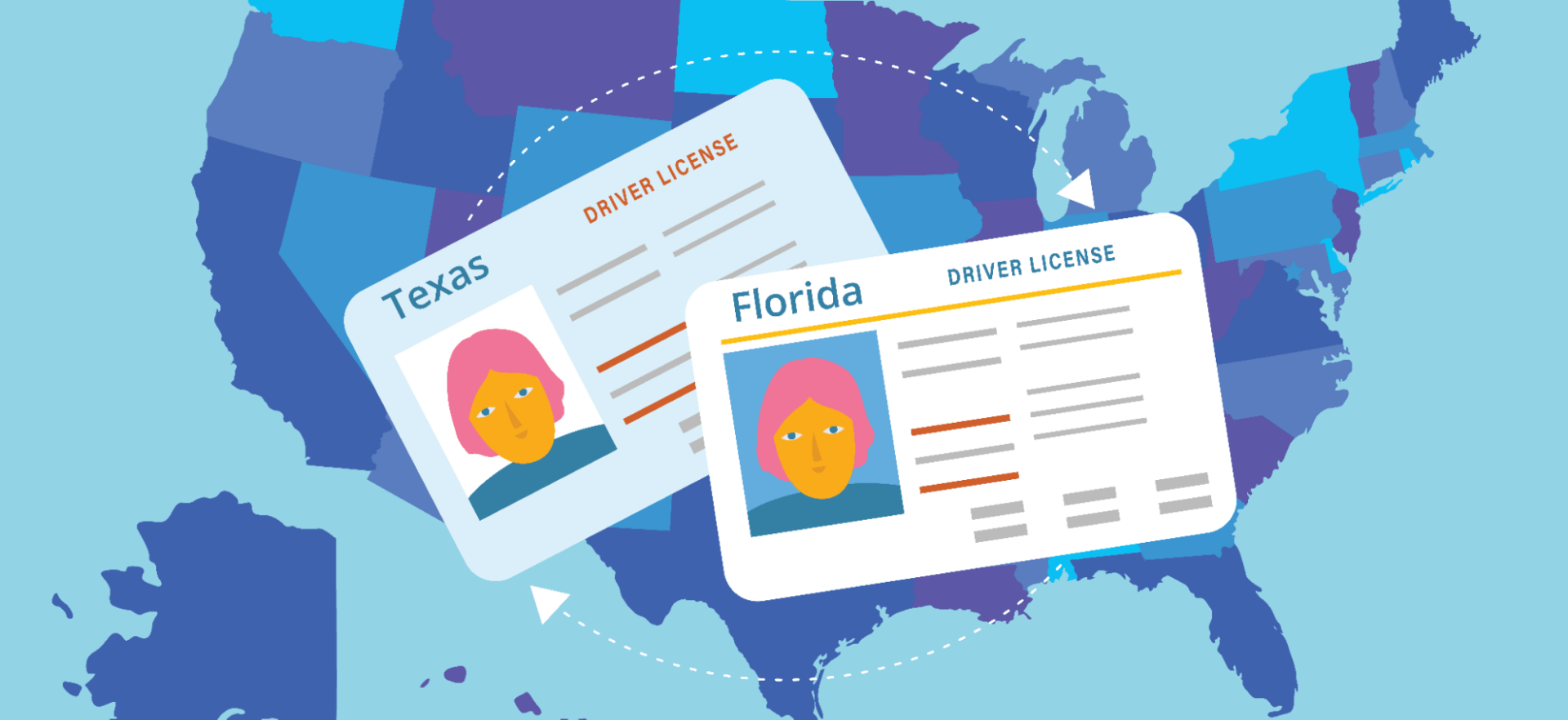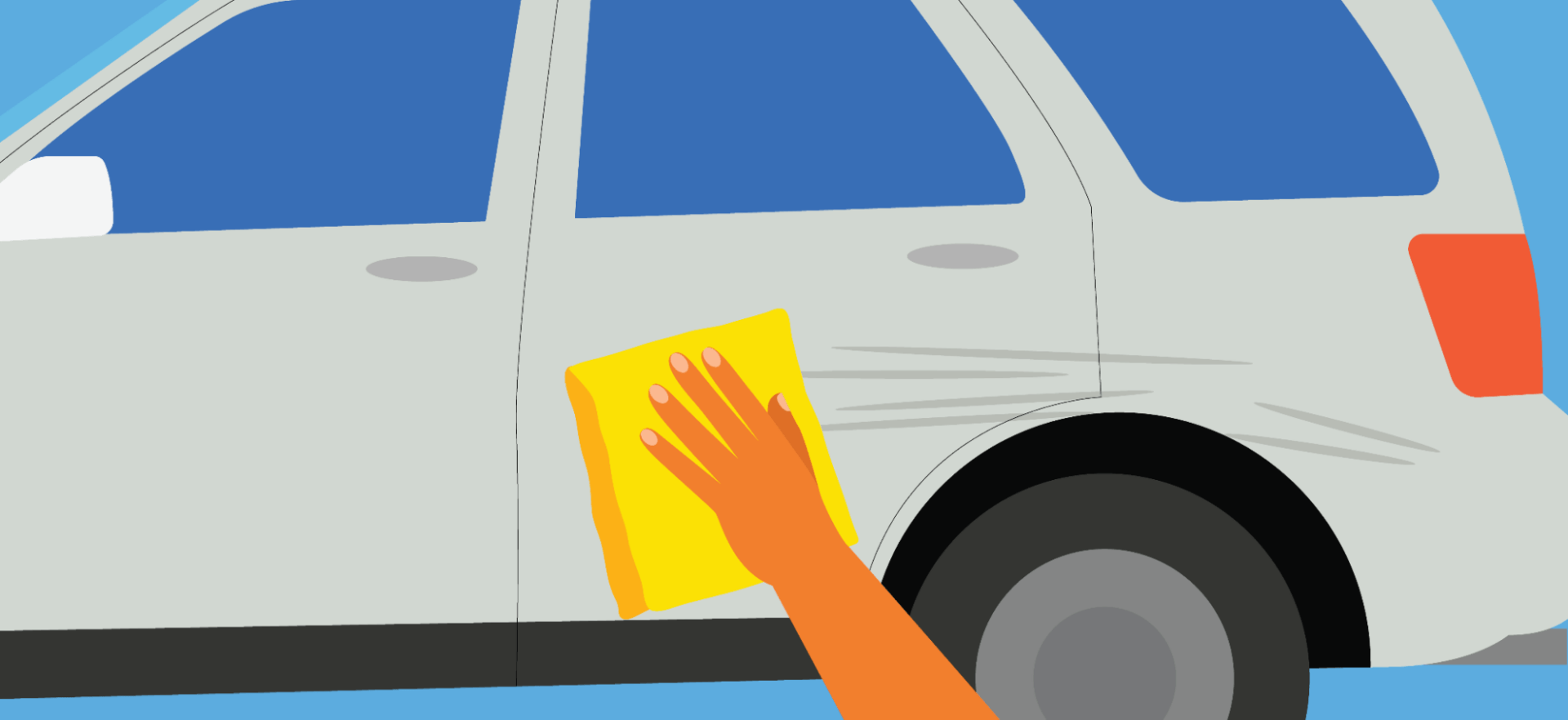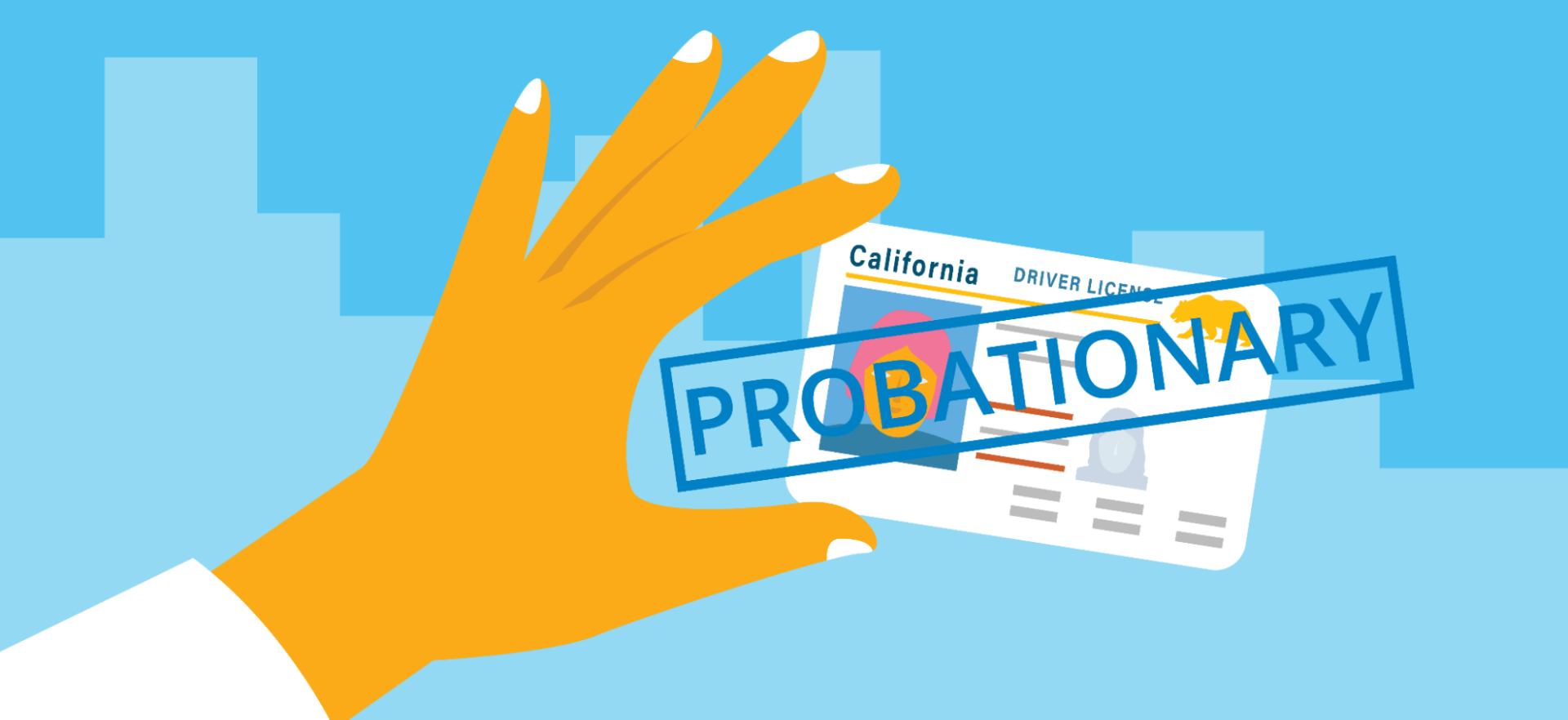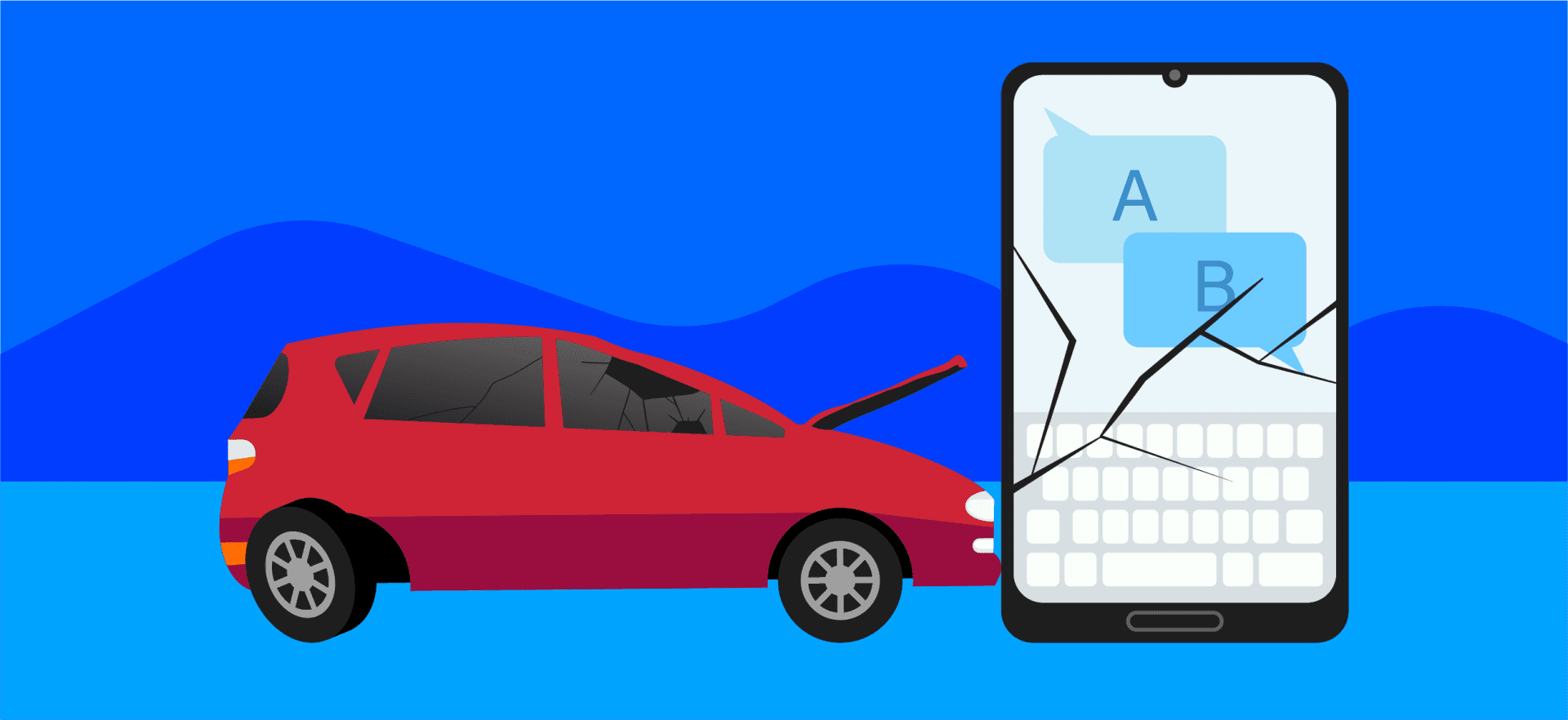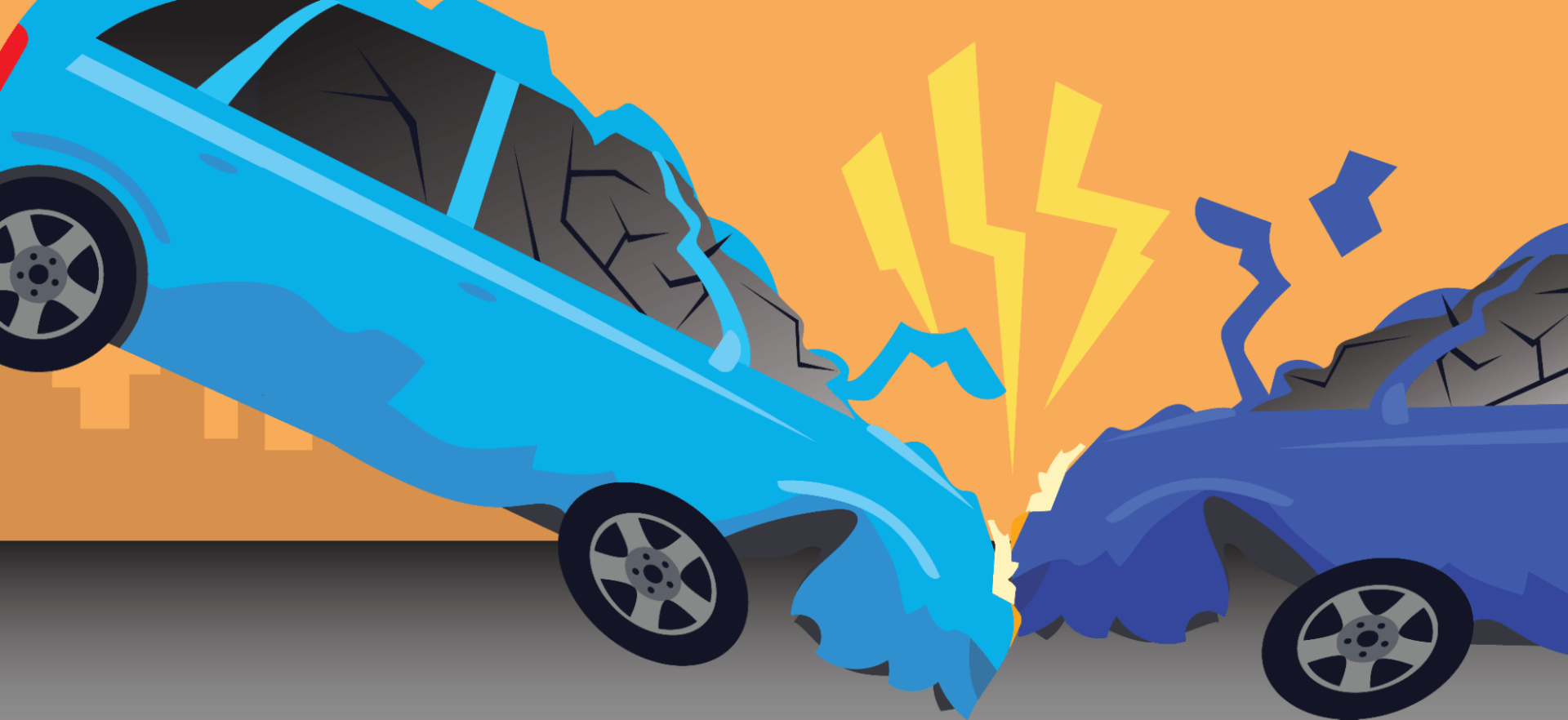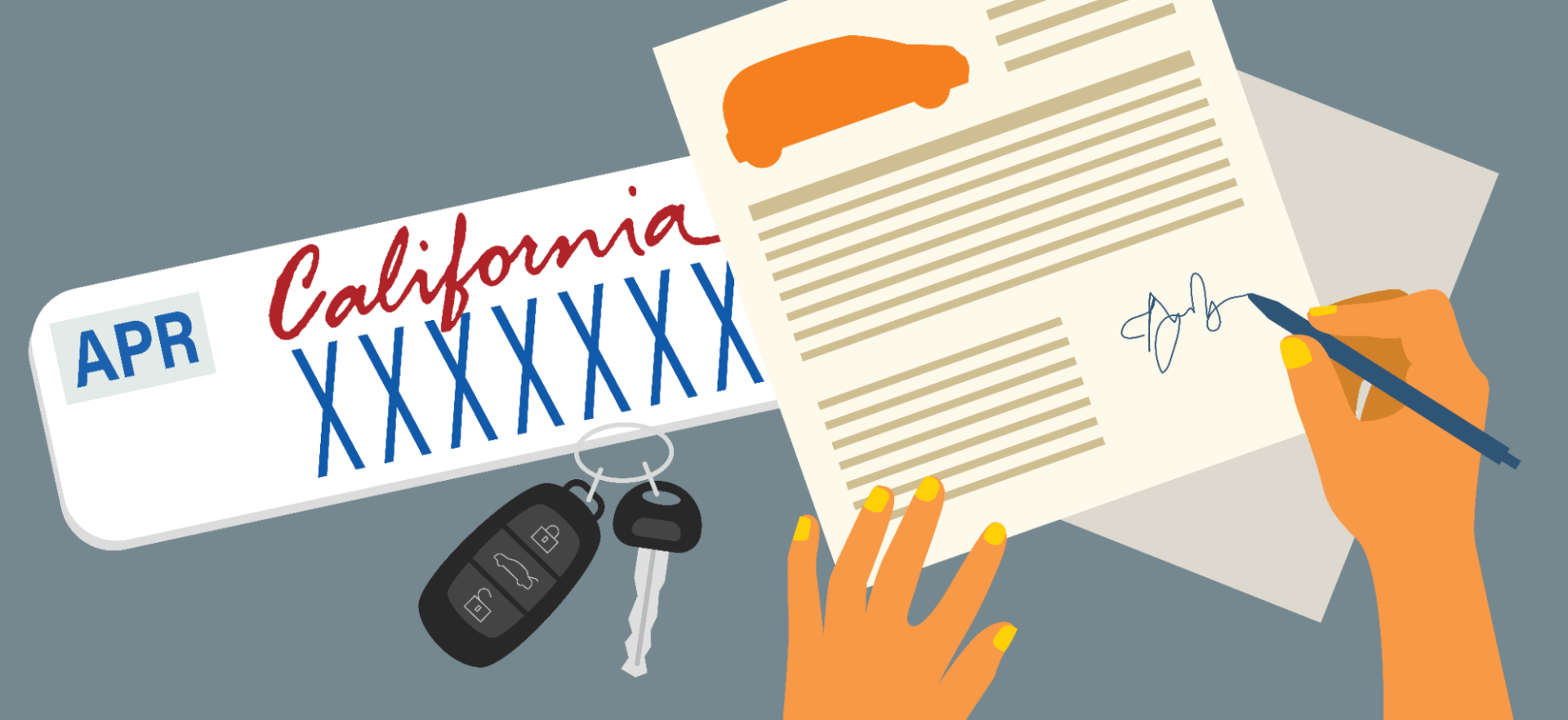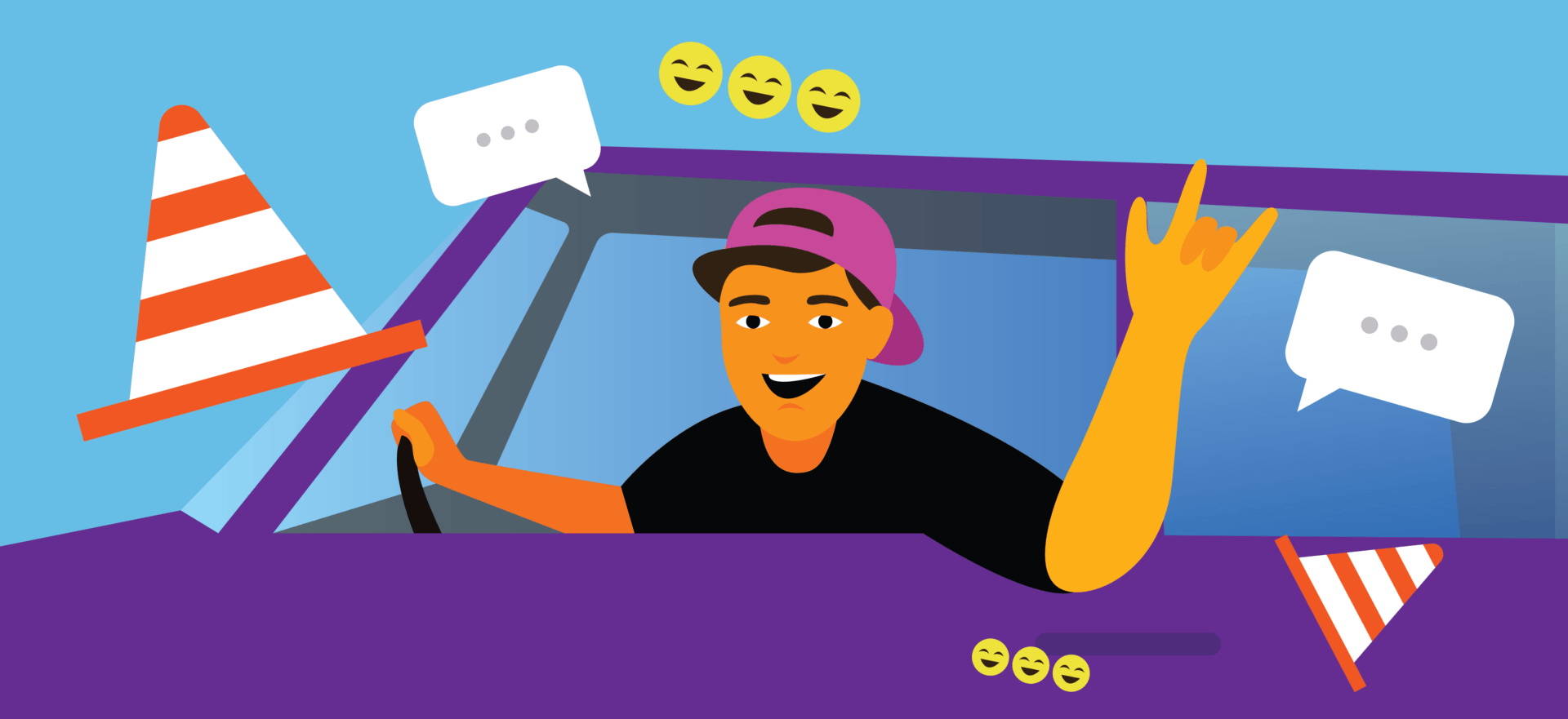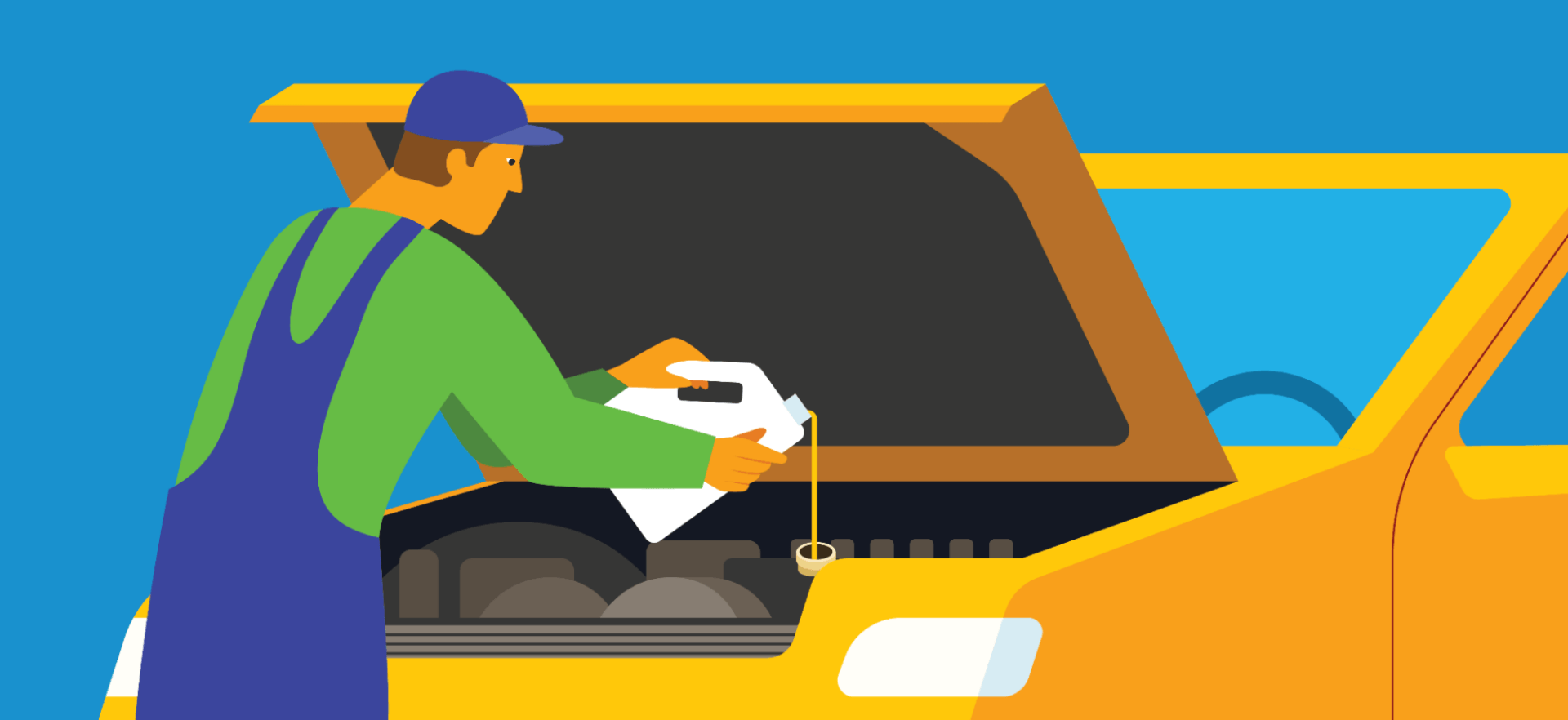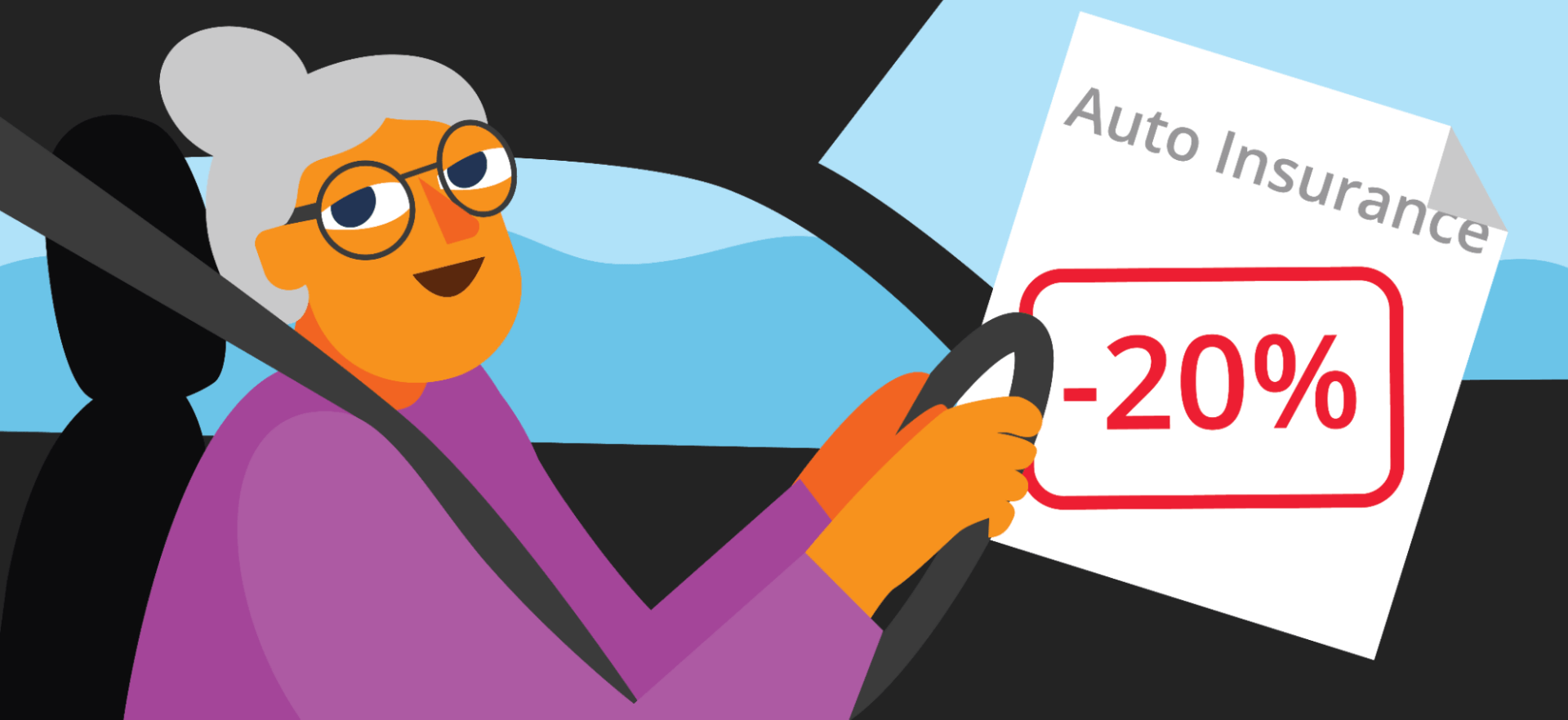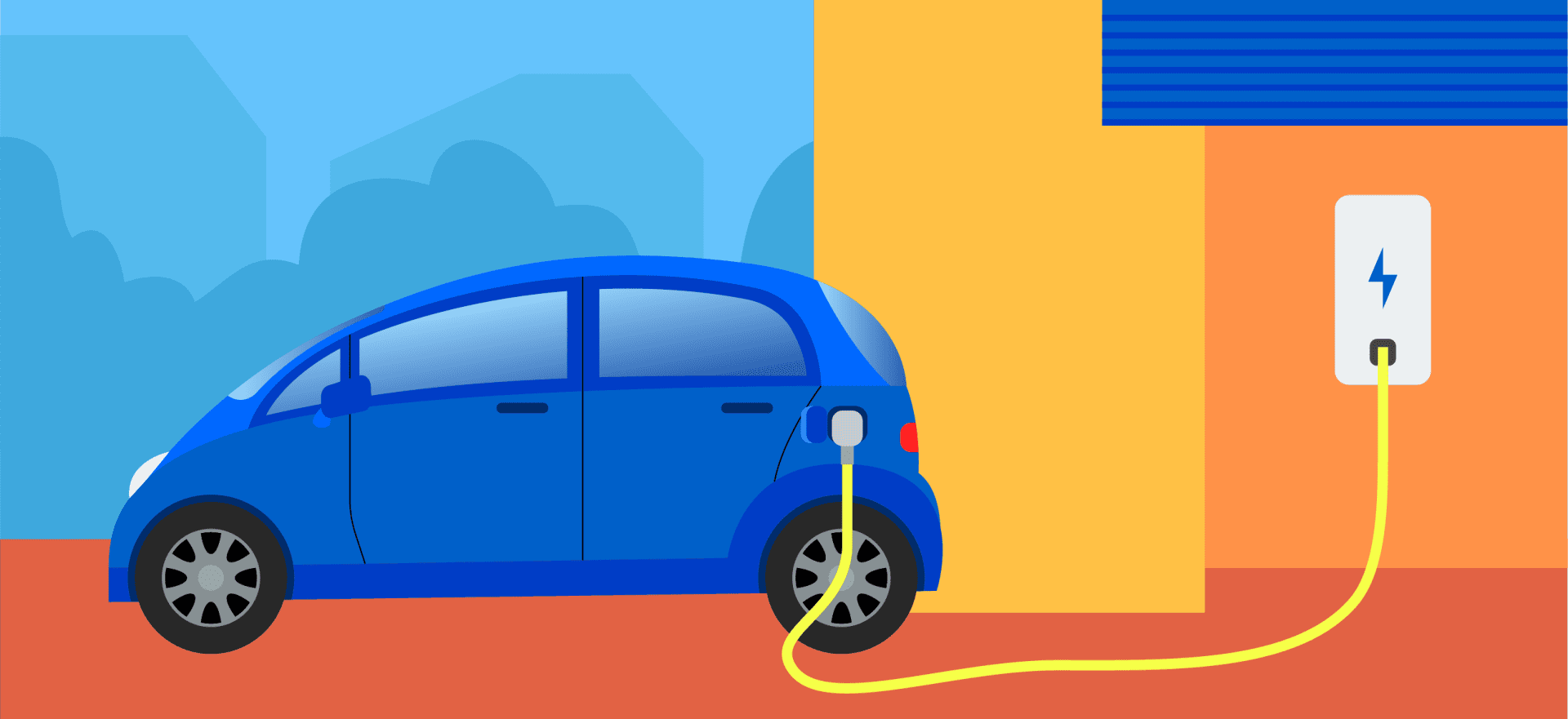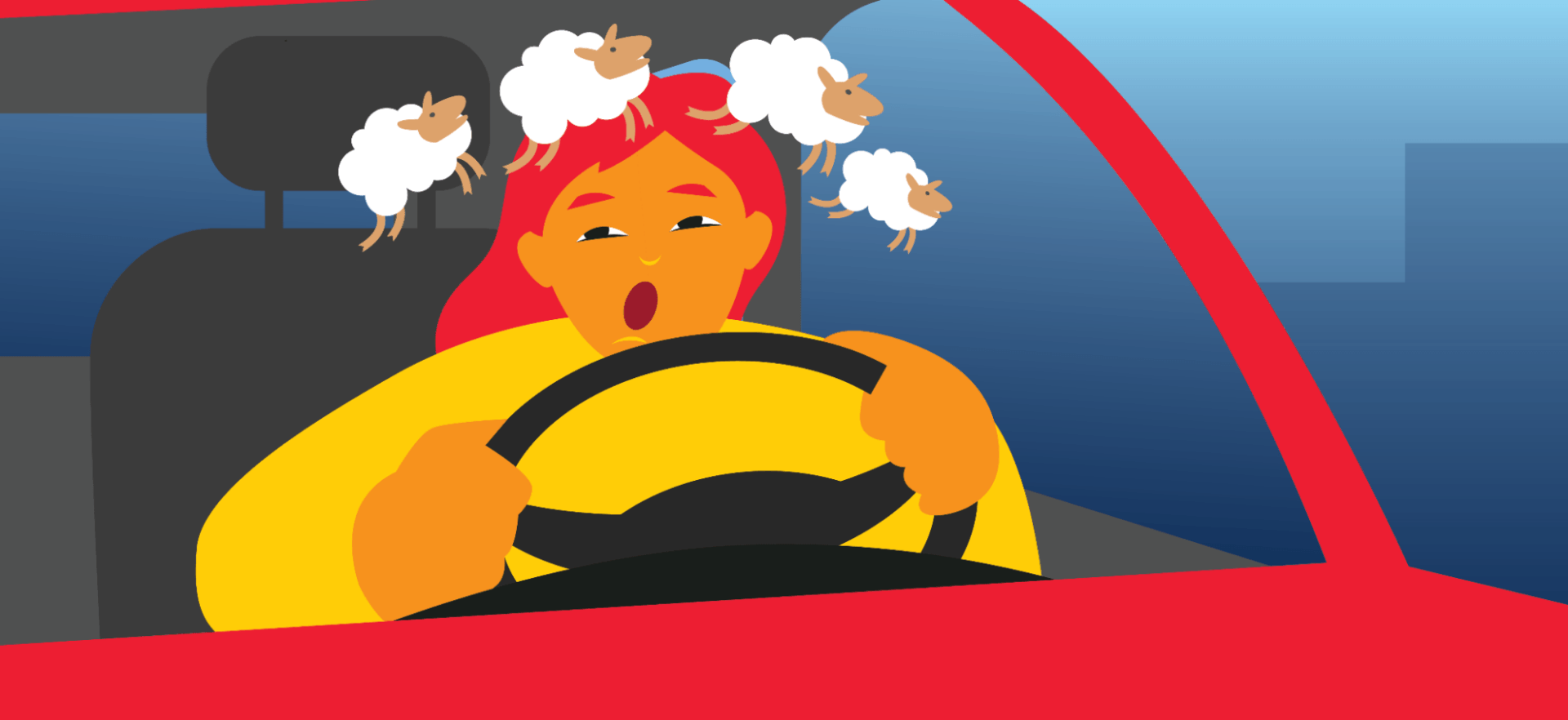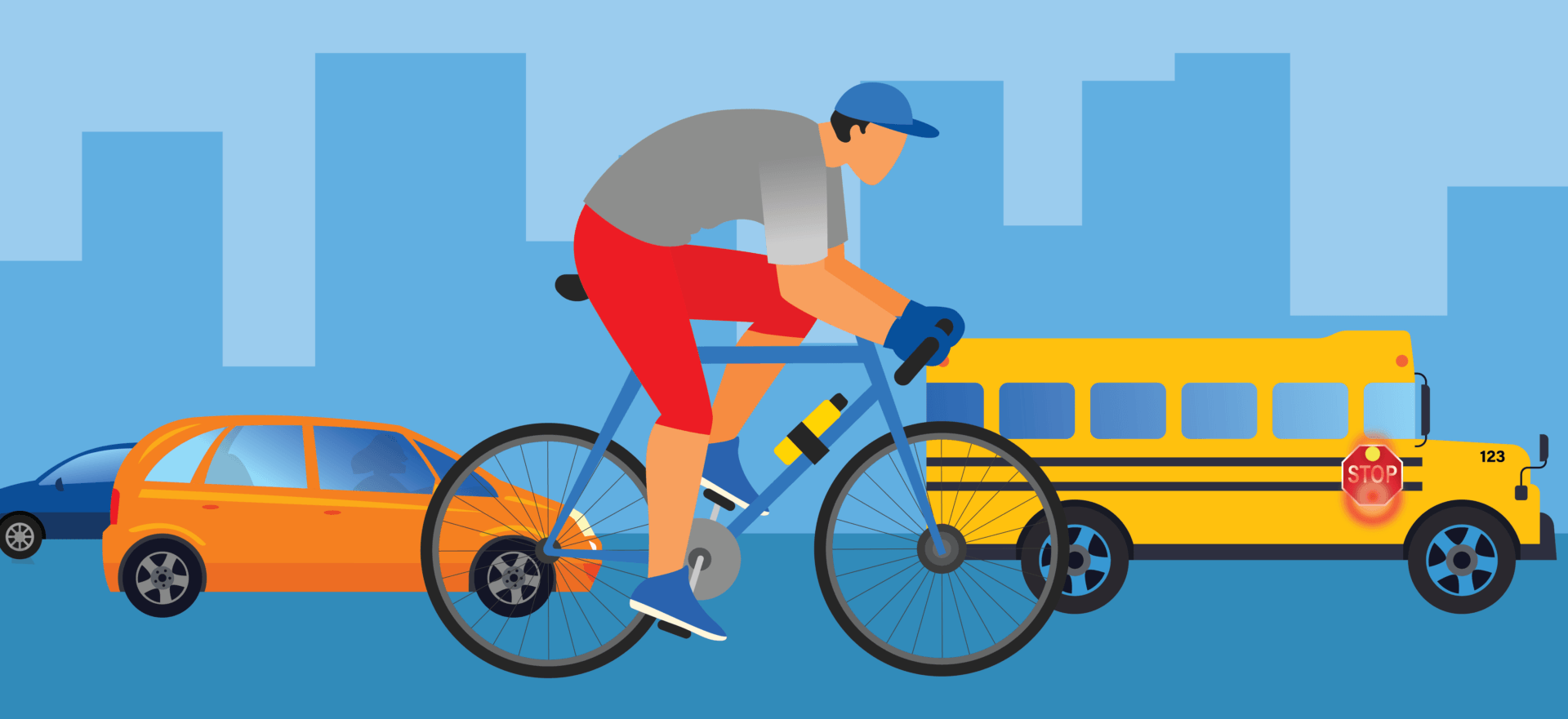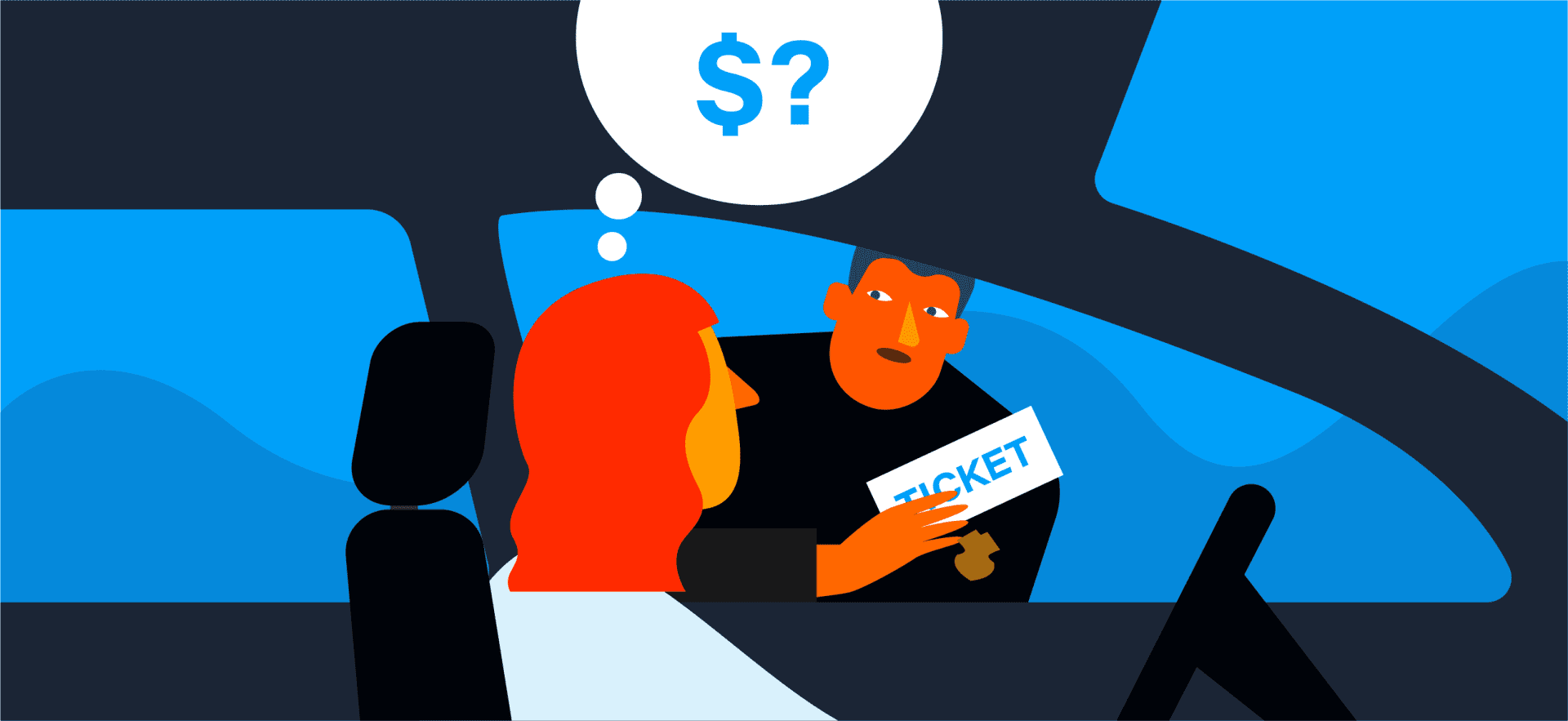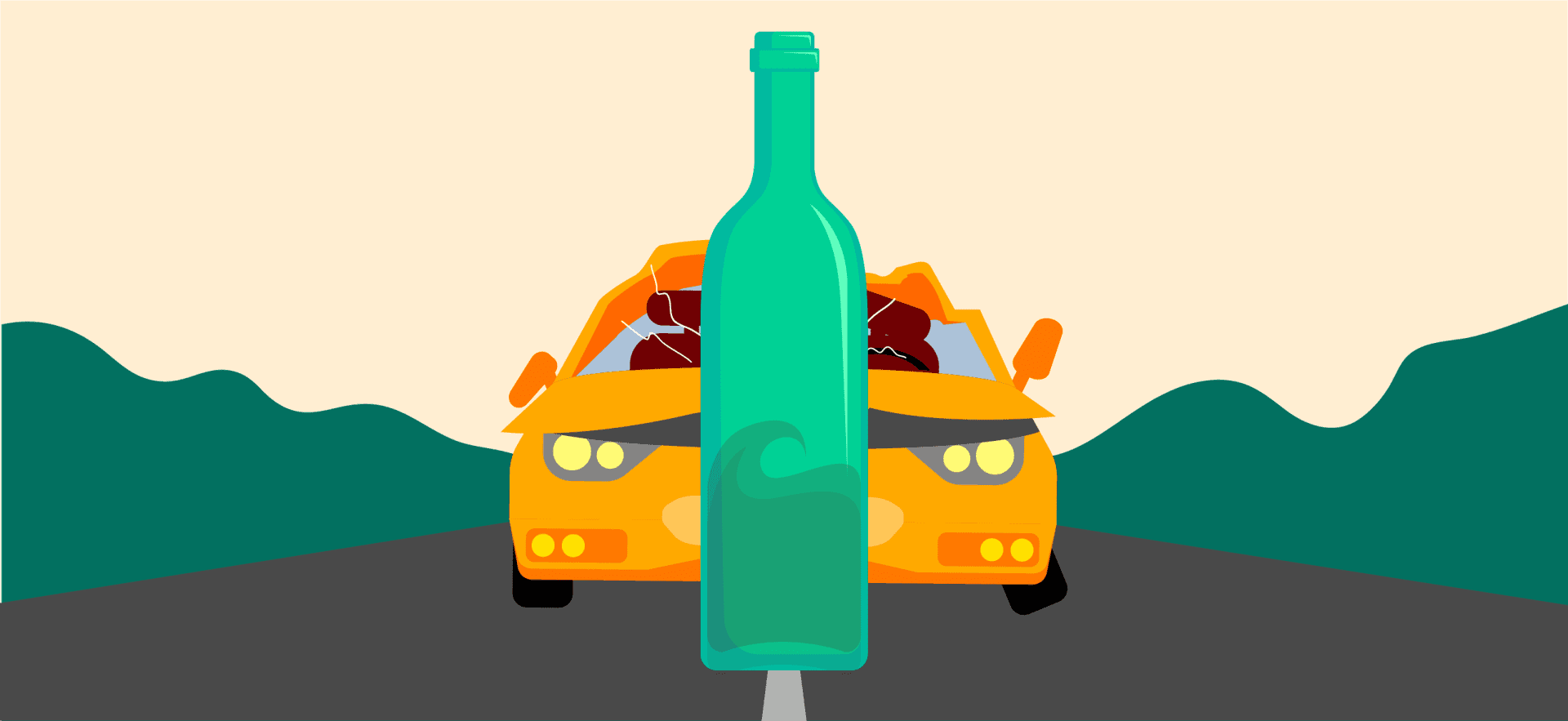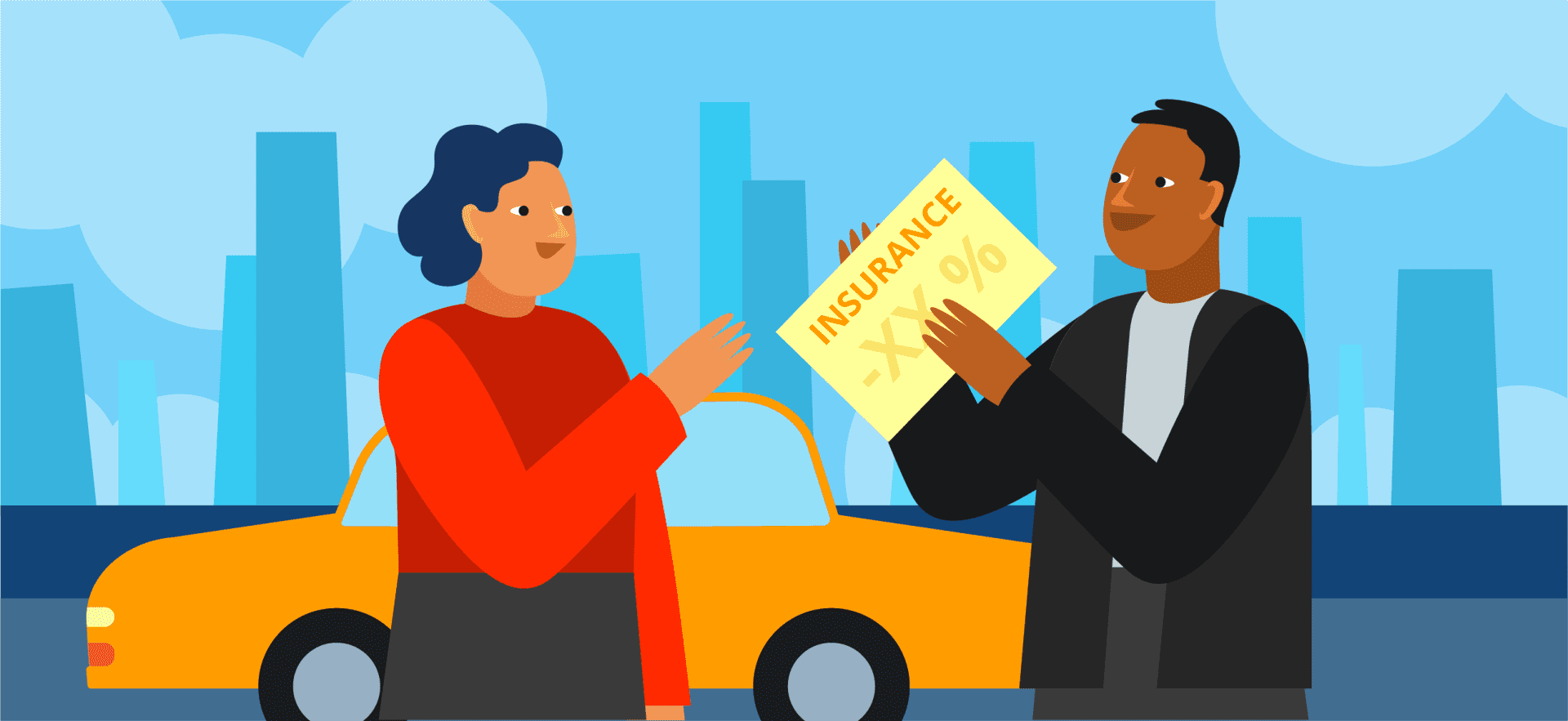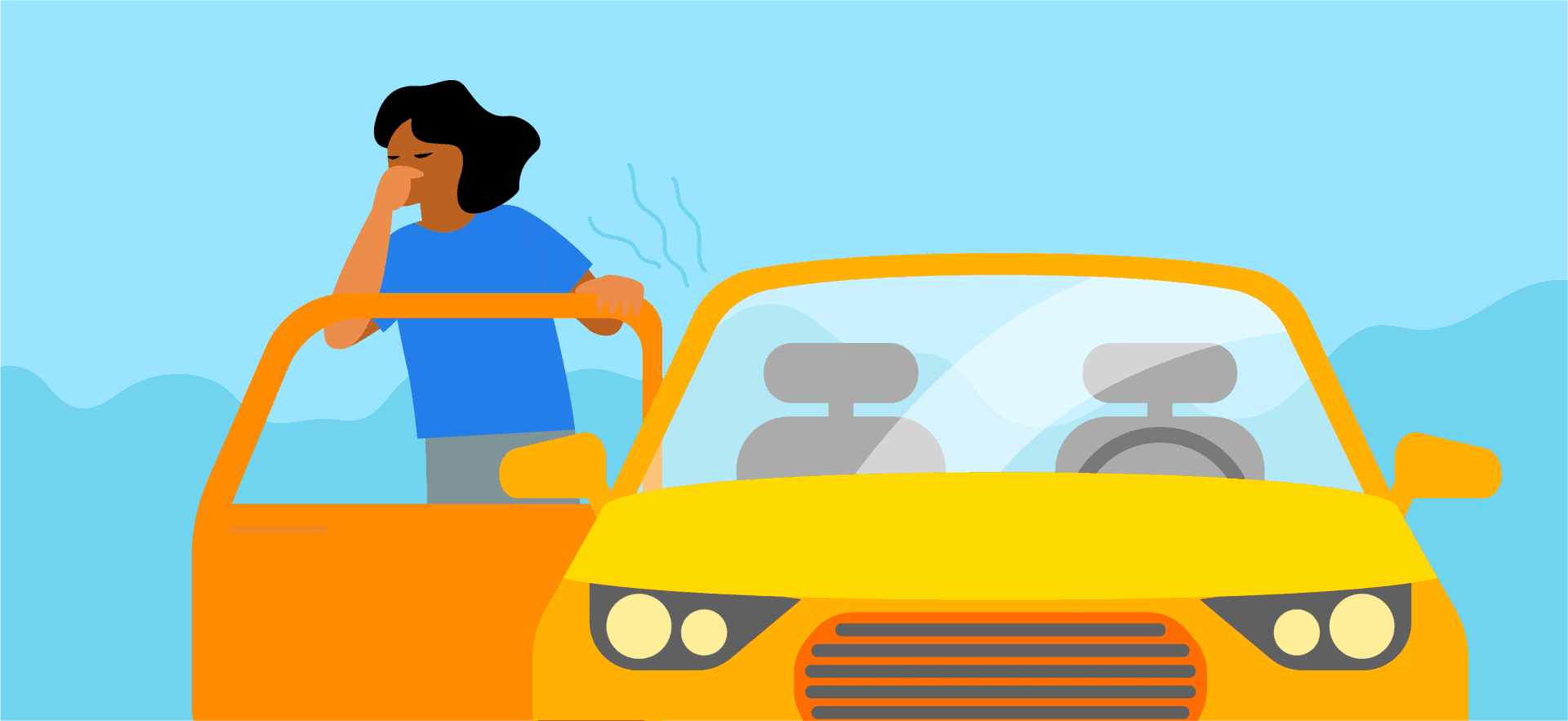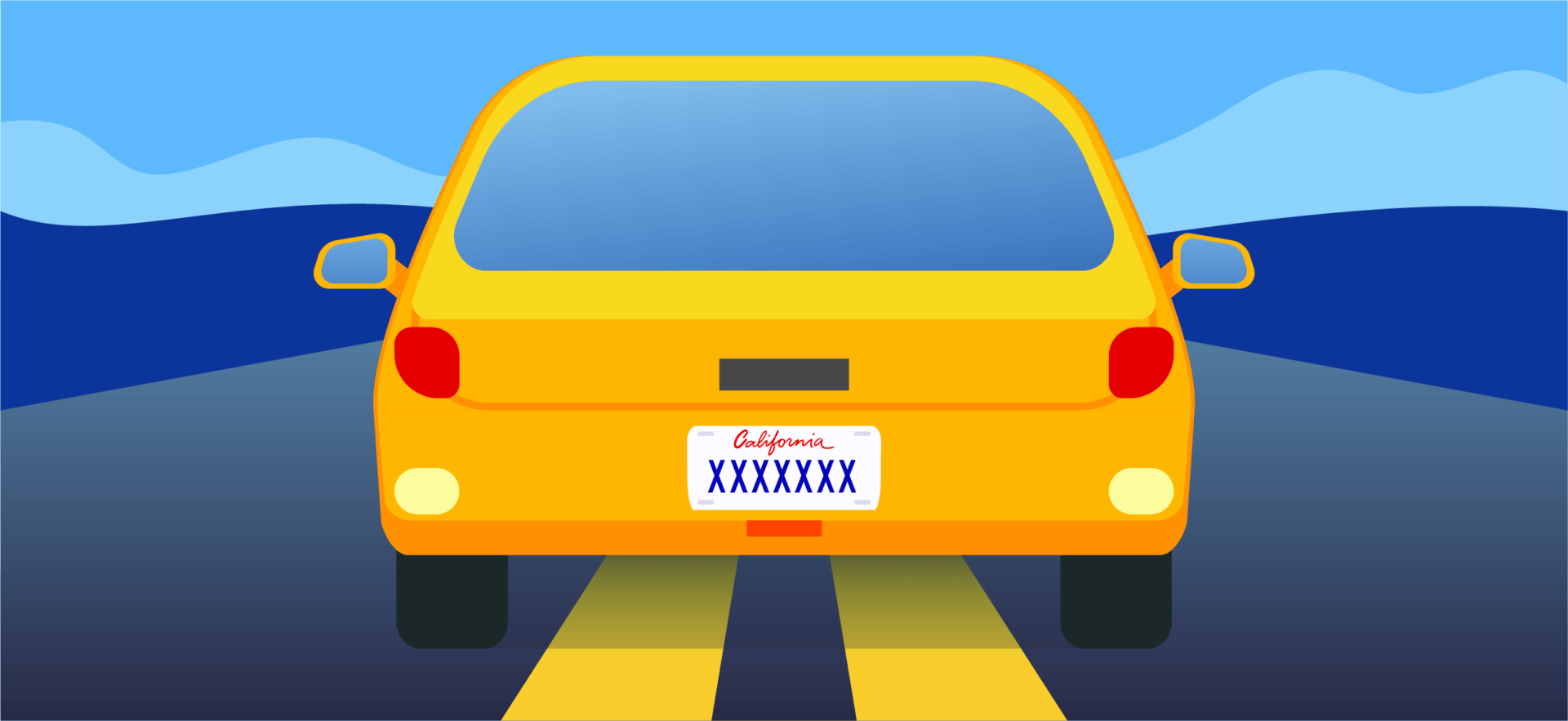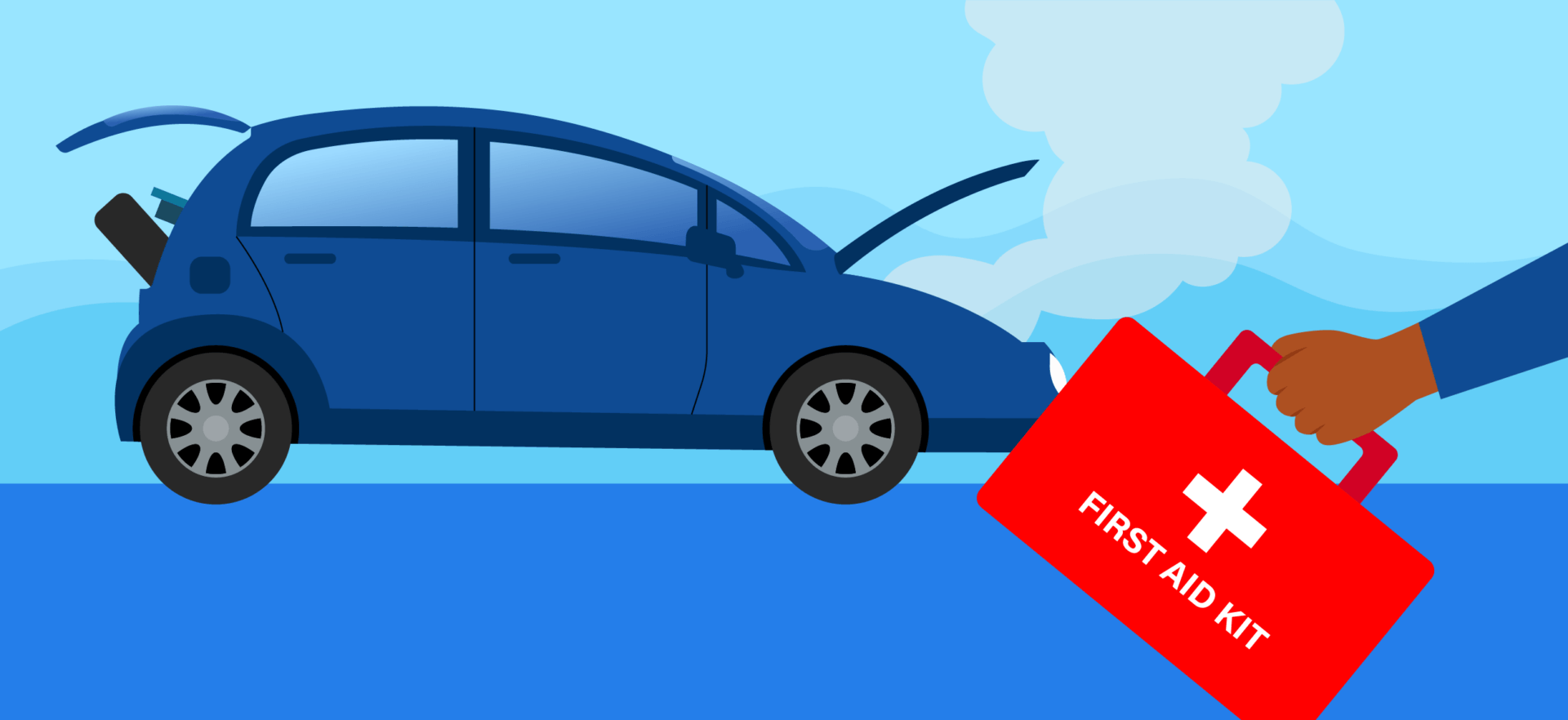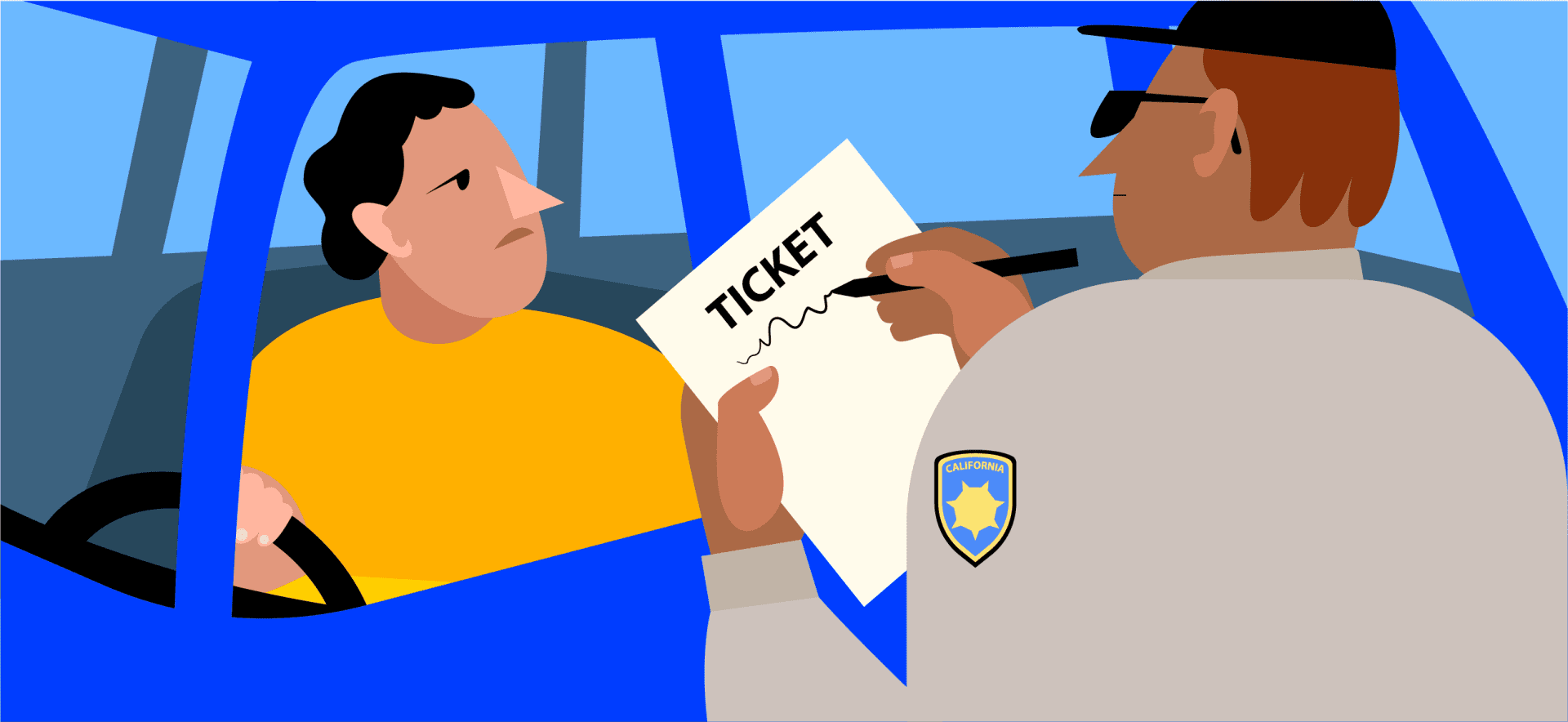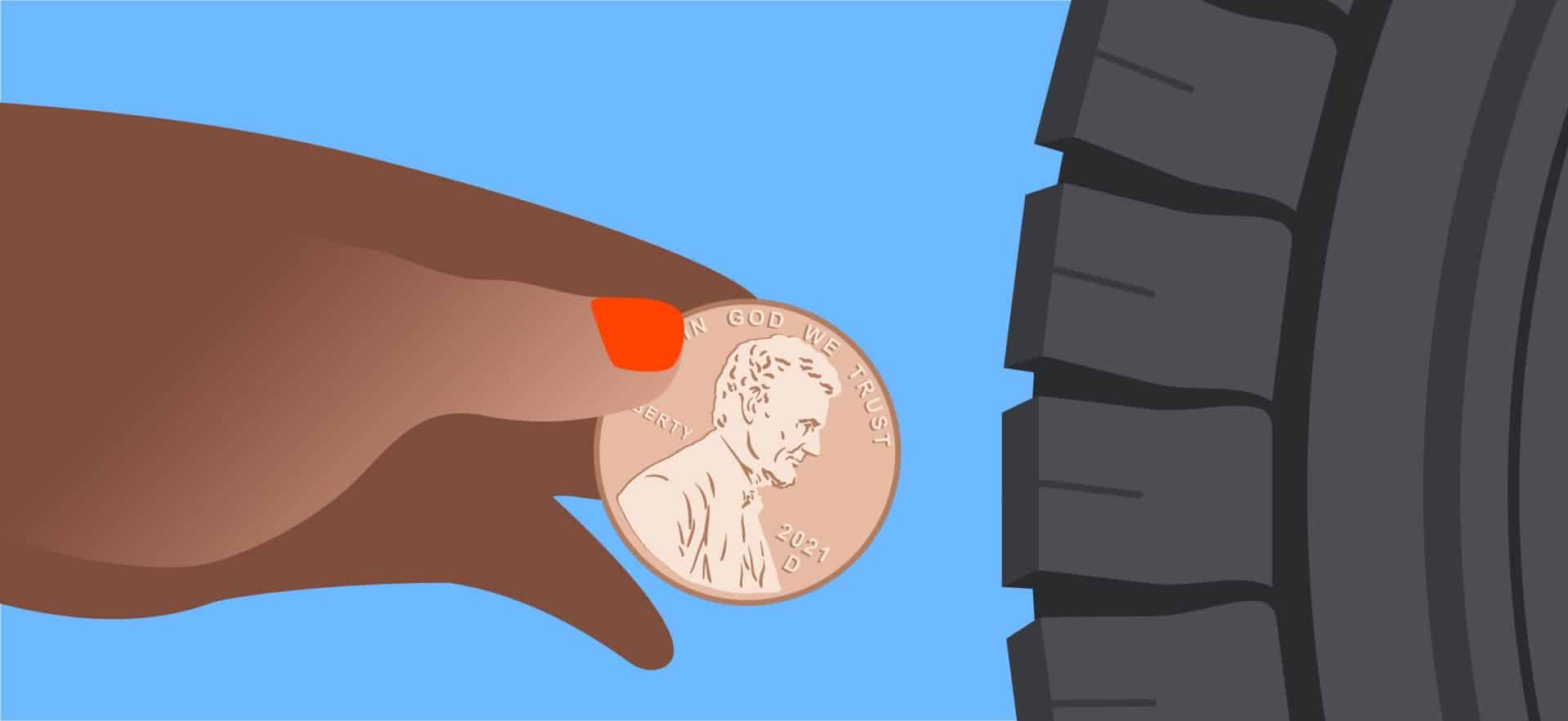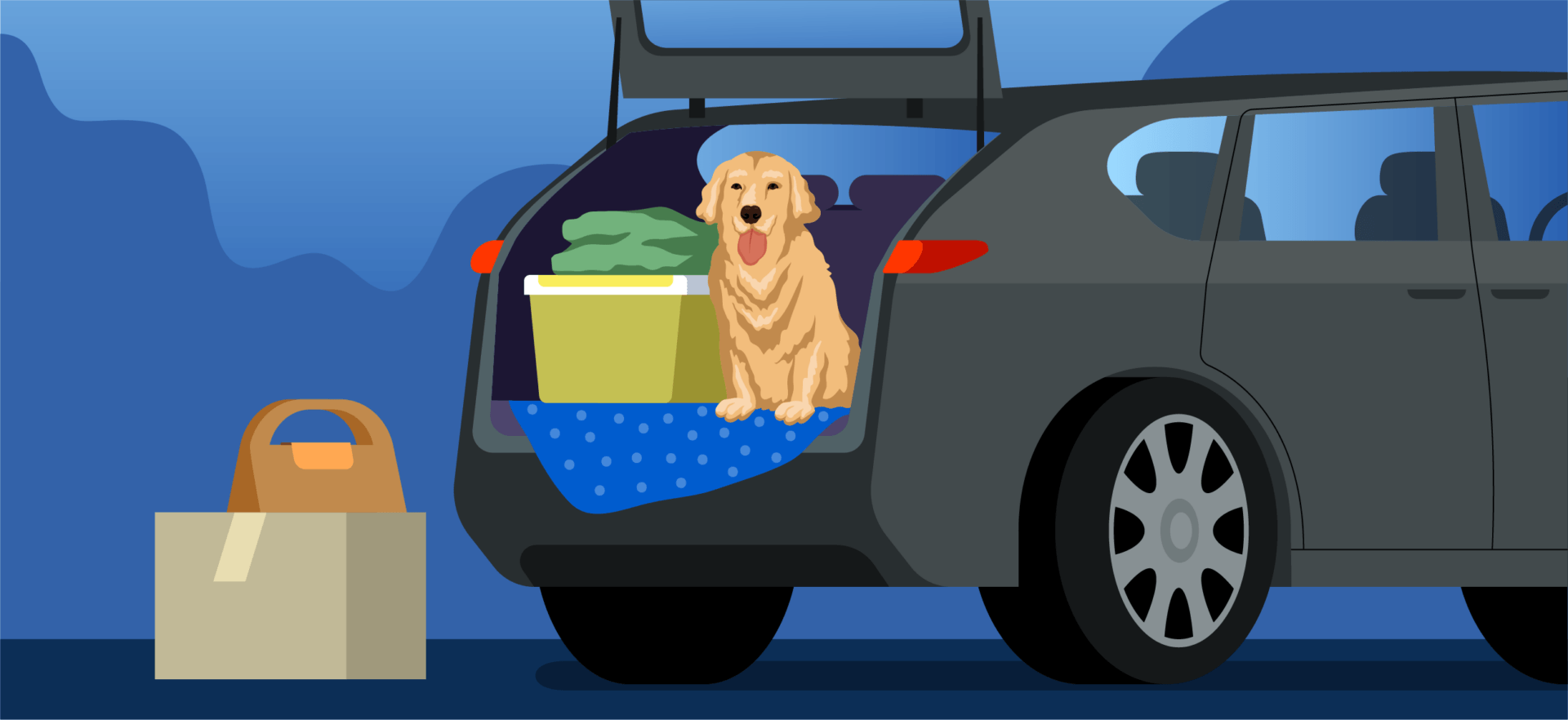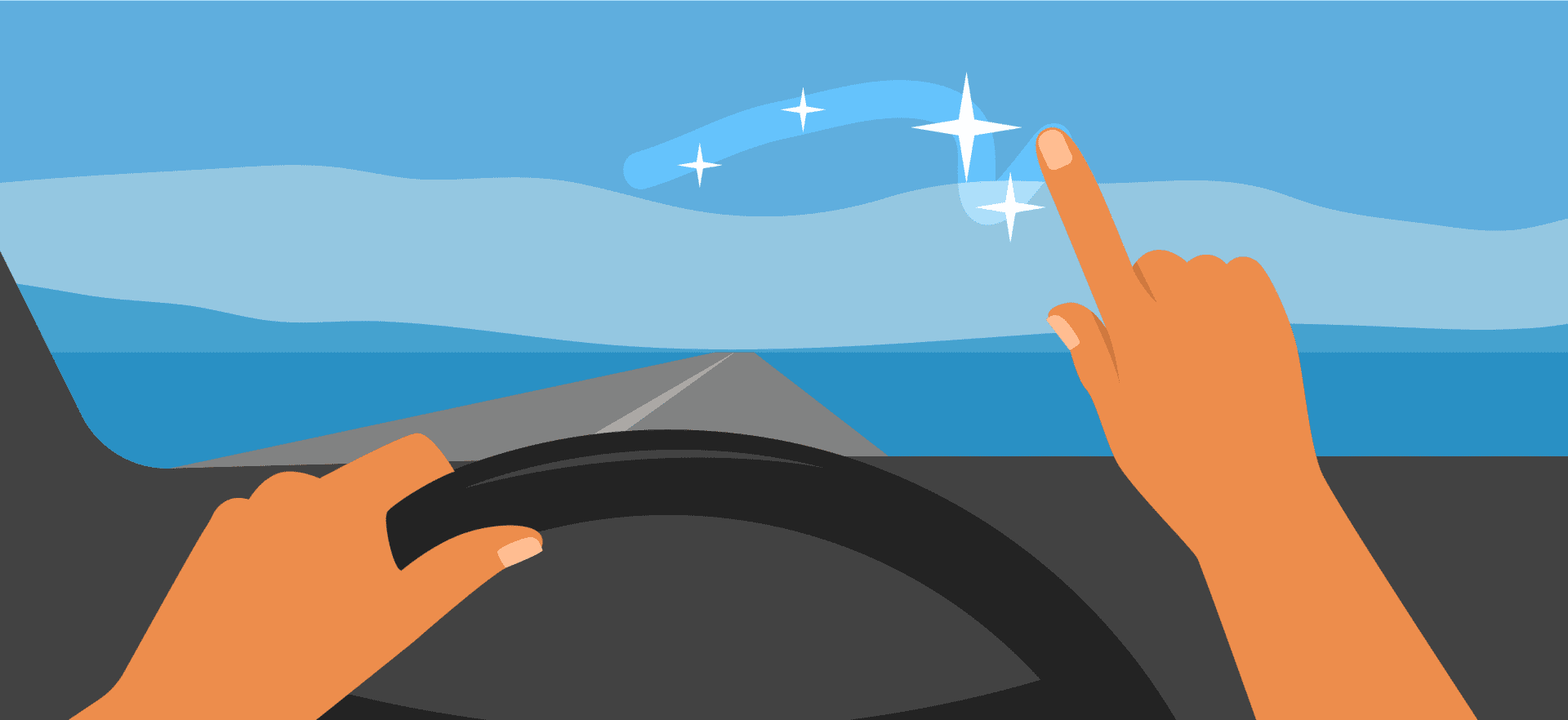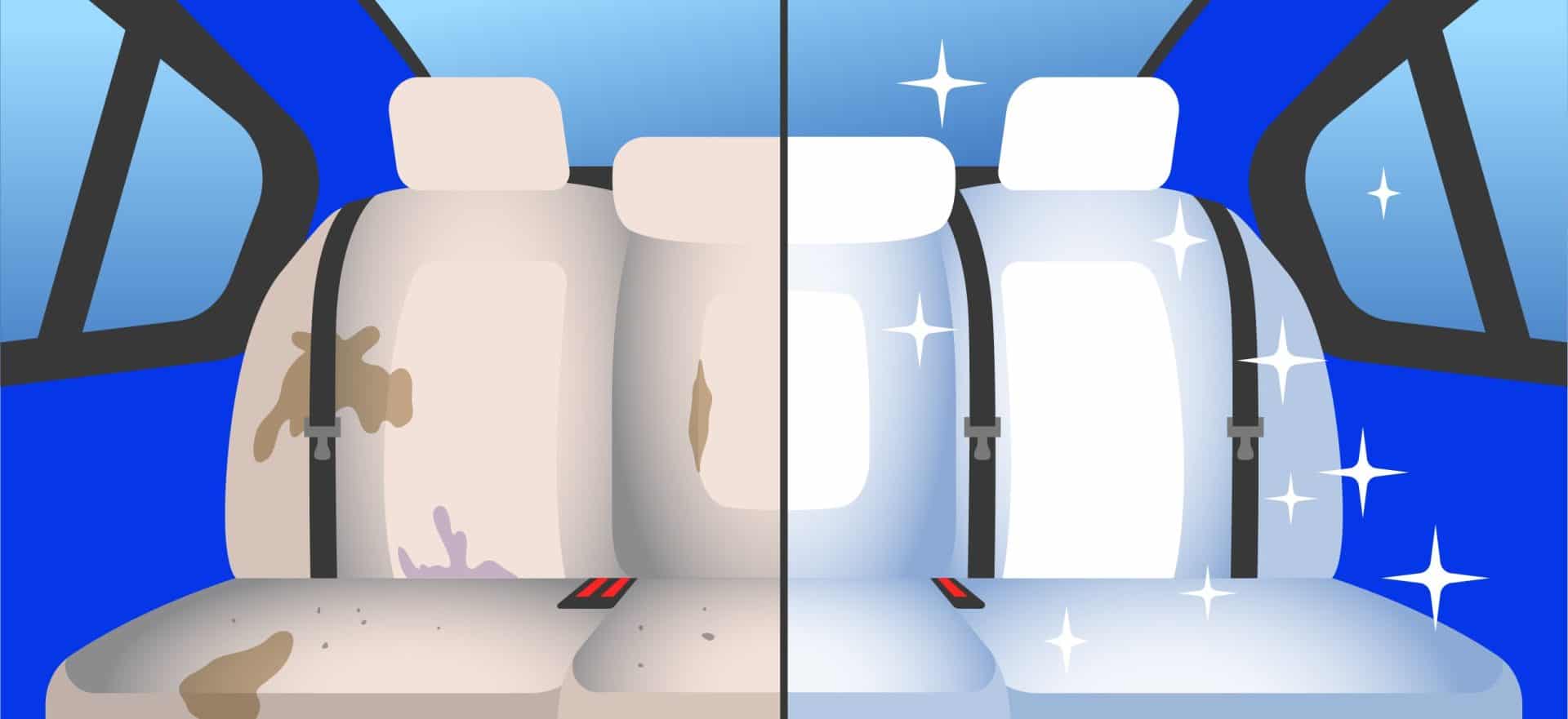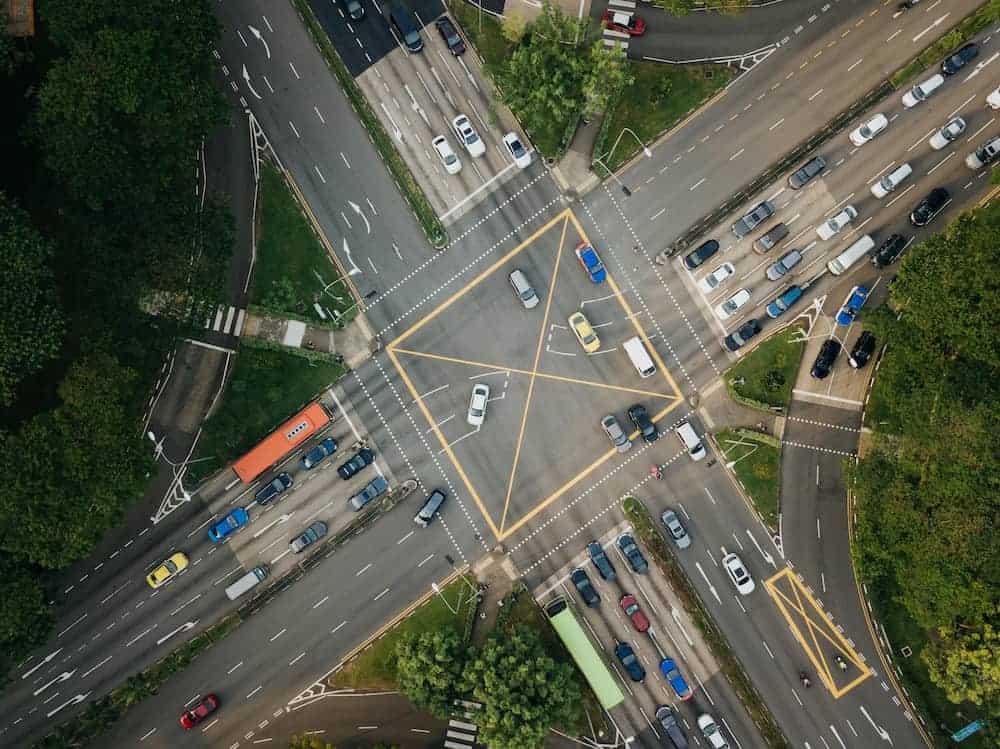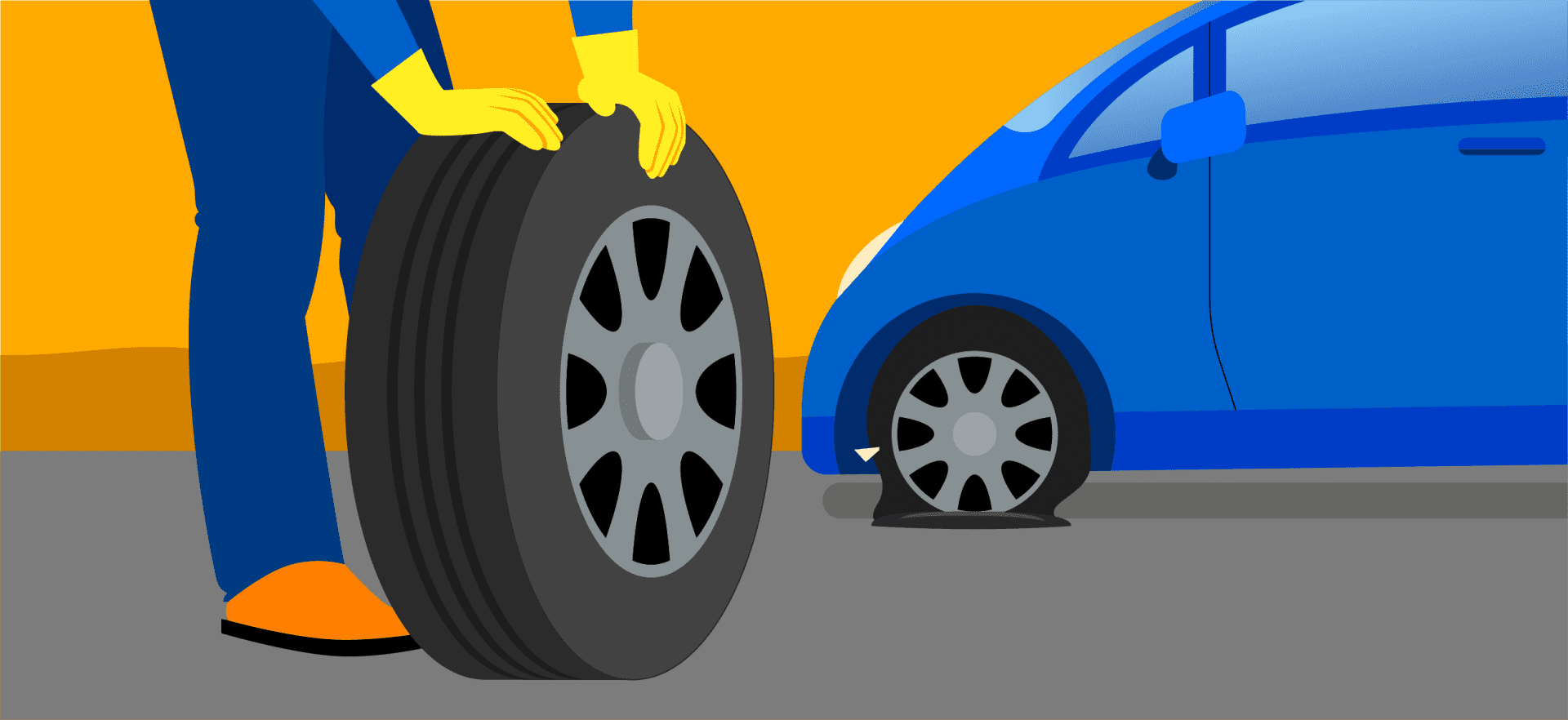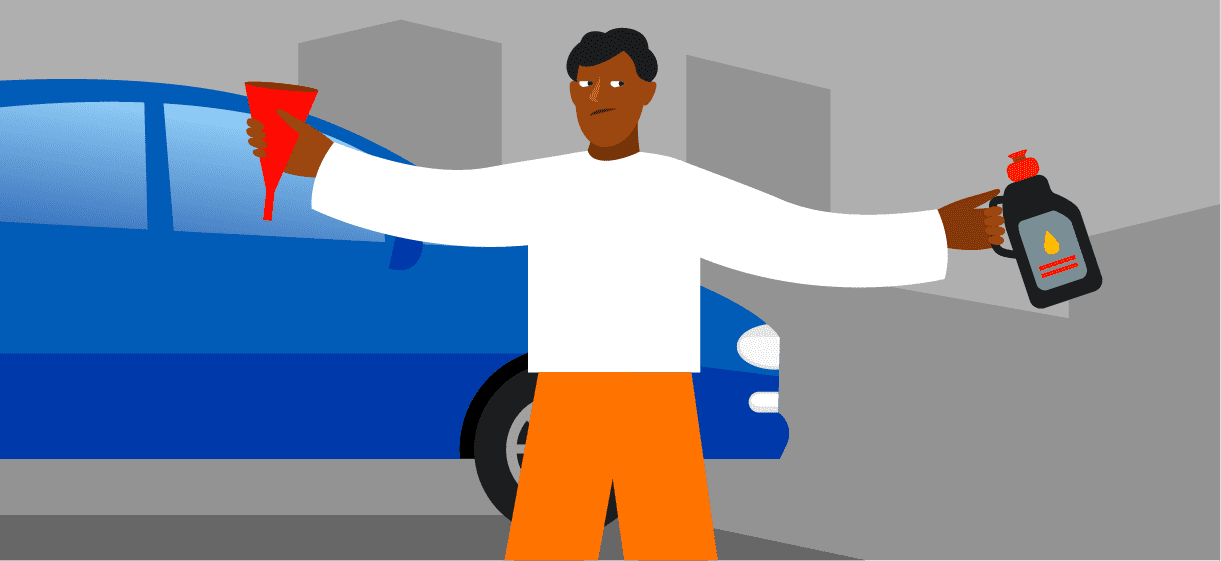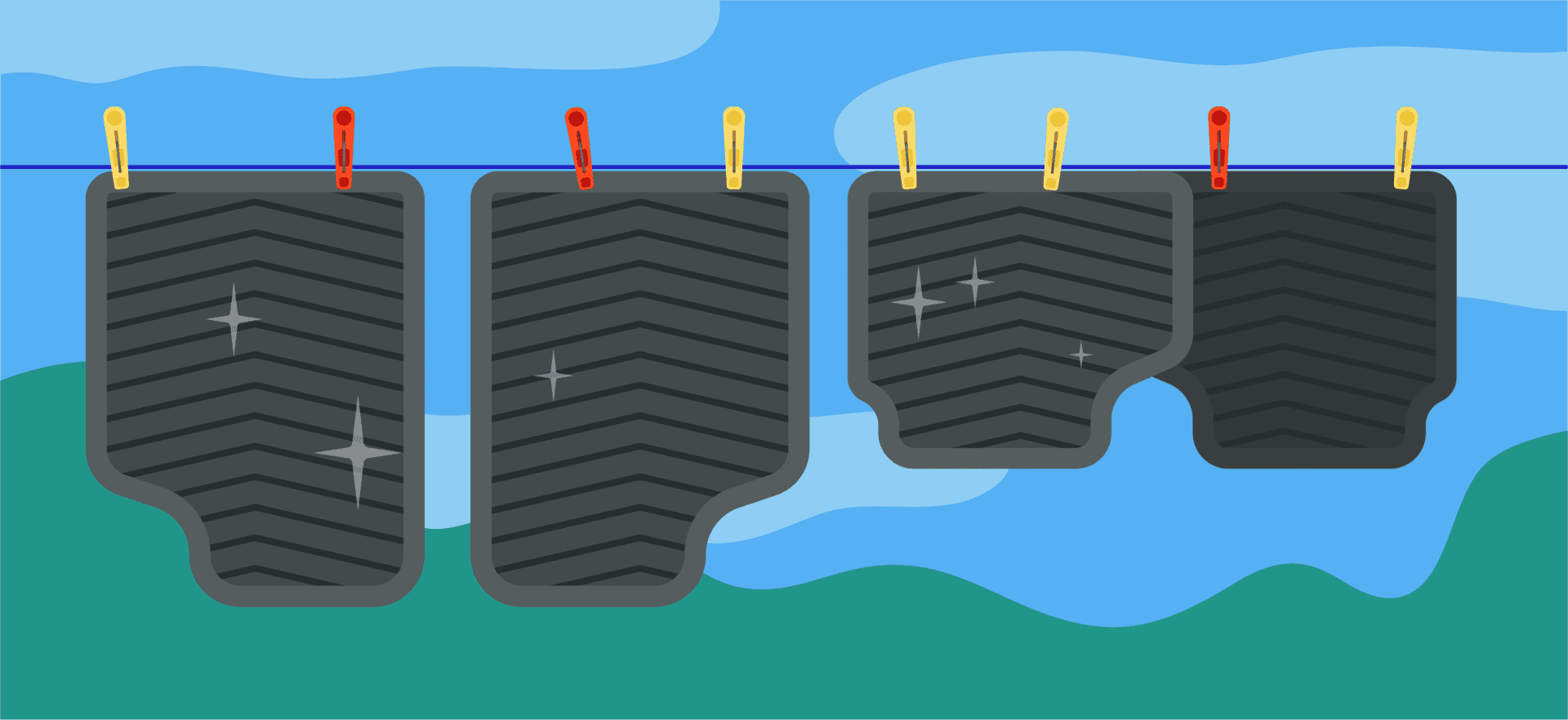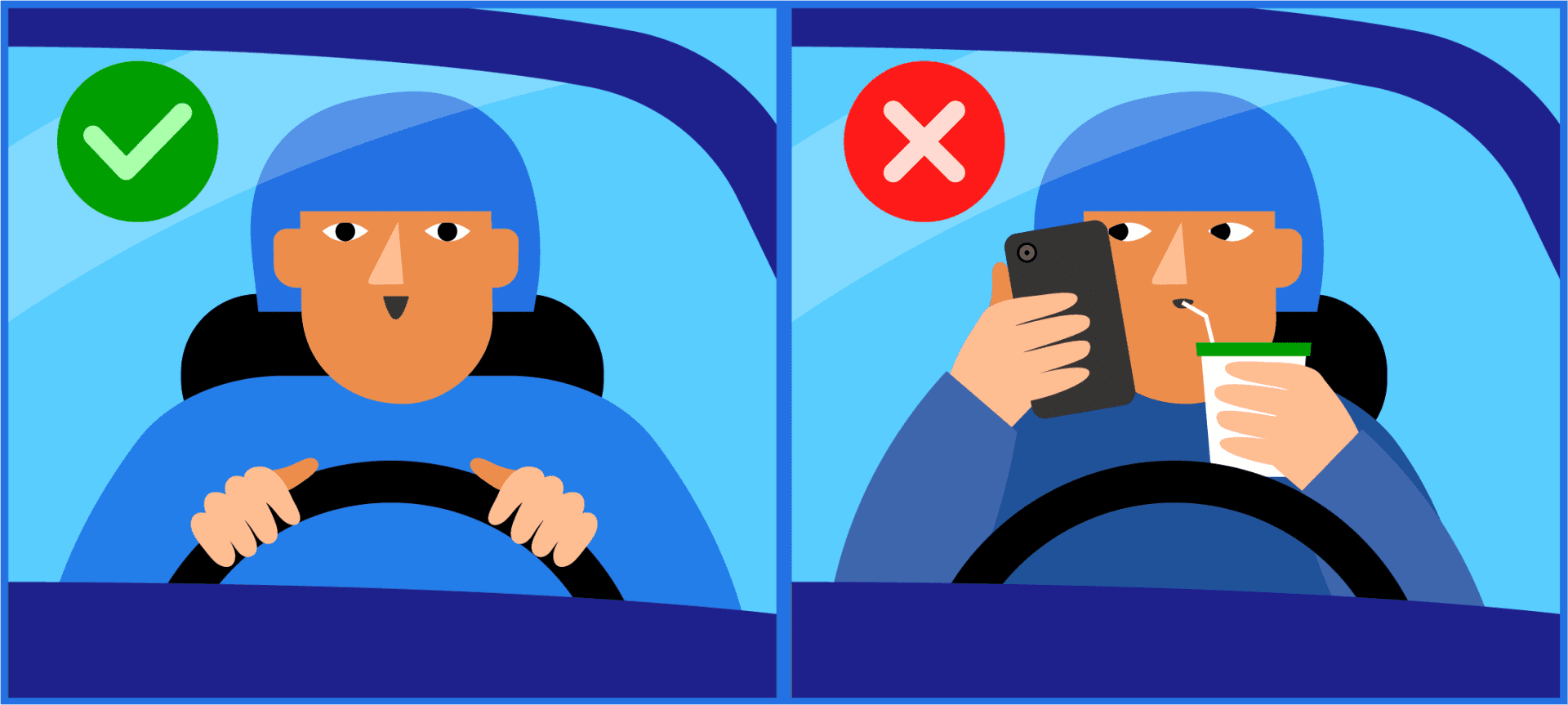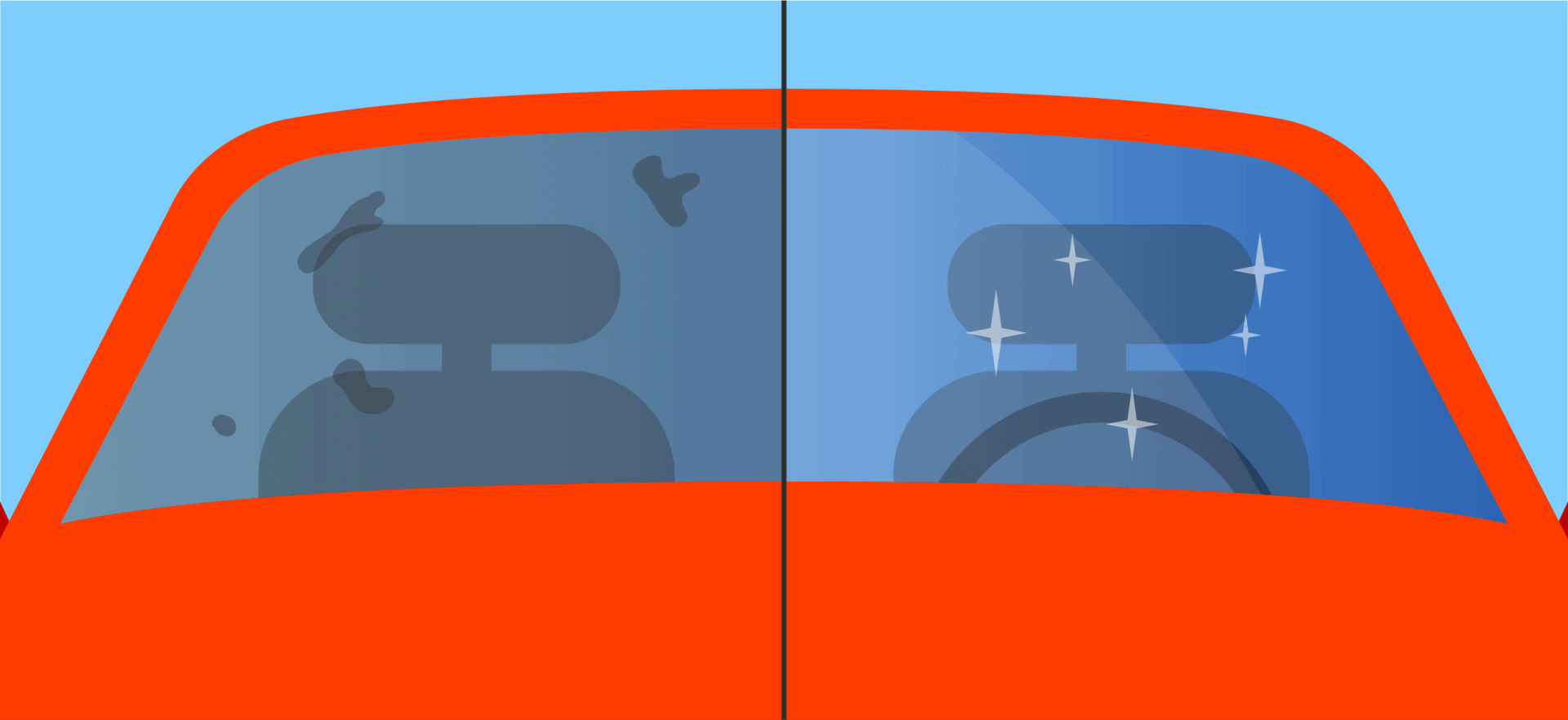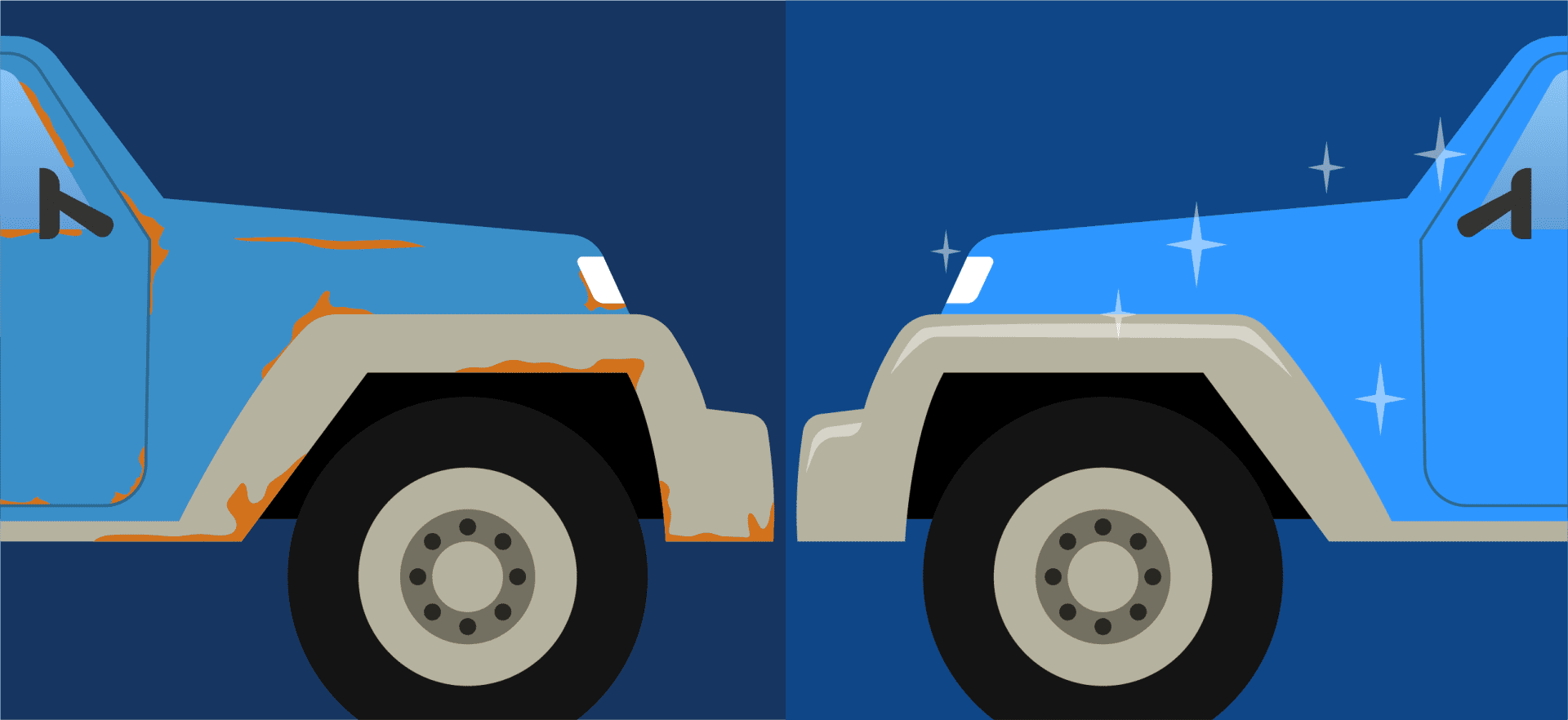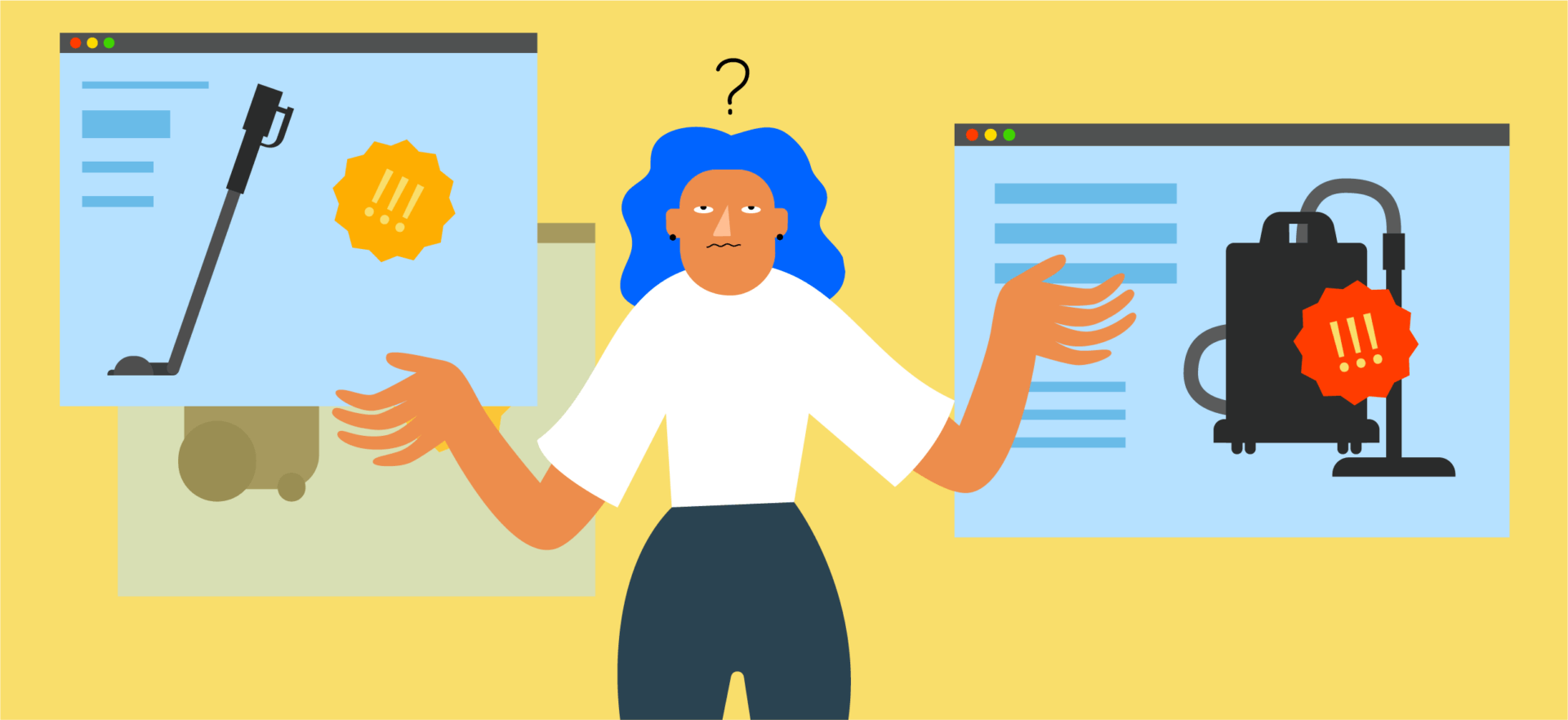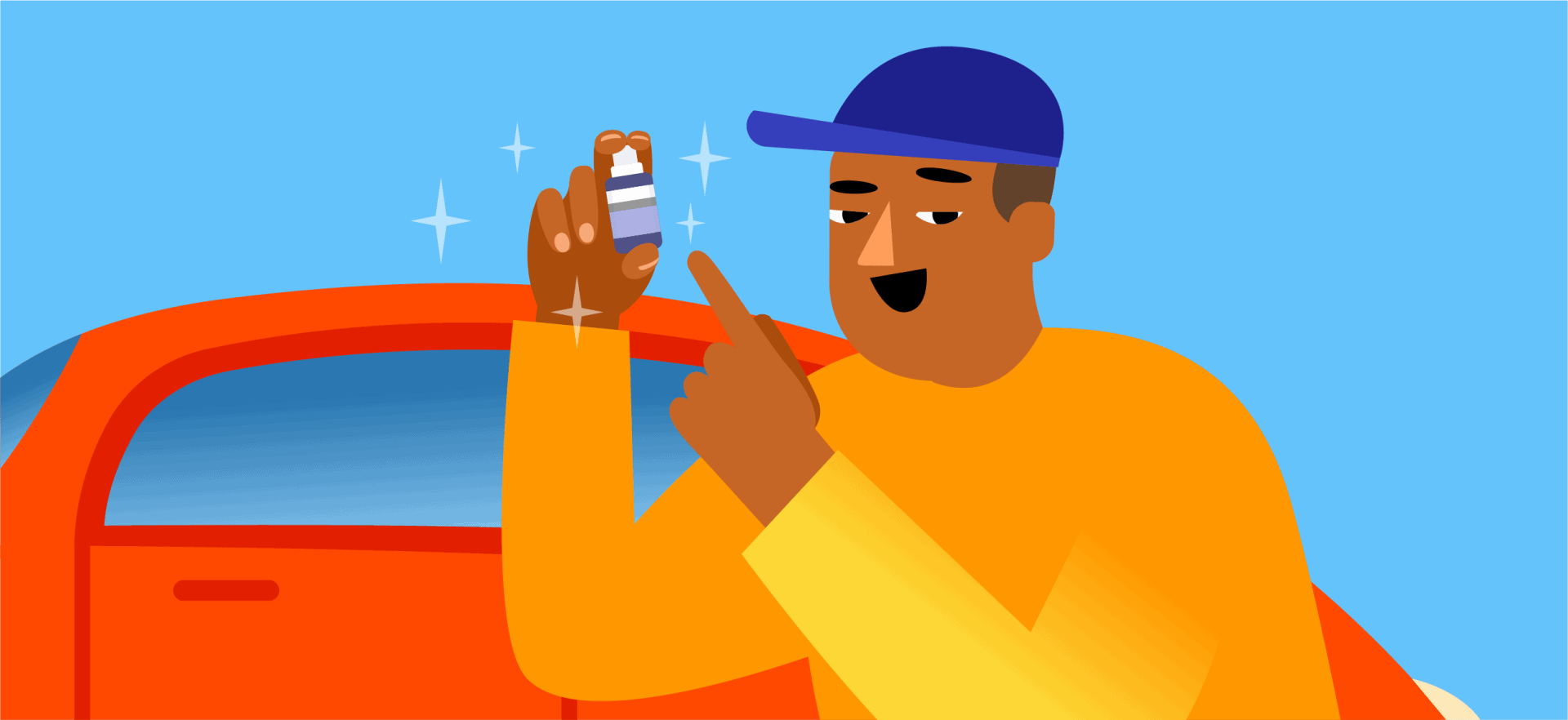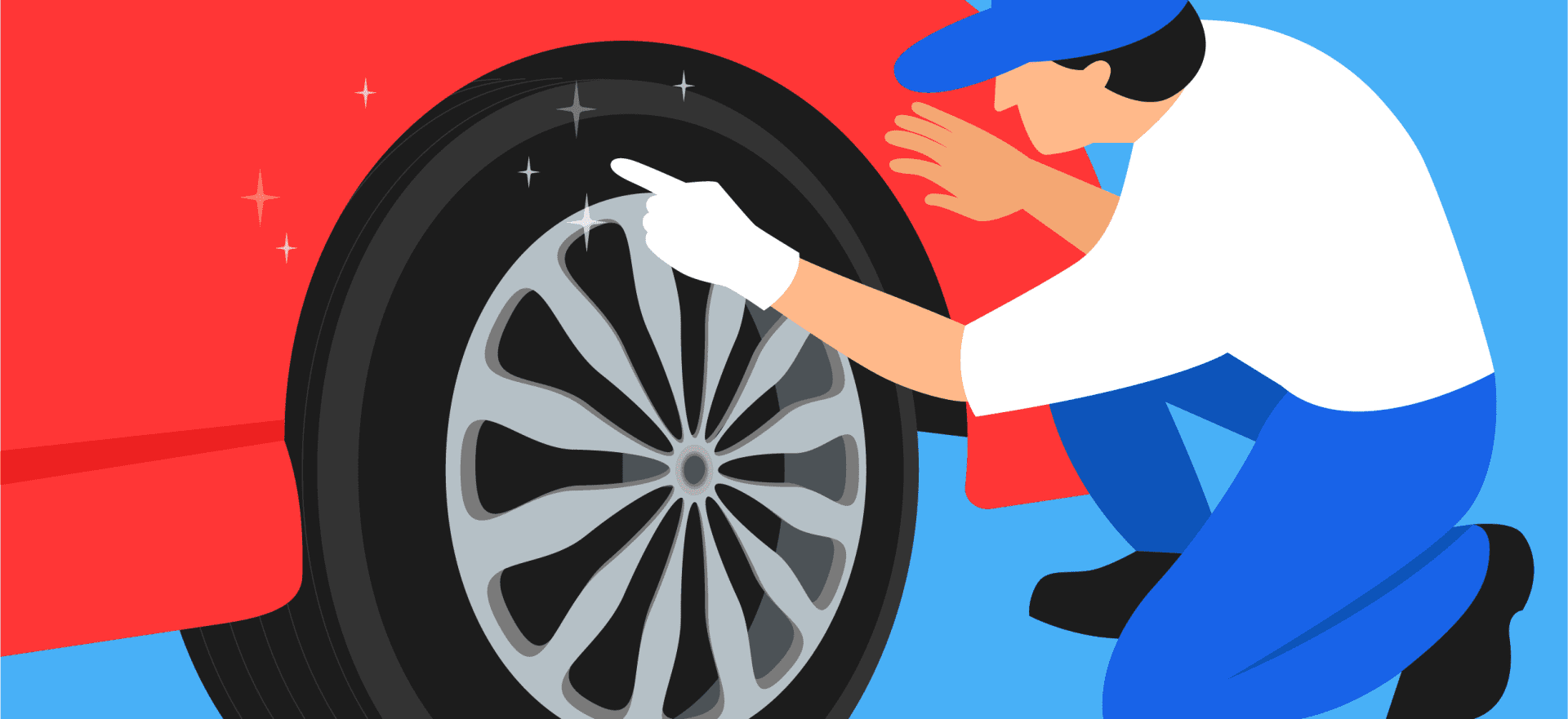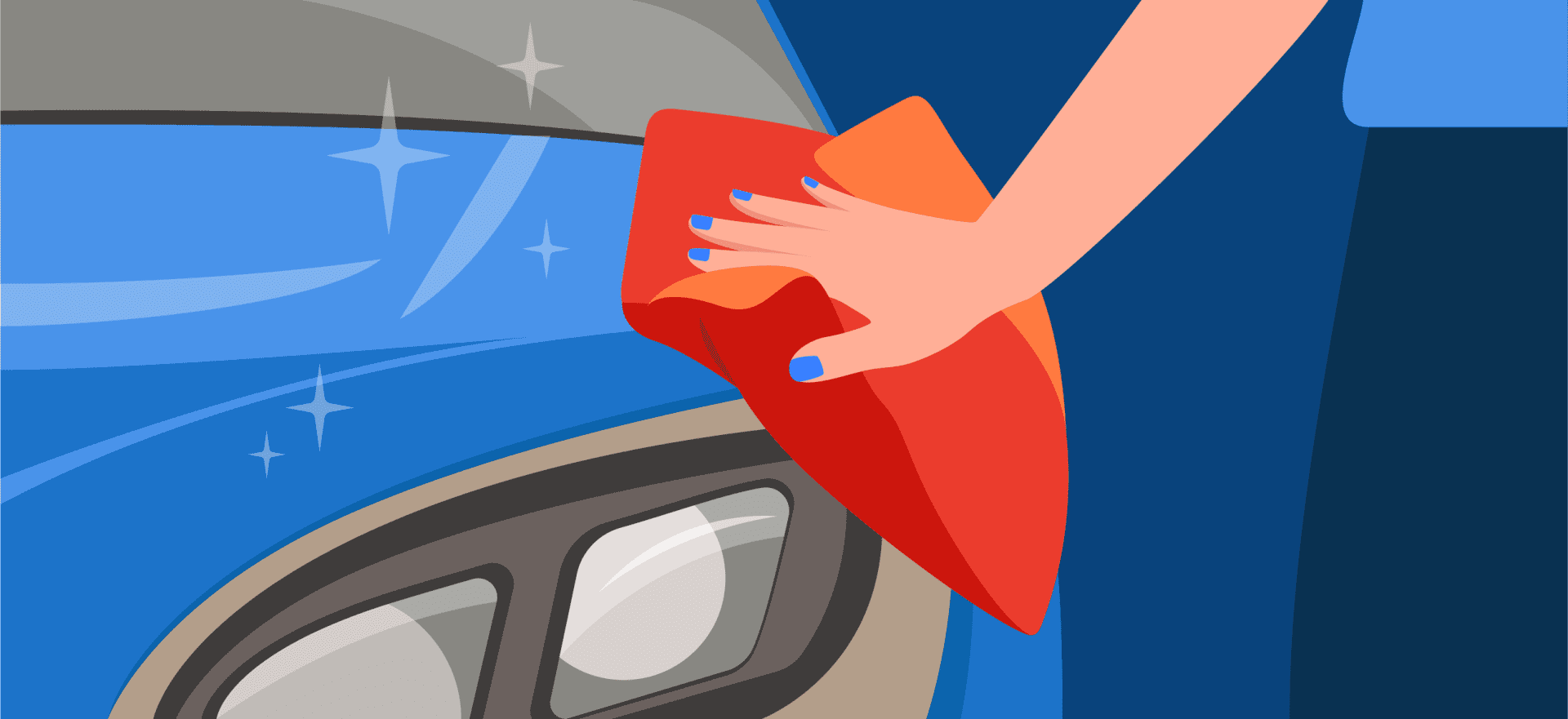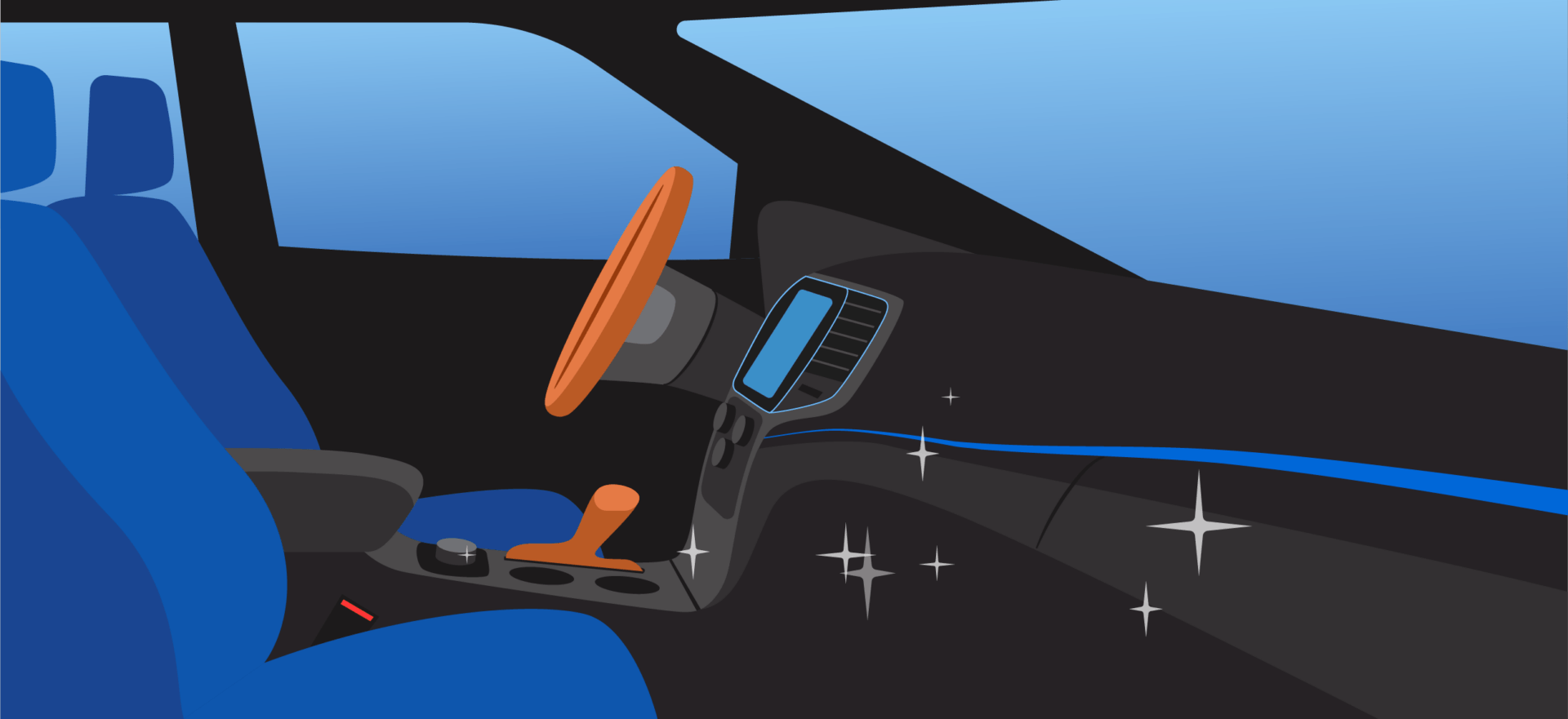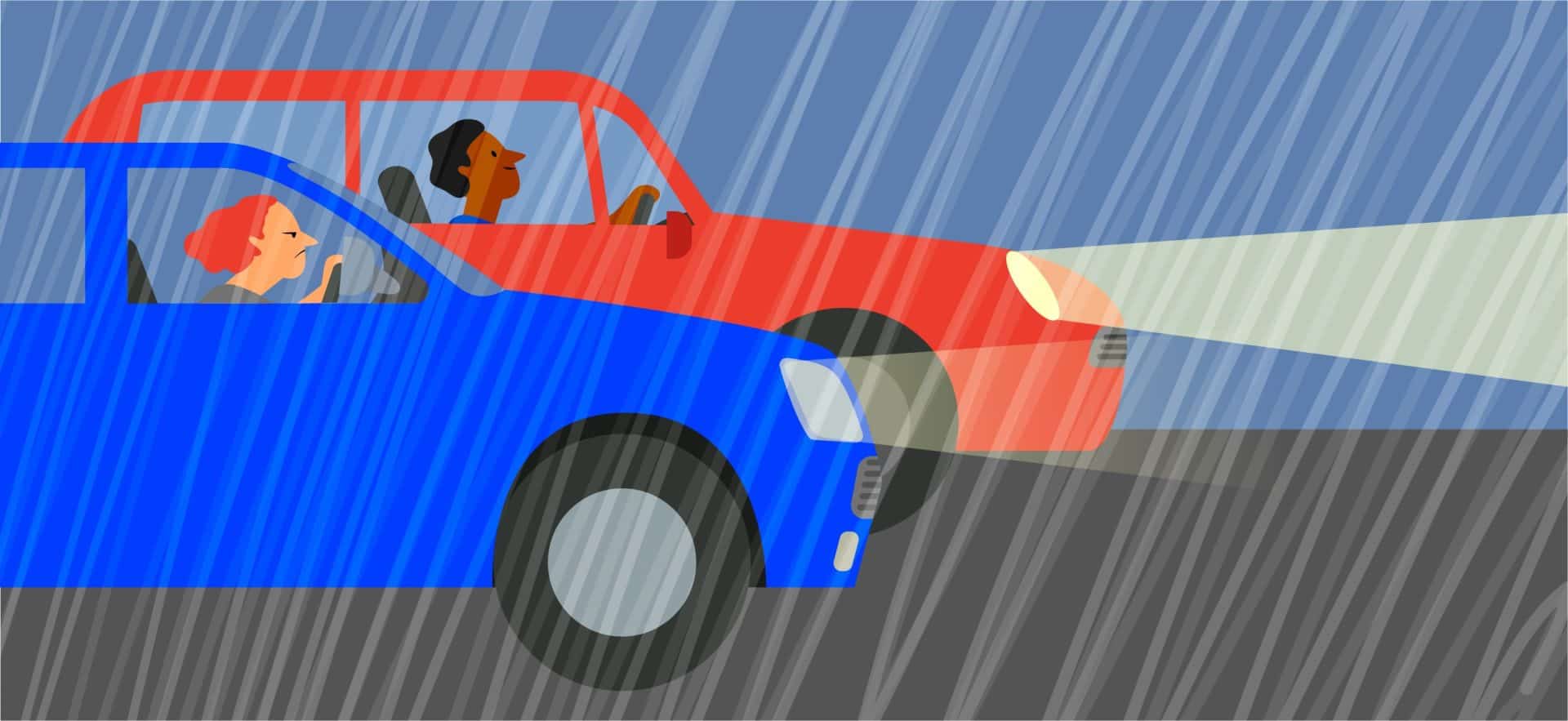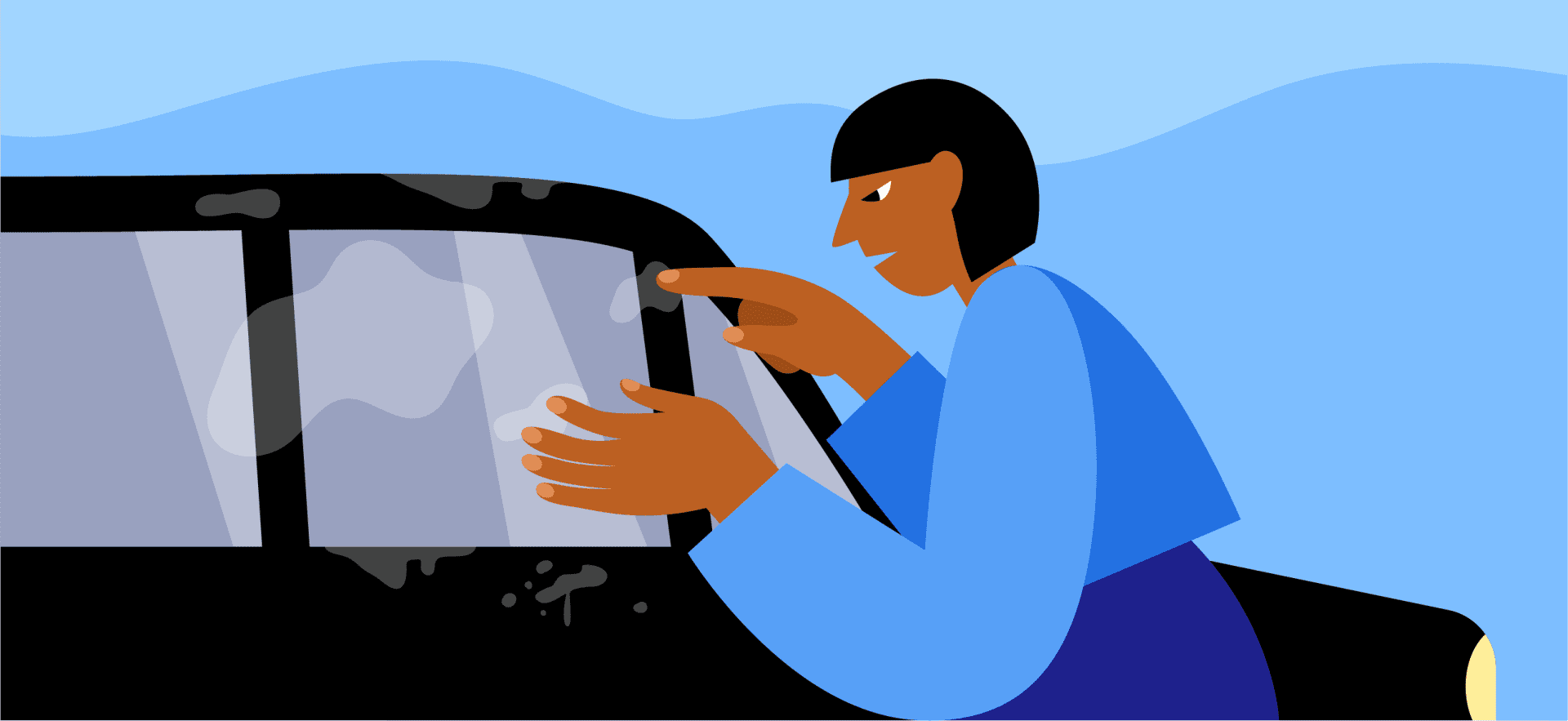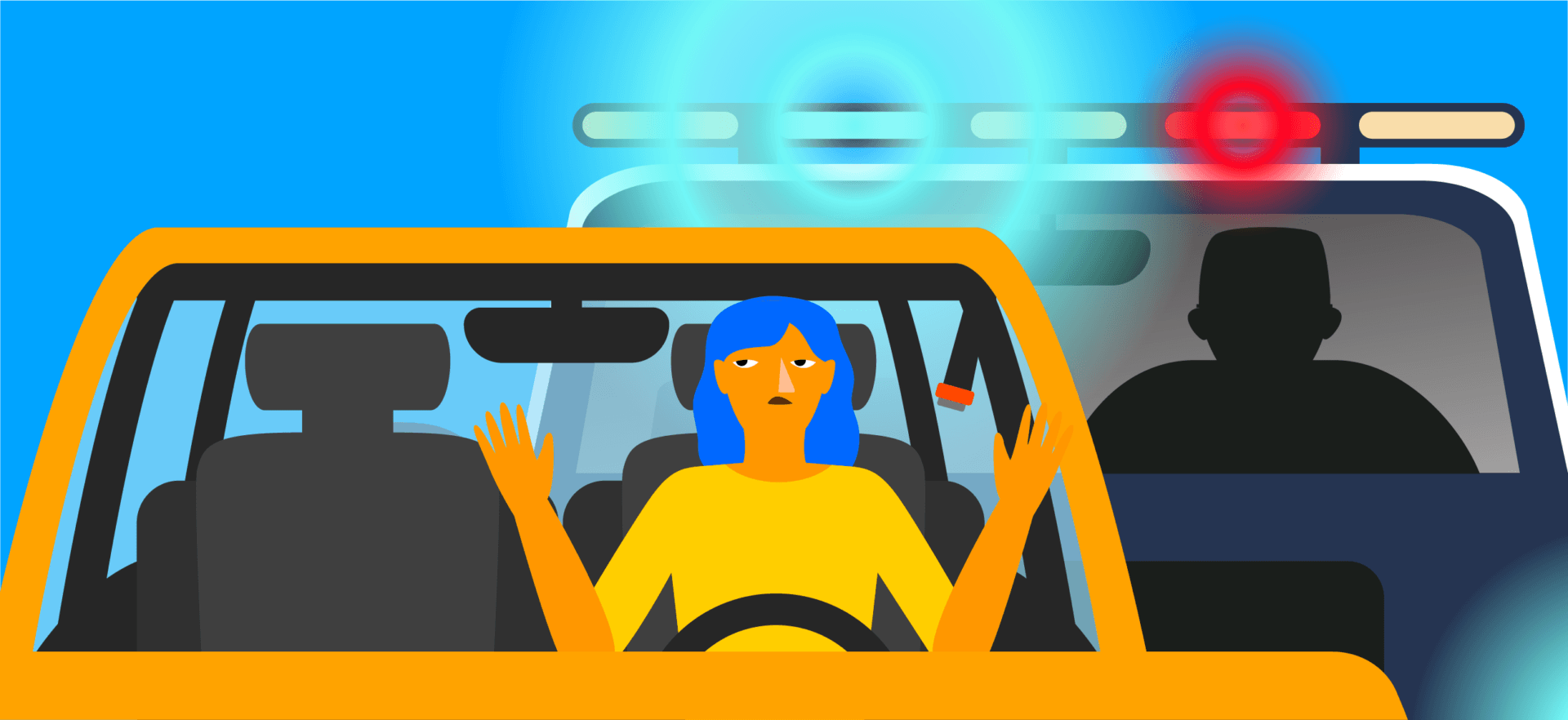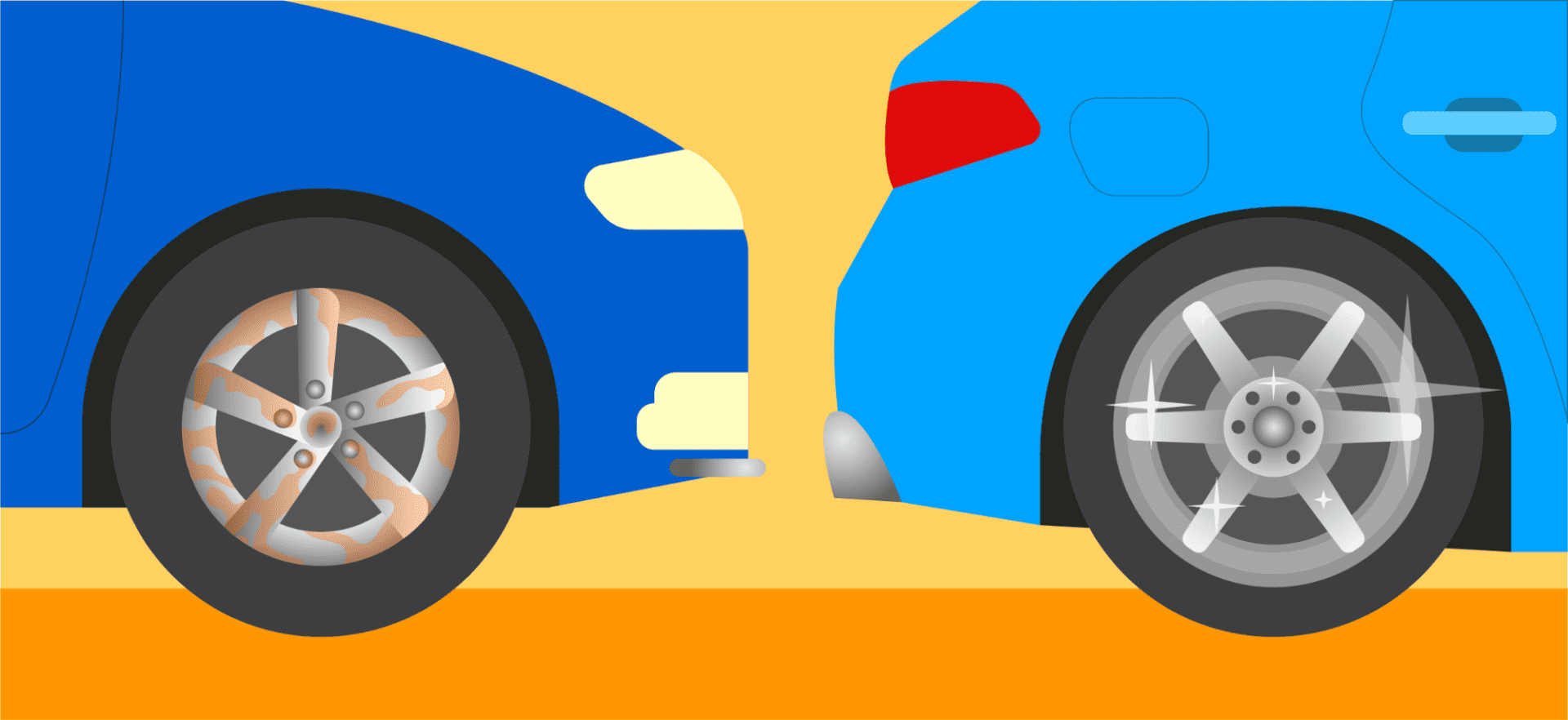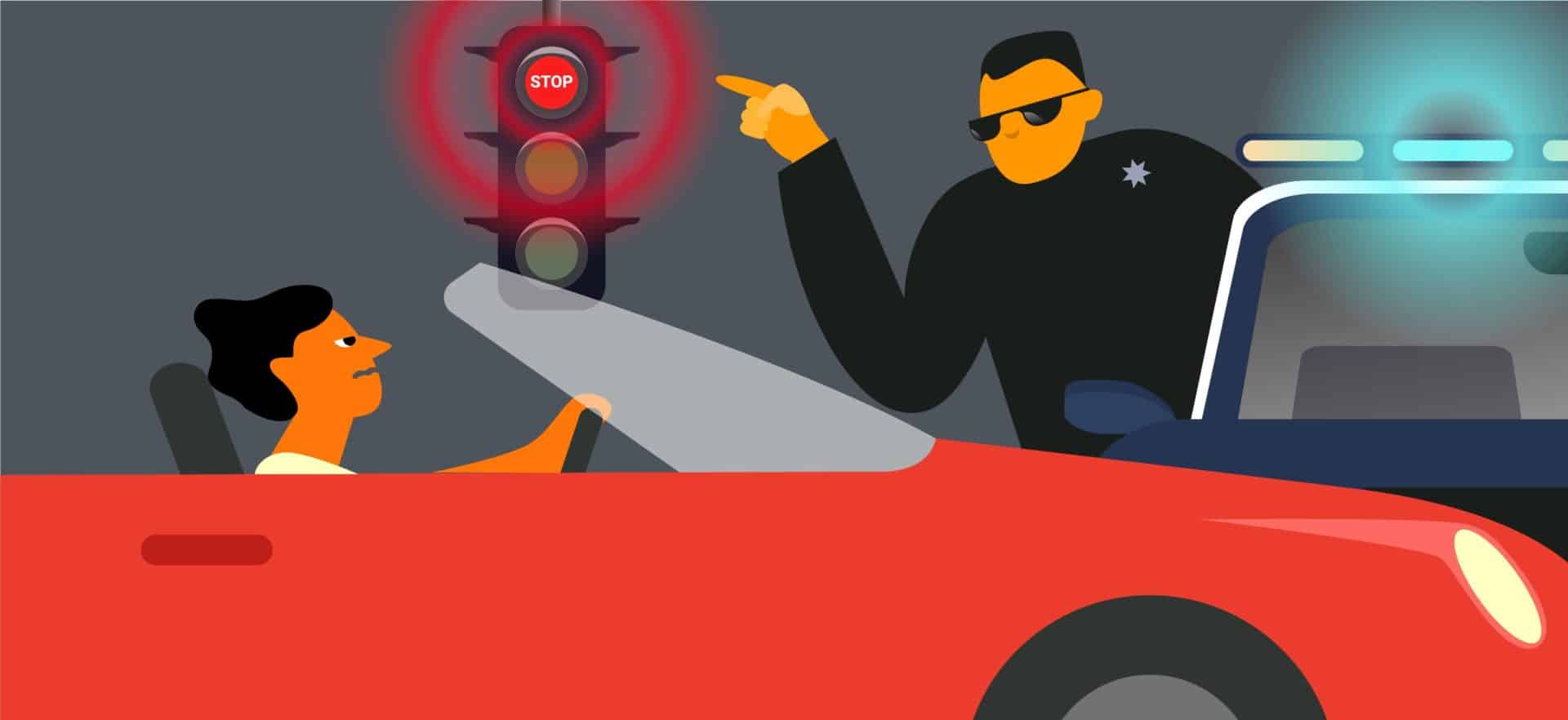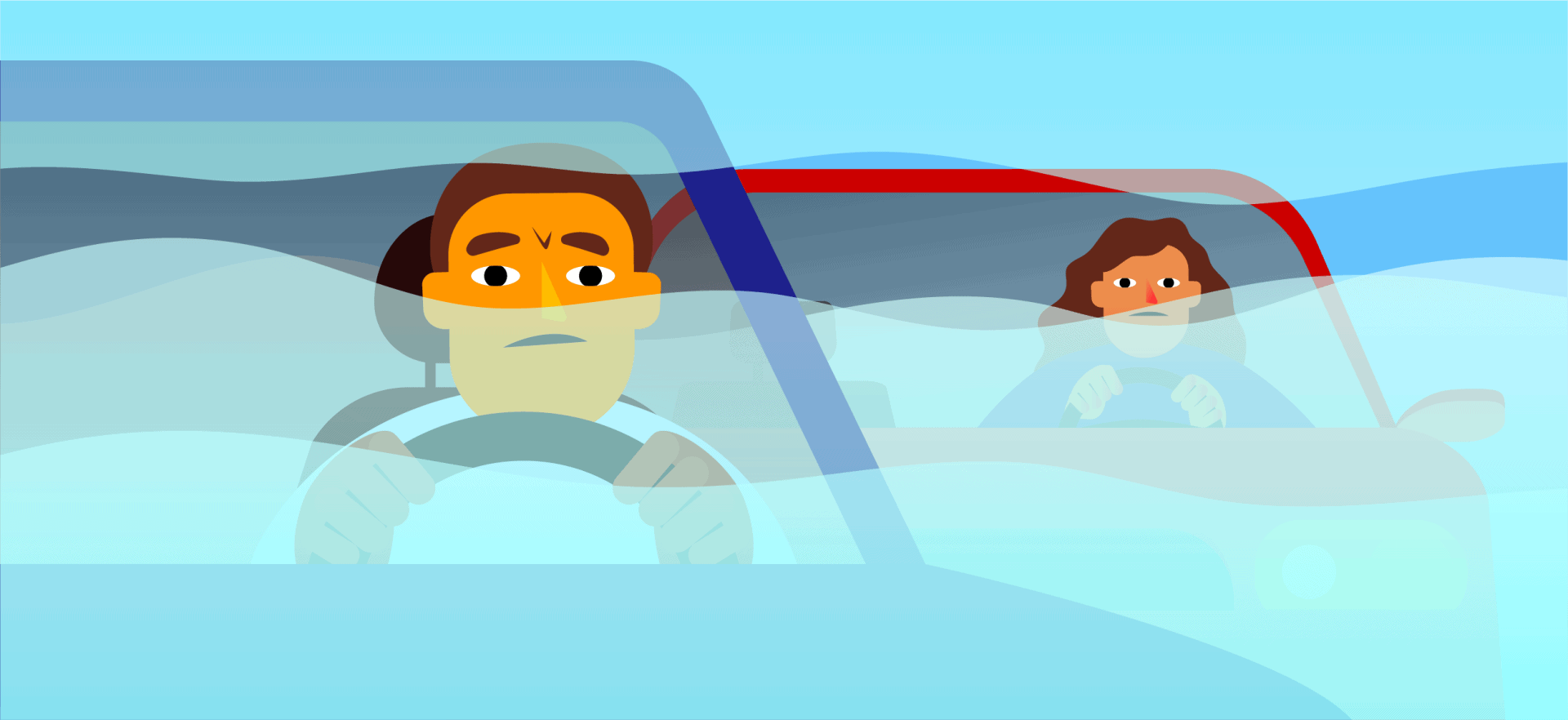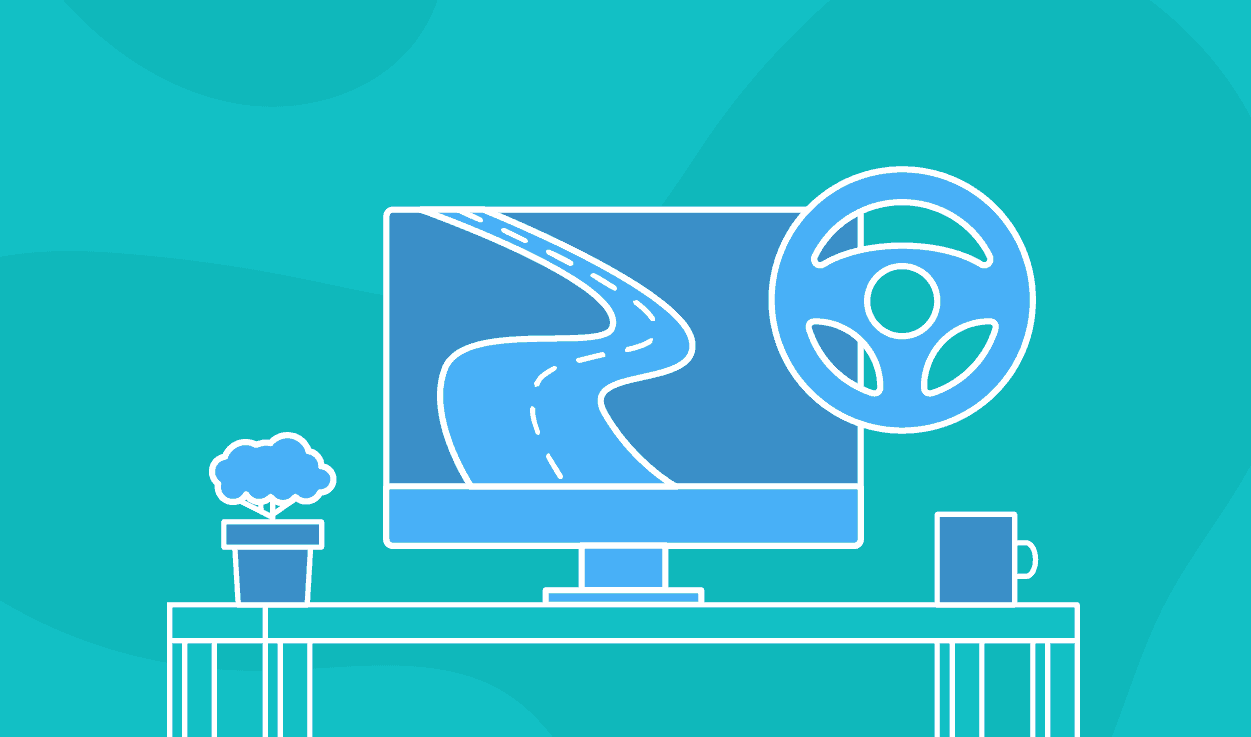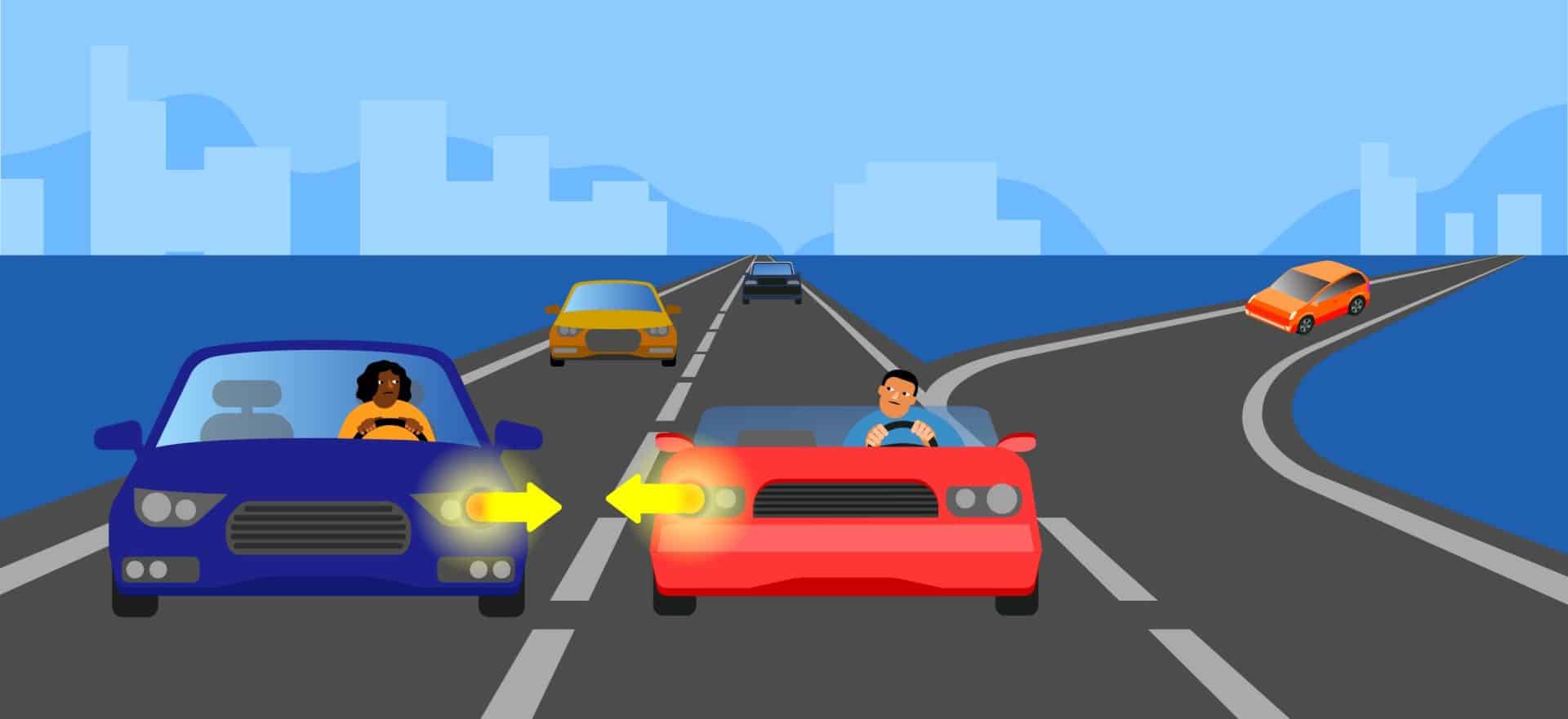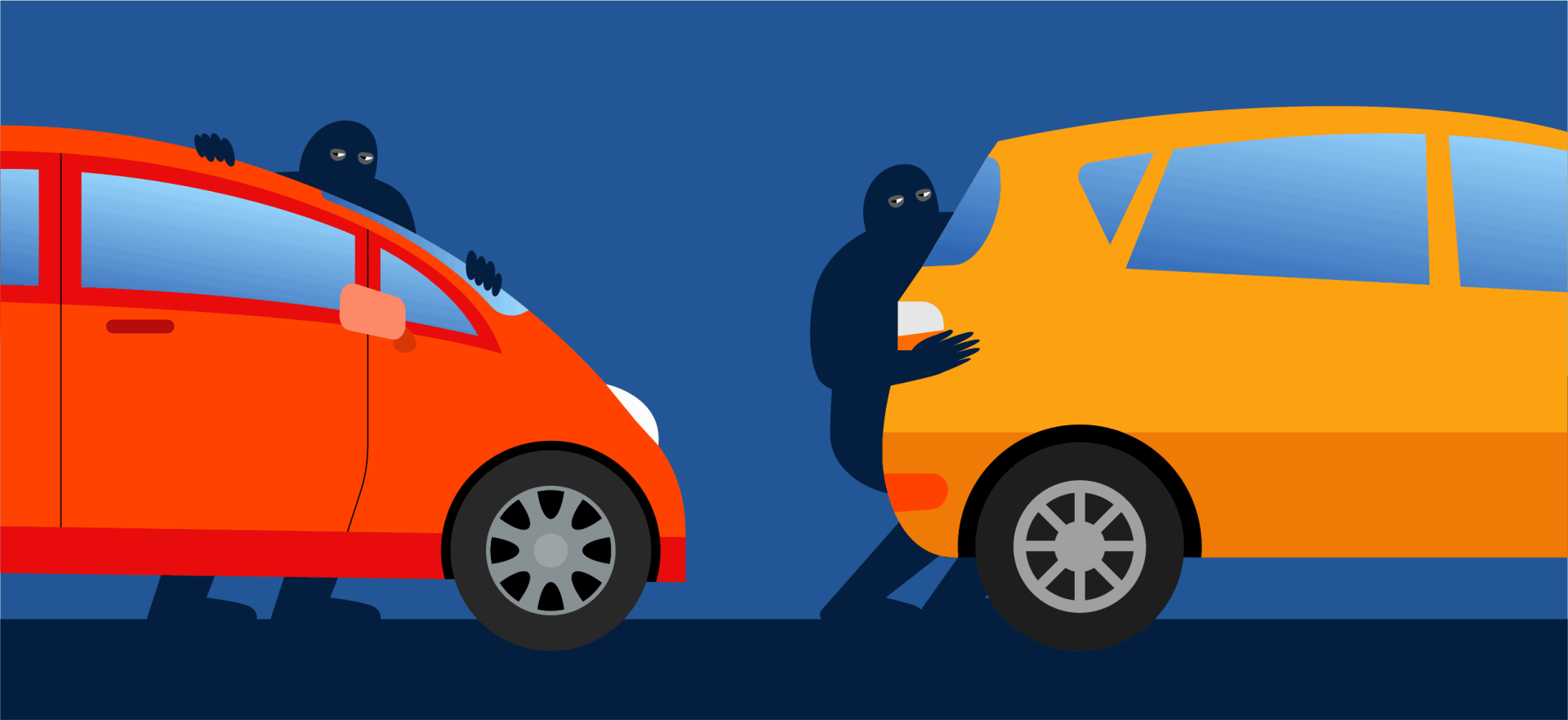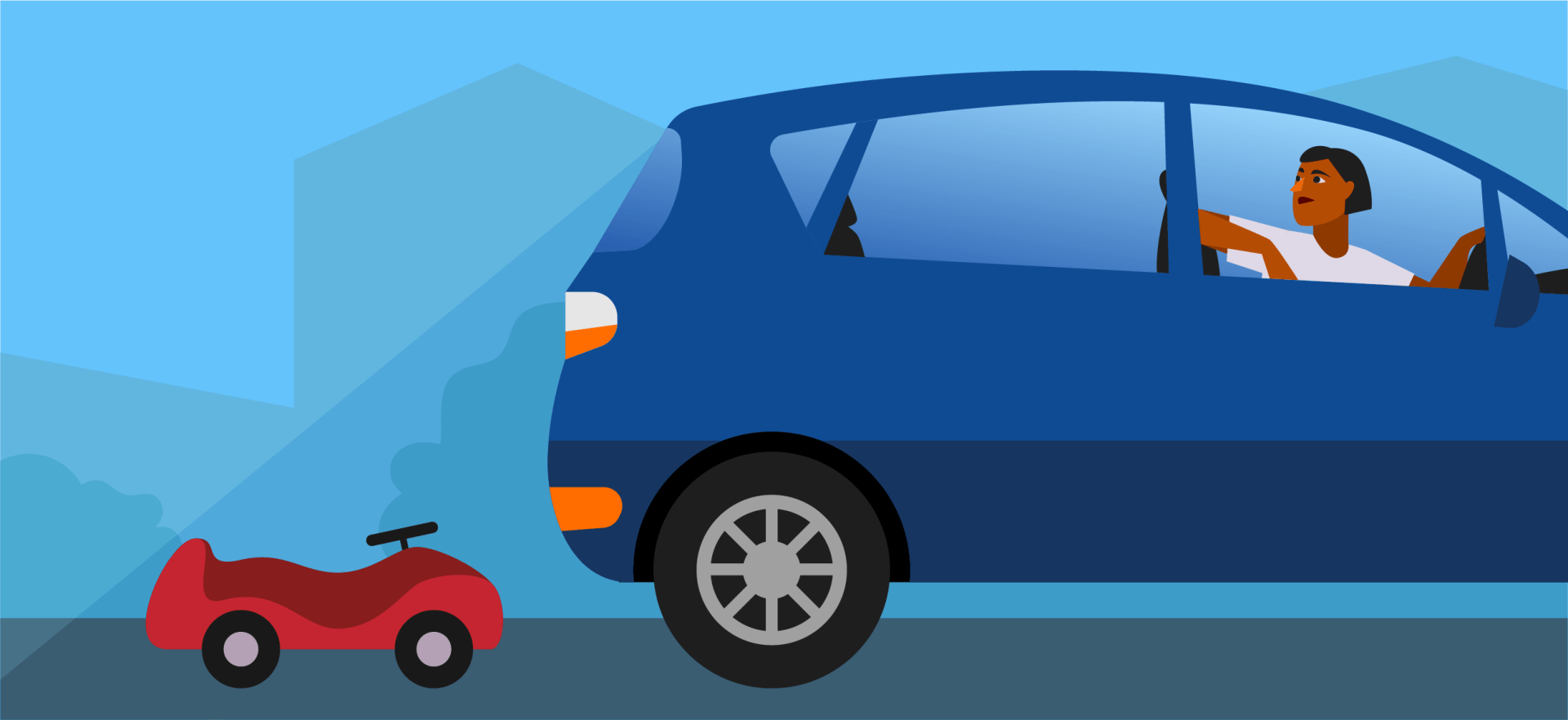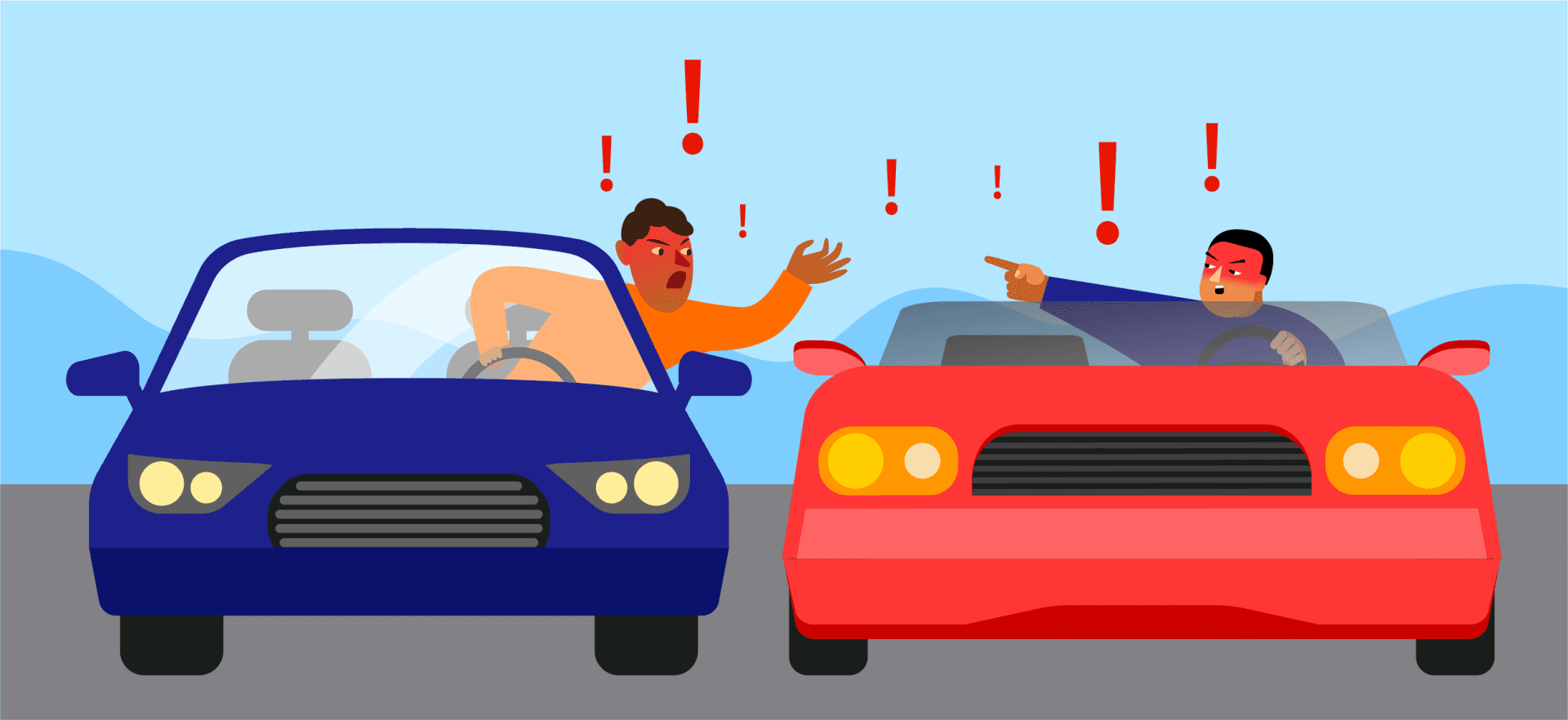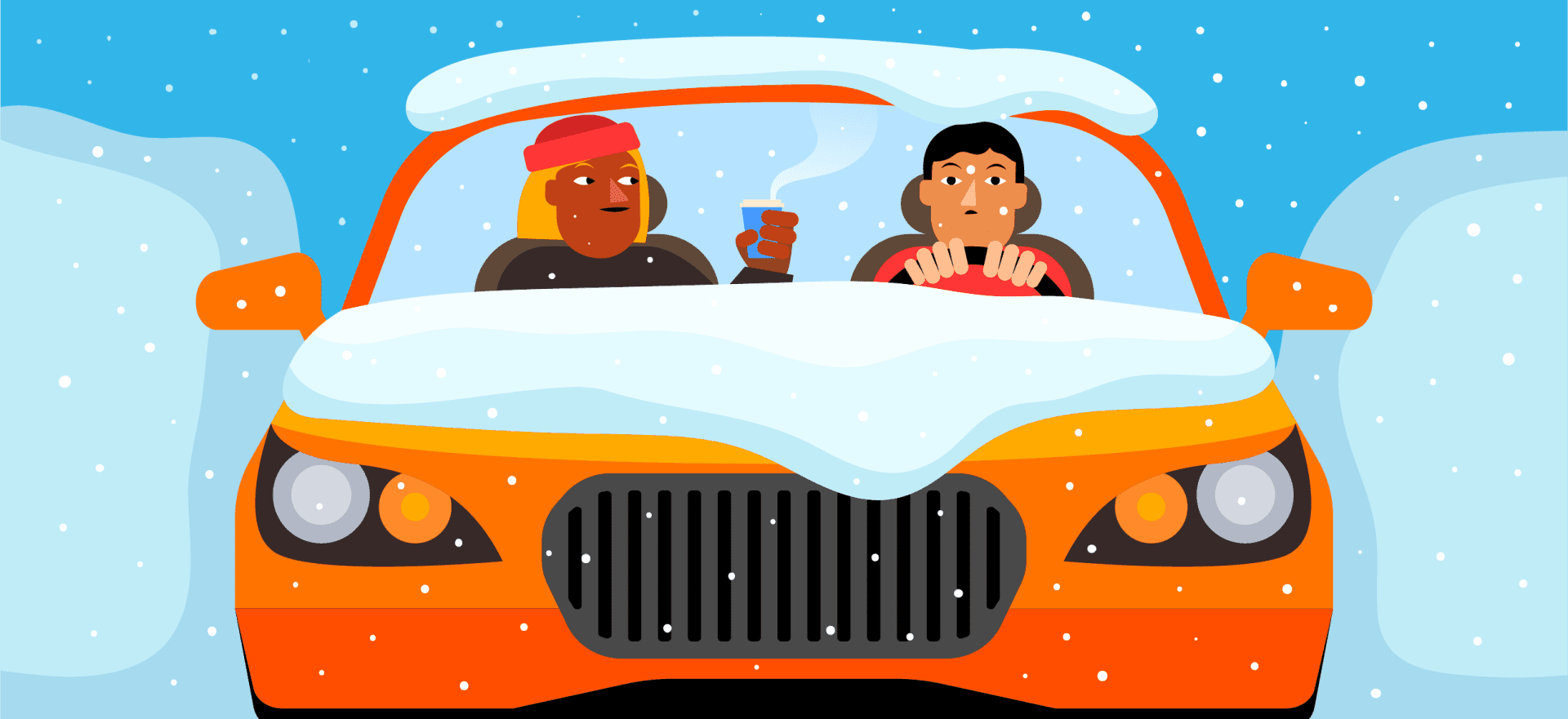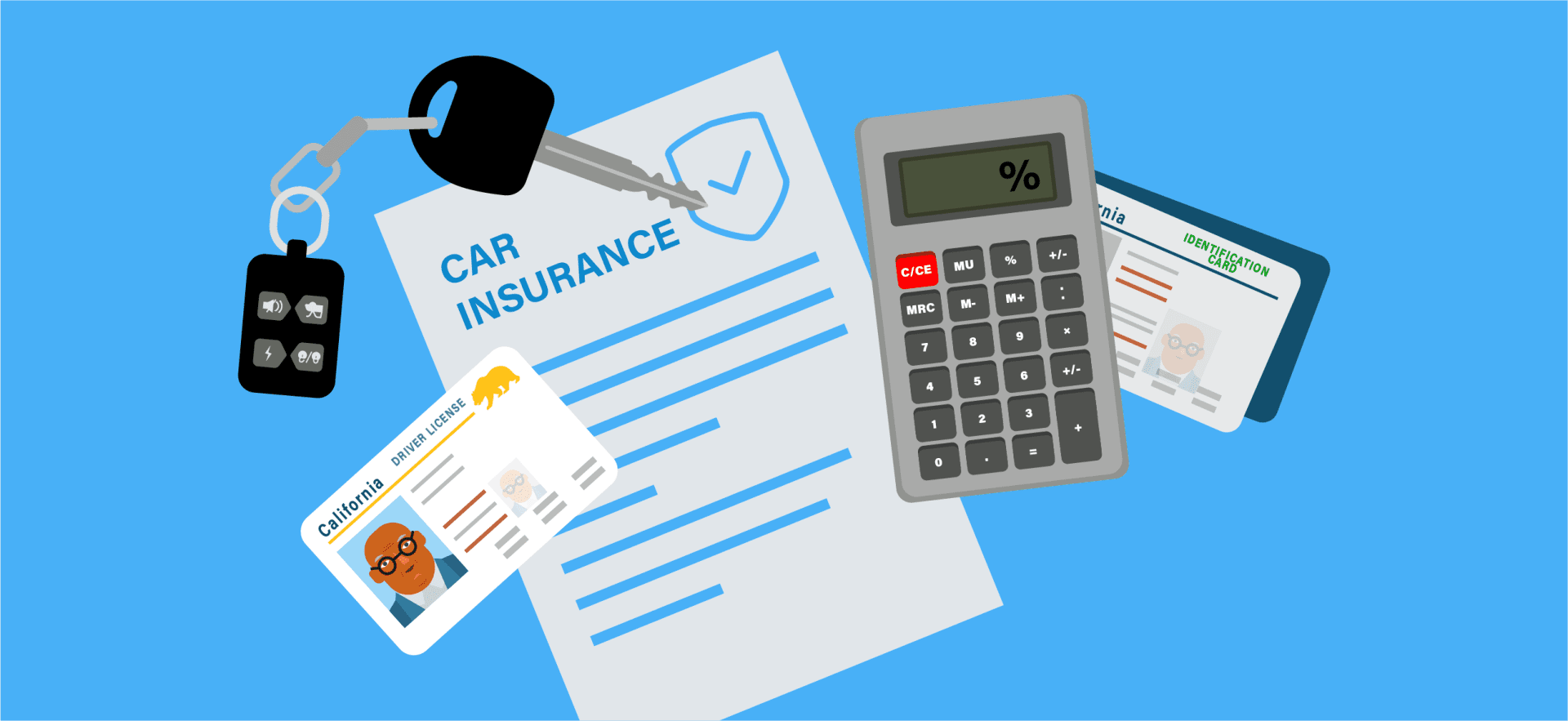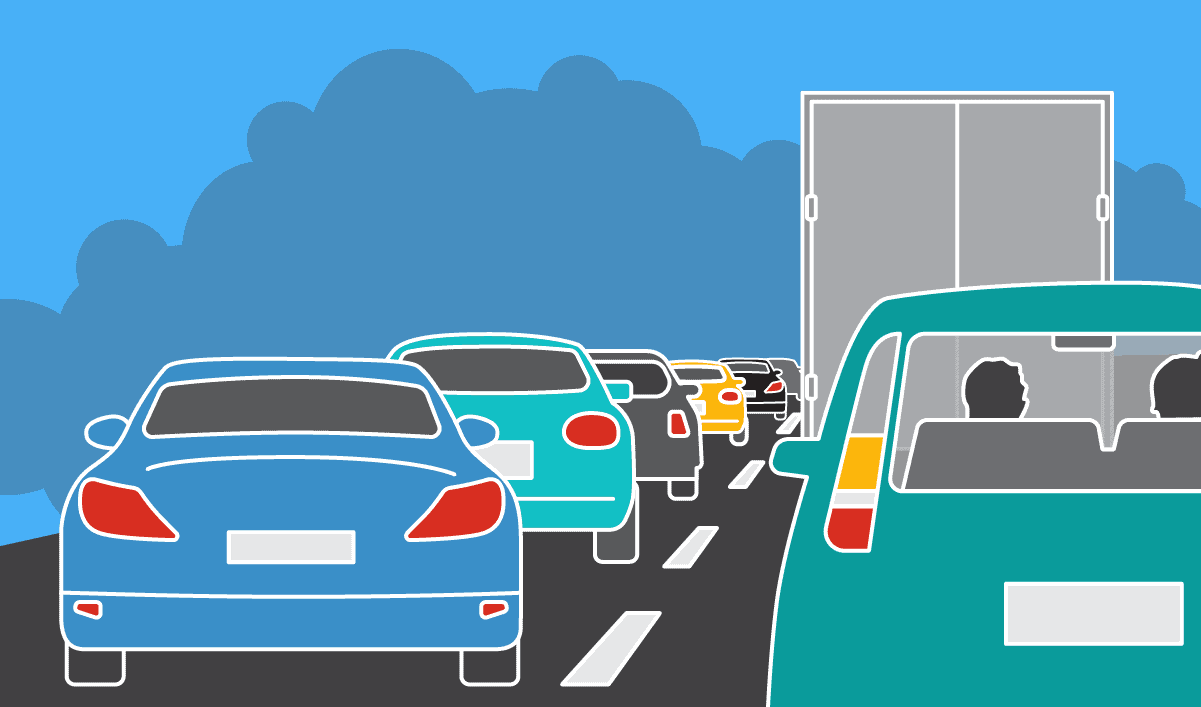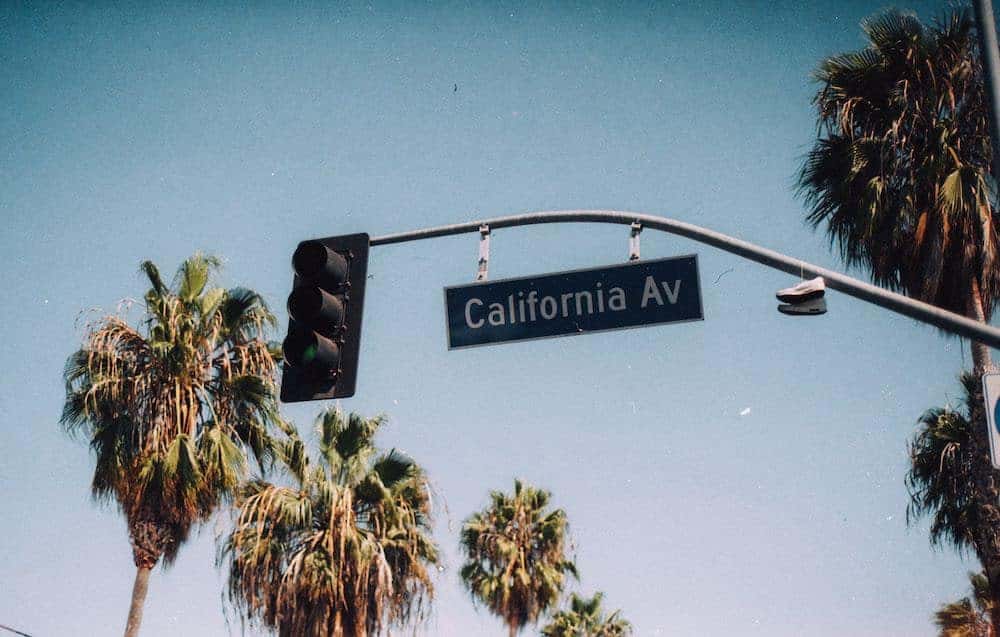Imagine driving to work when you realize you didn’t give priority to a pedestrian waiting to cross. Perhaps you were in a rush or thinking about our schedule for the day. While it’s true that you didn’t cause any harm, this kind of behavior is considered a legal offense.
In California, traffic offenses are classified as misdemeanors or infractions, depending on their severity. The latter are less serious than a misdemeanor but still carry legal consequences. Some misdemeanors can be treated as felonies, which usually result in jail time of at least one year.
What Are Misdemeanors and Infractions?
Traffic violations in California are classified as moving or non-moving, depending on whether the vehicle was in motion at the time of the offense. These can be further broken down into three categories:
- Infractions
- Misdemeanors
- Felonies
Infractions are minor offenses punishable by fines and penalty points. Unless you decide to fight the charges, there’s no need to go to court.
Misdemeanors are considered criminal offenses and may result in jail time, fines, or probation. They are more serious than an infraction but less severe than a felony.
For instance, driving without a valid license can lead to a $1,000 court fine and up to six months in jail. Under certain circumstances, this offense may be classified as an infraction, which eliminates the possibility of court probation or jail time.
In some cases, a misdemeanor can be treated as a felony and punished as such. For example, repeat DUI offenses may result in felony charges, resulting in jail time, license suspension, and hefty fines.

Traffic school can help you keep a clean driving record, prevent insurance increases, and more!
Severity and Punishment
Misdemeanors and infractions vary in severity based on a number of factors, including:
- Nature of the violation
- Potential for harm
- Previous record
- Aggravating factors
- Mitigation factors
- Impact and circumstances
- Jurisdictional laws
For example, certain circumstances may aggravate the severity of a traffic offense, such as causing an accident with victims because of speeding.
Most speeding violations are classified as infractions. But they may be treated as misdemeanors if a driver goes well over the speed limit. The same can happen when speeding in a school zone.
Infractions are the least severe offenses, and they don’t result in a criminal record or jail time. However, the total fine can exceed $200. Drivers charged for littering may also receive community work, which usually involves picking up the trash.
As discussed earlier, misdemeanors are more severe than infractions and, therefore, may result in a criminal record and other penalties. The maximum punishment is up to 364 days in county jail and a court fine of up to $1,000.
These criminal offenses can be classified into two categories:
- Standard misdemeanors, which are punishable by up to six months of jail time and/or court fines
- Gross misdemeanors, which can result in up to 364 days of jail time and/or court fines
For instance, reckless driving is considered a standard misdemeanor and punishable by five to 90 days of jail time and/or a court fine of $145 to $1,000.

But if this behavior leads to bodily injury or property damage, it may be classified as a gross misdemeanor and result in additional charges.
What Is Considered a Misdemeanor in California?
Misdemeanor offenses range from driving without a license to DUI and reckless driving. Let’s see a few examples:
- Driving with a suspended or revoked license
- Driving without having car insurance
- Driving without a valid vehicle registration
- Leaving the scene of an accident that resulted in physical injuries or property damage (hit and run)
- Speeding while under the influence
- Evading a police officer
- Vehicular manslaughter
- Street racing
These misdemeanors carry different penalties, depending on their severity.
For instance, driving with a suspended or revoked license is punishable by five days to six months of jail time plus a fine of $300 to $1,000 upon a first conviction. If you repeat the offense within five years, you may receive 10 days to one year of jail time and a court fine of $500 to $2,000.
More serious offenses, such as vehicular manslaughter without gross negligence, can result in up to one year of jail time and a fine of up to $1,000.
However, punishment depends on your prior criminal record, whether you were under the influence, and the degree of negligence involved.
Let’s say a man hits a pedestrian while driving and talking on the phone. The pedestrian died shortly after.
The driver acted with gross negligence, and, therefore, prosecutors will press felony charges. These may include a substantial fine, up to six years in state prison, license suspension, and restitution to the victim’s family. The latter is separate from any criminal fines imposed by the court.
In this example, the misdemeanor is elevated to a felony. If the man in question had driven the car safely and hit a pedestrian who jumped in front of it, the punishment would have been less severe.
You can learn more about the laws around pedestrian safety in CVC 21950 Failure to Yield to a Pedestrian.

What’s Considered an Infraction under California Law?
Most infractions are considered petty crimes and include common traffic violations, such as:
- Tailgating
- Not wearing a seatbelt
- Failure to signal when necessary (e.g., when changing lanes)
- Failure to stop at a red light
- Driving while using a cellphone
- Crossing a divided highway
- Running a stop sign or failure to follow other road signs
- Driving over the speed limit
- Exceeding parking time limits
- Parking on sidewalks
- Driving with a broken headlight
- Illegal U-turns
- HOV lane violations
For example, getting a speeding ticket in California can result in one or two penalty points and a fine of $35 to $200. In some cases, speeding 26 mph over the limit could lead to a fine of $440 or higher.
Speeding tickets also stay on your driving record for three years and may increase your insurance rates by 14% to 34% or higher.
Another thing to keep in mind is that the points on your license add up. With a few exceptions, even minor offenses like a red light camera ticket or texting while driving can result in penalty points and get your license suspended.
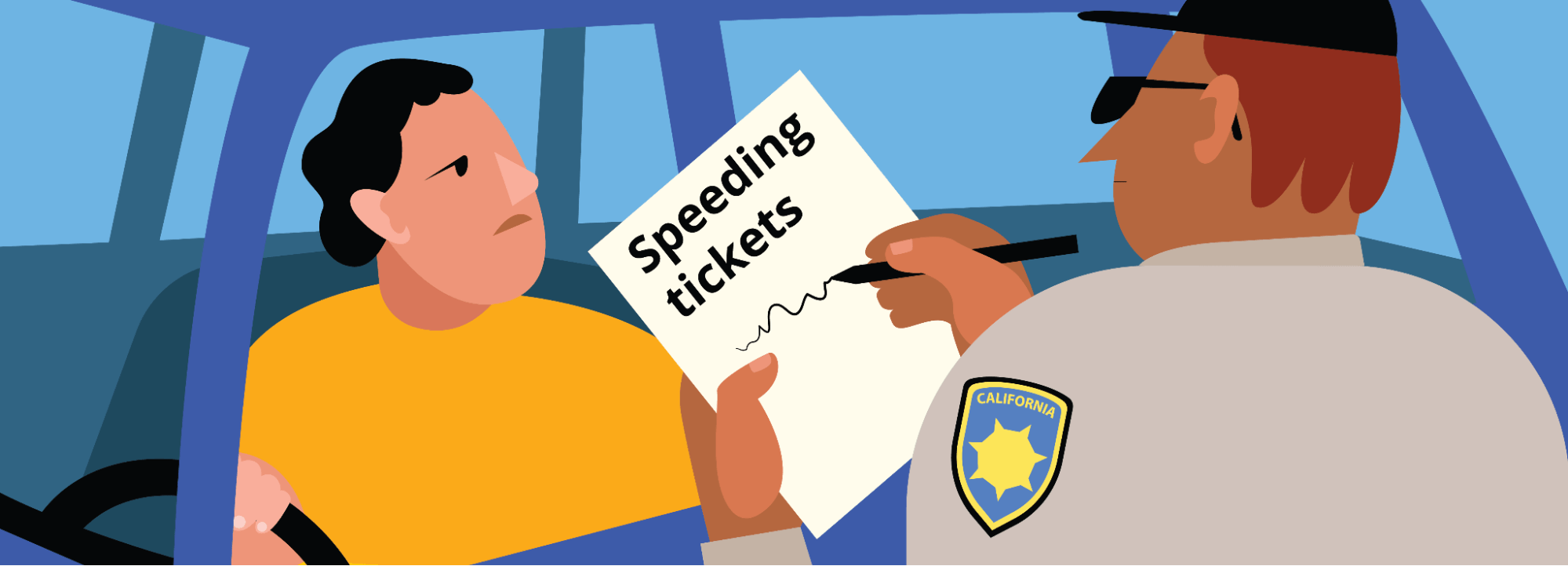
Parking tickets, on the other hand, don’t appear on your California driving record. Therefore, they won’t affect your insurance premiums. But even so, you may still have to pay a fine of $25 to $825, depending on the severity of the offense.
For instance, parking in a bus zone in San Diego, California, can result in a $277.50 fine. Generally, disabled parking violations carry the highest penalties.
Read: Is It Illegal to Drive Barefoot?
Legal Process and Rights
Most states, including California, treat infractions as civil offenses. These violations are handled by the Traffic Department and don’t require going to court.
By comparison, misdemeanors are considered criminal offenses and involve a more complex legal process. These offenses fall under criminal court jurisdiction.
What Happens If You’re Accused of an Infraction?
If you’re charged with an infraction, the law enforcement officer will issue a traffic citation, or ticket and tell you what you did wrong. After that, you’ll have to pay a fine. Drivers caught by a speed camera may receive the ticket by mail.
Moving forward, you can pay the fine before the due date listed at the bottom of your ticket or contest it by pleading not guilty. Let’s see what each option entails:
- Pay the fine: If you go this route, you won’t have to go to court. The downside is that it means you admit your guilt, so the points will go on your record.
- Plead guilty and go to traffic school: In some cases, you may be better off paying the fine and pleading guilty. The court may allow you to go to traffic school, which would mask one point from one record. As a result, the offense won’t raise your insurance rates.
- Contest the citation: A driver who believes he’s not guilty and has the means to prove it can challenge the citation in traffic court. This involves requesting a court date and presenting your case before a judge.
If you go to court and you’re found guilty, the judge will impose a fine. Additionally, any points associated with your ticket will appear on your record. In some cases, the court may allow drivers to attend driving school, which would keep the points off their records.
Paying the fine is cheaper and less time-consuming than challenging the citation, but you’ll end up with extra points on your record.
However, it makes sense to go to court if you have enough evidence to support your case. For example, someone accused of running a stop sign may present photos of a tree blocking the stop sign to prove his innocence.
With this option, you may hire a traffic lawyer and have the right to a speedy trial.
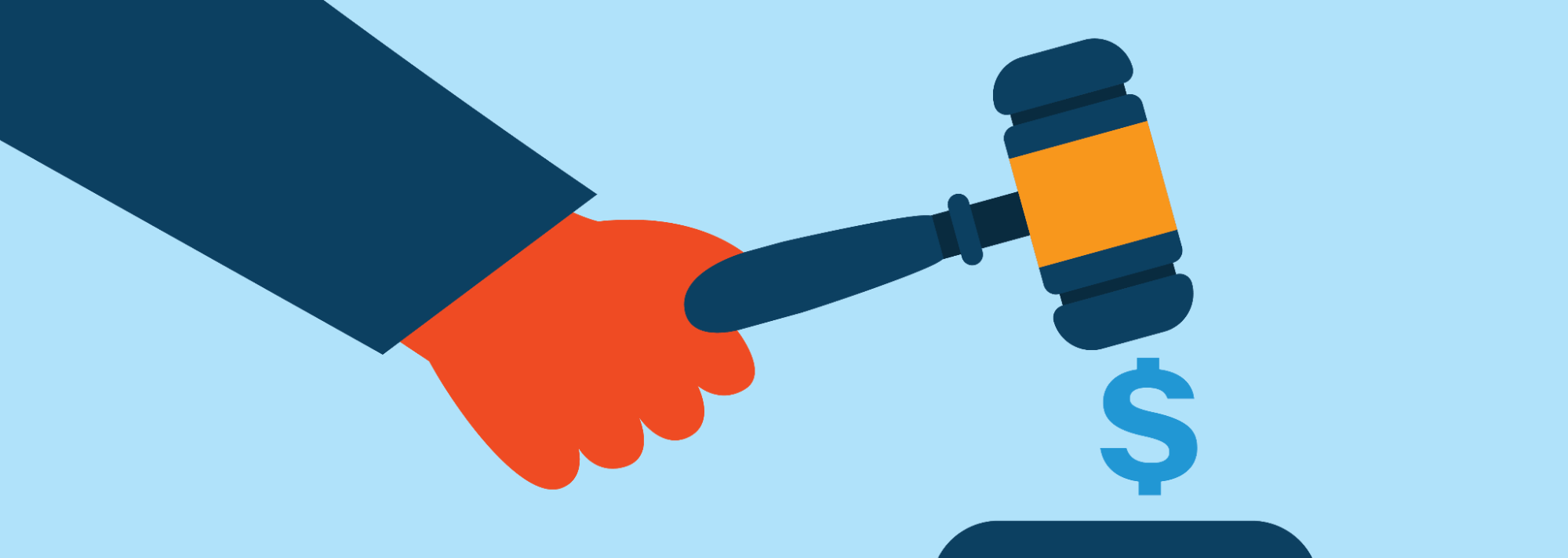
What Happens If You’re Accused of a Misdemeanor?
Drivers charged with misdemeanors are usually taken into custody, depending on the nature of their offense.
For example, driving without insurance in California is punishable by a $360 to $720 fine and a one-year license suspension. The police officer may also impound your vehicle and, in some cases, impose jail time.
However, the exact punishment depends on the circumstances. If you have a clean driving record, you’re unlikely to face jail time for driving while uninsured (unless you get involved in a car accident). Chances are, you won’t be taken into custody either.
More serious misdemeanors, like hit-and-run incidents, may result in arrest and jail time. Defendants have the right to a court or jury trial and:
- A court-appointed lawyer
- A speedy trial within 45 days of being brought to court to enter a plea
- The right to confront the witnesses against him
- The right to testify on their own behalf
- The right to make an appeal within 30 days of their sentencing
In such cases, the accused person must appear in court, enter a plea, and attend pre-trial hearings to discuss his case and negotiate over potential plea bargains. If the case proceeds to trial, both sides (the defense and the prosecution) will present their arguments and call witnesses. If you don’t appear in court, you can also be charged with Failure to Appear.

A judge or jury will review the evidence and make a verdict. Sentencing may include jail time, community service, jail time, or fines. The defendant may also need to attend DUI classes if he was caught driving under the influence of alcohol or drugs.
Can You Expunge Traffic Violations in California?
Both infractions and misdemeanors can result in driver’s license points, which stay on your record for three to 13 years.
Single-point offenses, such as minor speeding tickets, are cleared after 39 months but can still add up over time. Therefore, they can affect your insurance rates and increase the odds of having your license suspended.
On the positive side, some charges on your record may get cleared, or expunged, through a court-ordered process. This option is usually available to drivers who meet the following requirements:
- They completed their probation
- Paid their fines and restitution
- Are not currently facing other charges
- Have undergone a waiting period following the offense
In California and some other states, drivers can only expunge criminal convictions and more serious misdemeanors, such as reckless driving. Basically, you cannot expunge a traffic ticket, but you may get a DUI conviction cleared from your criminal record.
The thing is, misdemeanors and other more serious traffic violations appear on your driving record and create a criminal record.
If you file for expungement, these violations may be cleared from your criminal record (show up as a dismissed case), but not from your driving record. The advantage of clearing your criminal record is that it can make it easier to find a job, get a loan, or rent a house.
A criminal record can limit your legal rights and career prospects. For example, you may not be able to work as a real estate agent, insurance broker, psychologist, or pharmacist. Your personal life may suffer, too. If you’re fighting for child custody, your criminal record might work against you.
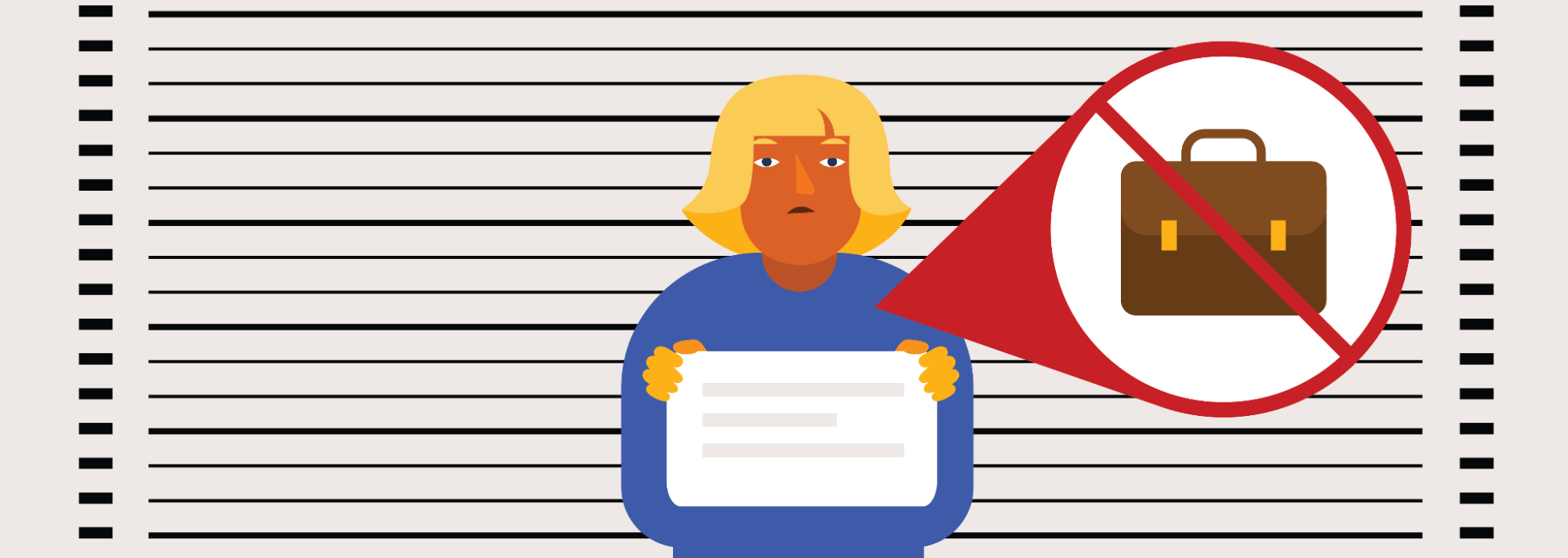
As far as your driving record goes, it’s possible to lessen the impact of minor offenses by attending traffic school. But first, make sure you meet the eligibility requirements.
Infractions vs. Misdemeanors: Key Differences and Similarities
Infractions and misdemeanors differ in severity, with the latter being more serious. However, they share a couple of similarities—and some aspects may overlap.
For starters, both types of offenses can result in fines and driver’s license points. Therefore, they may impact your driving record and could lead to a license suspension.
In both cases, you have the right to seek legal representation and go to court. Additionally, defendants may be offered a plea bargain, regardless of whether they committed an infraction or misdemeanor.
Now let’s recap the differences between the two:
| Infractions | Misdemeanors |
| Civil offenses | Criminal offenses |
| May result in a fine and/or penalty points | May result in a fine, penalty points, probation, jail time, license suspension, or restitution; the fines are typically higher. |
| Handled by the traffic court | Fall under criminal court jurisdiction |
| Don’t require going to court | Requires court appearance |
| Defendants are not assigned a court-appointed lawyer | Defendants have the right to a court-appointed lawyer |
| Don’t lead to a criminal record | Show up on your criminal record |
| Infractions are not criminal offenses and, therefore, don’t qualify for expungement (in California) | Some misdemeanors can be expunged from your criminal record, but not from your driving record |
| Have less severe consequences, such as an increase in auto insurance rates | Have more serious consequences, such as a criminal record, imprisonment, community service, mandatory classes or counseling (e.g., DUI education programs), and the possibility of a driver’s license suspension or revocation. |
At the end of the day, both infractions and misdemeanors are traffic offenses and can affect your driving record. The best thing you can do is take preventive measures and pay full attention to the road.
Remember that every second matters when you’re behind the wheel. It takes just one moment of distraction to hit another car or a pedestrian or make a move that could cost your life.

